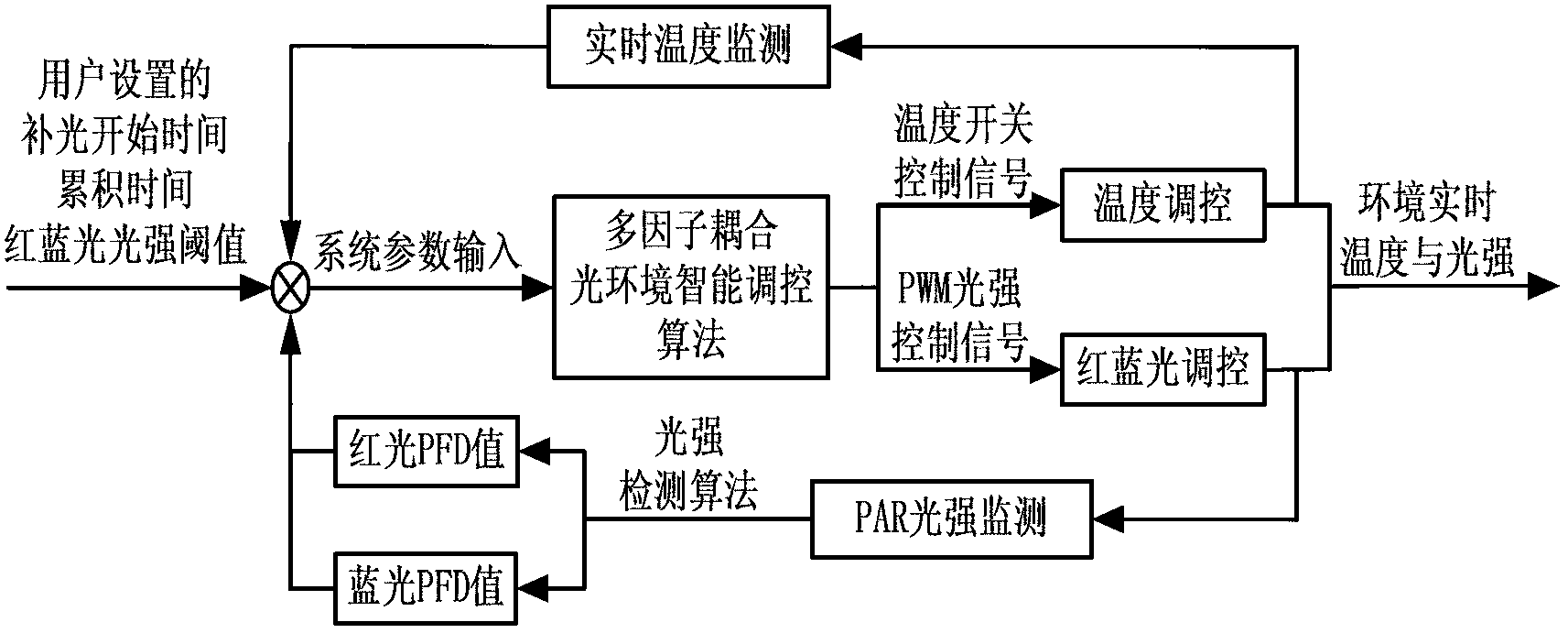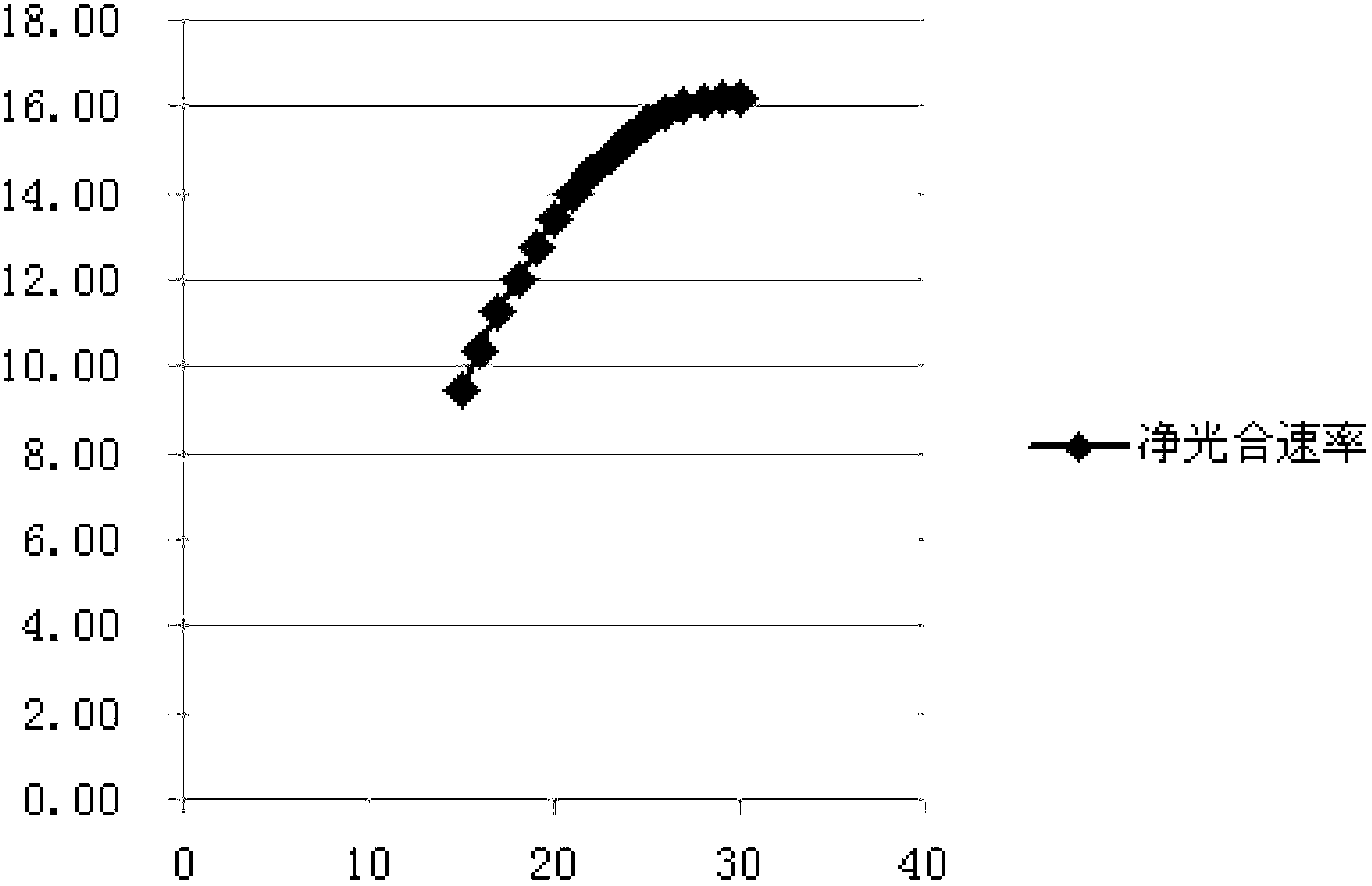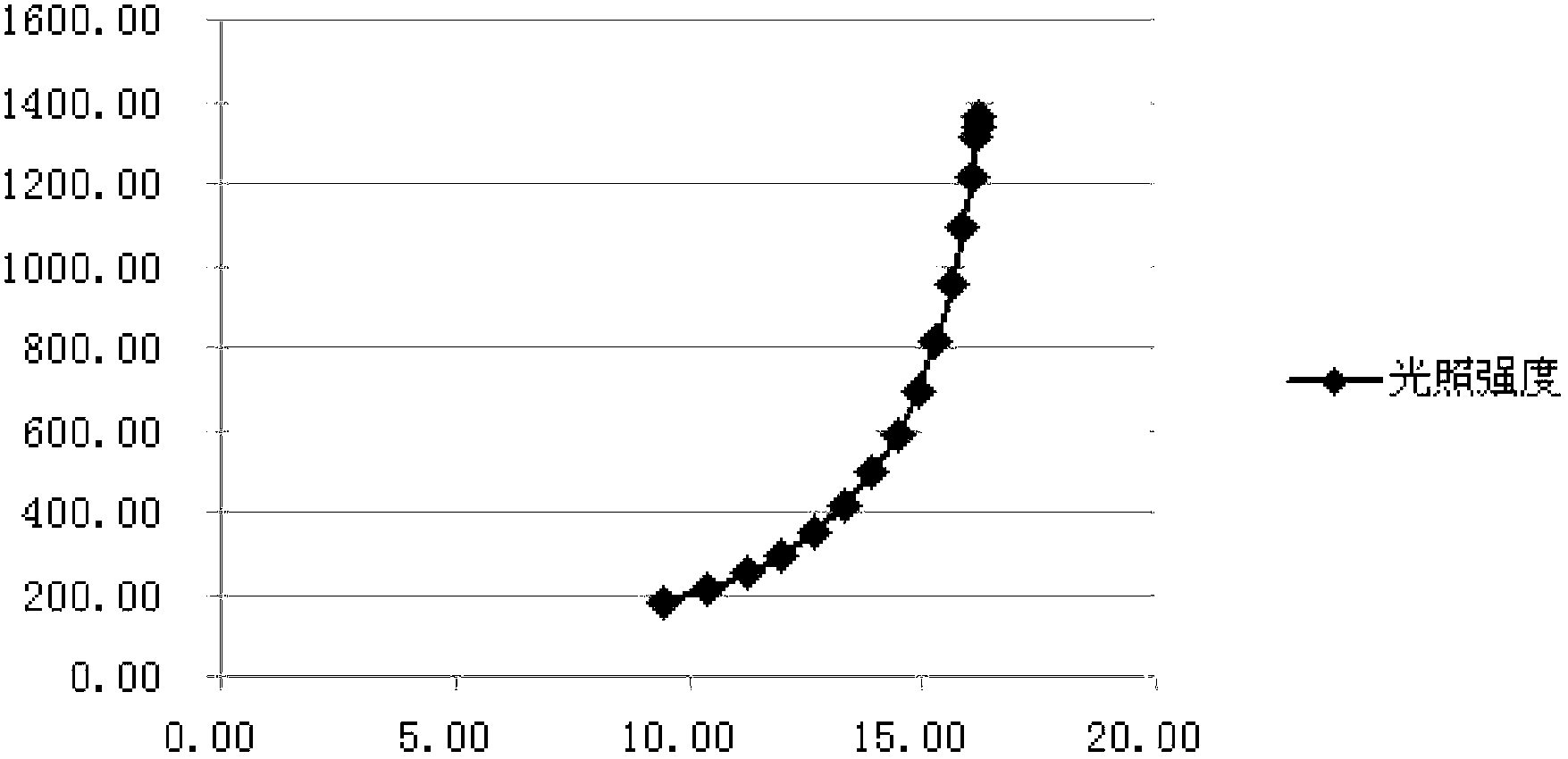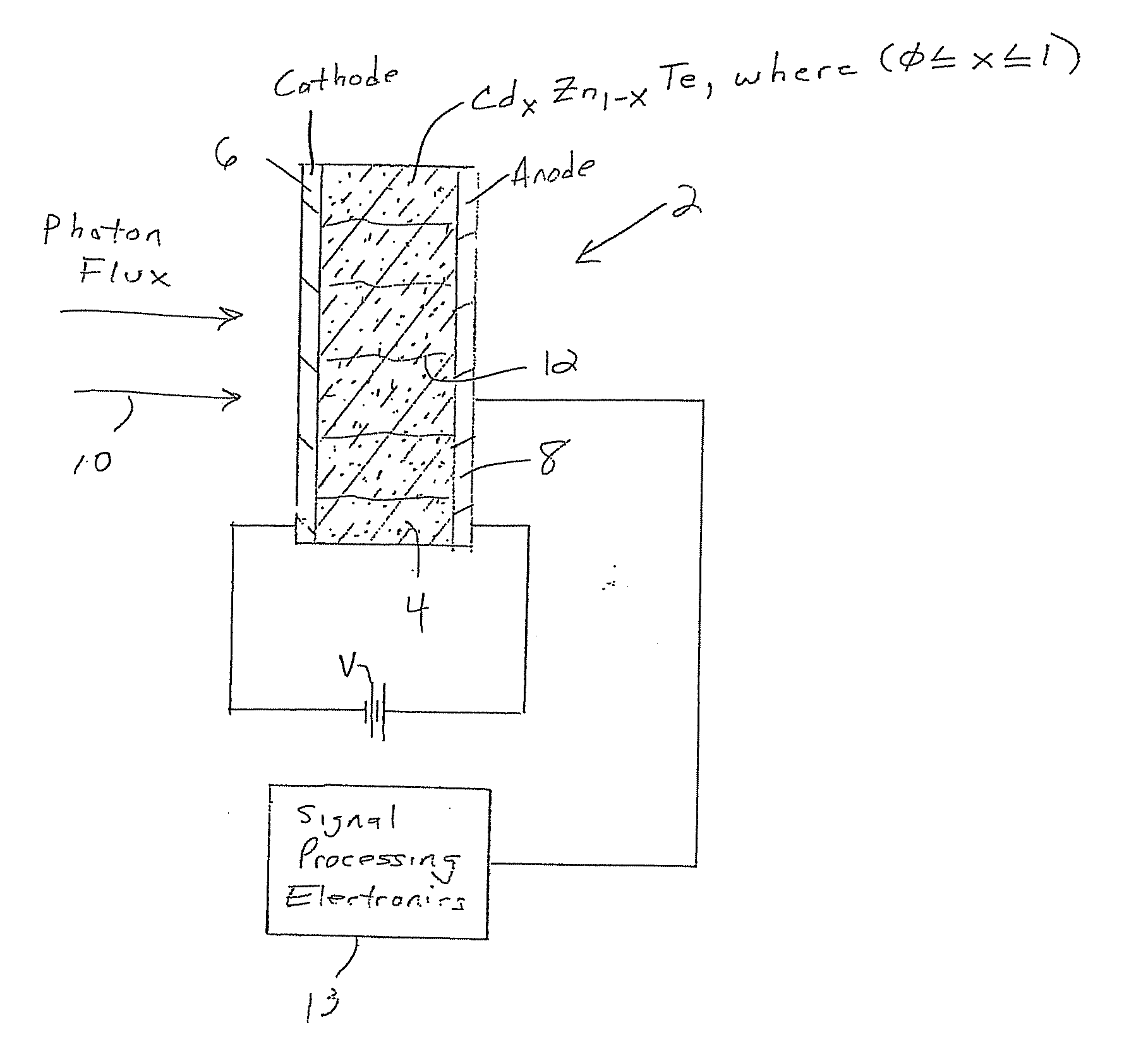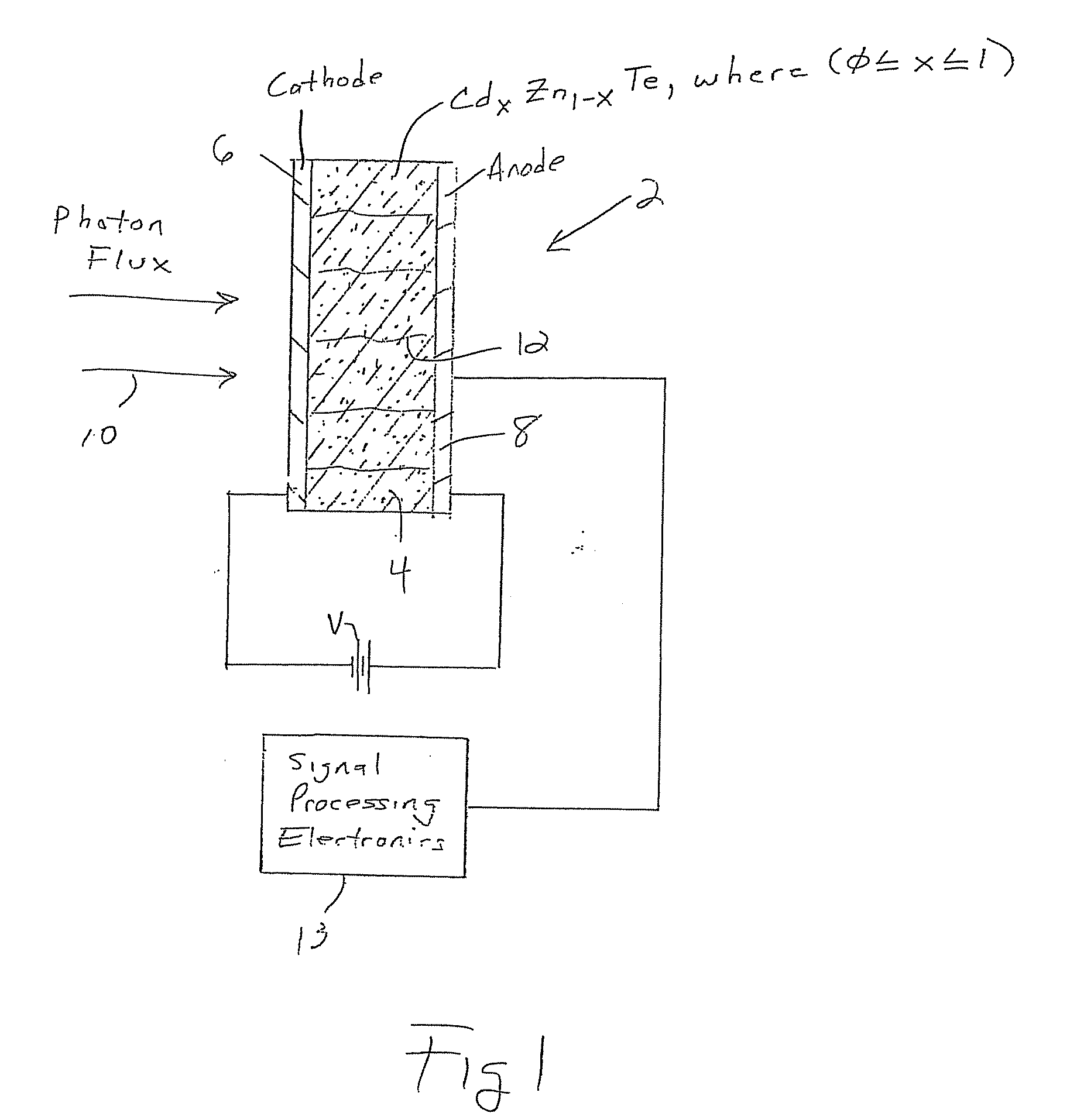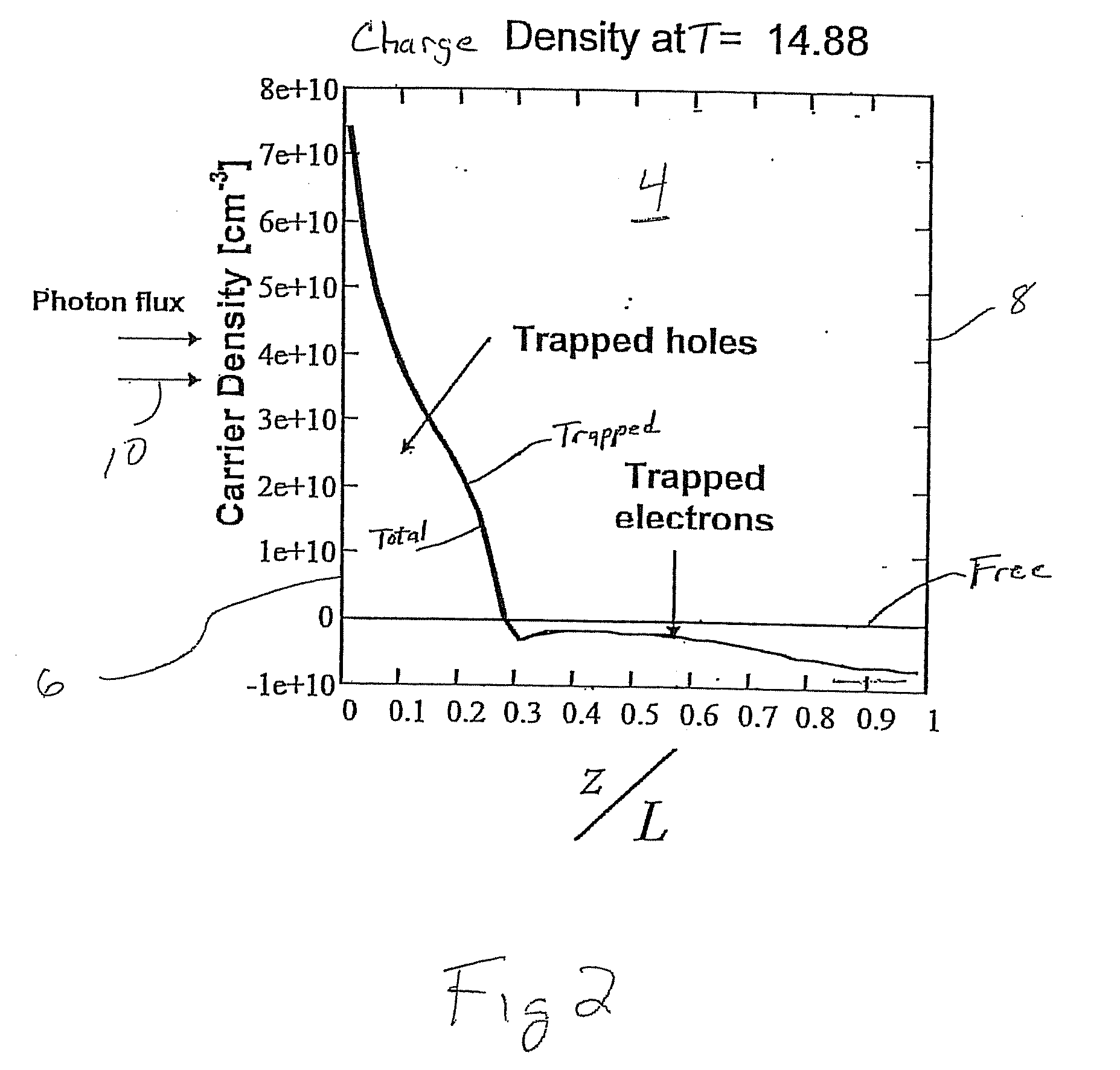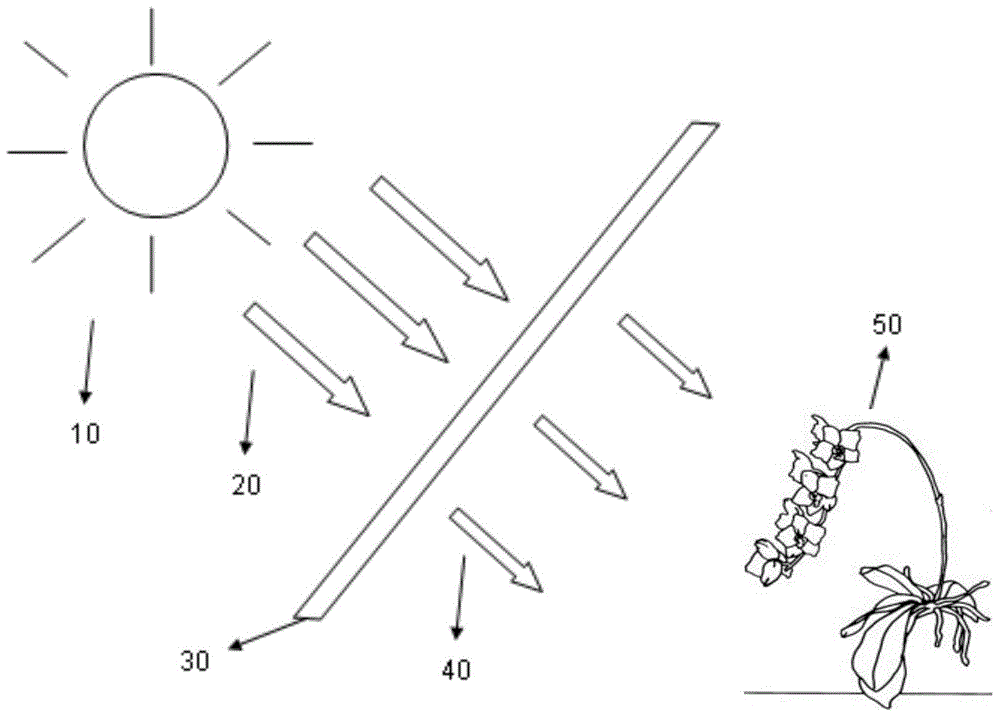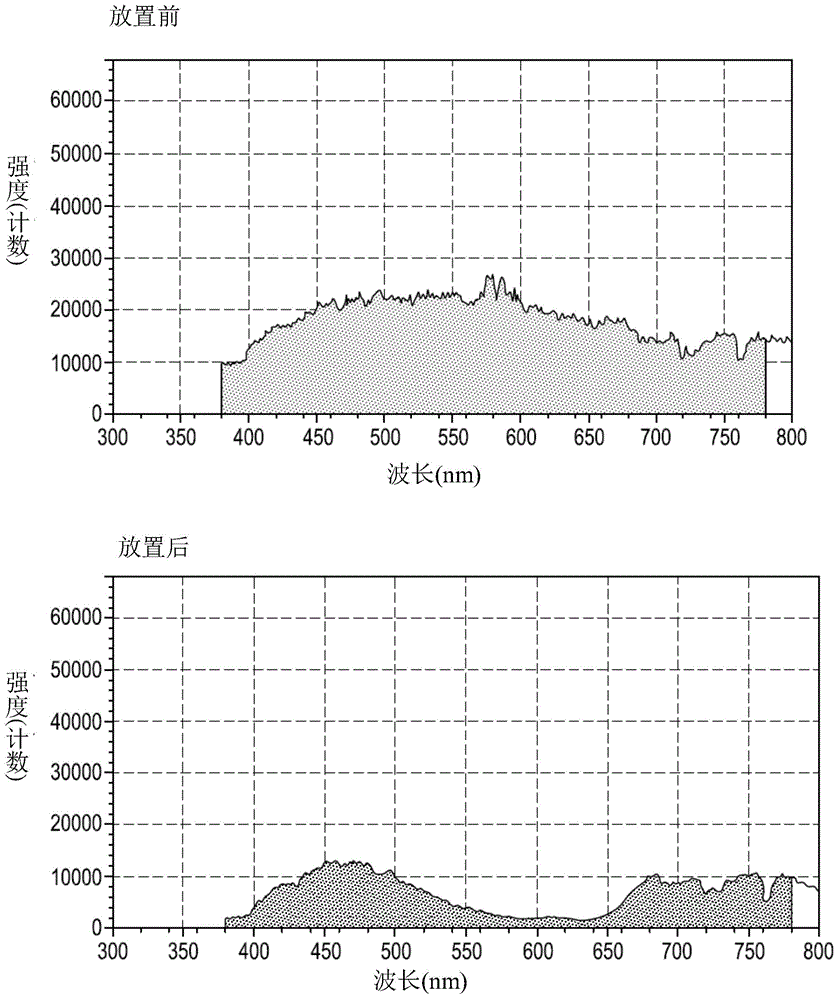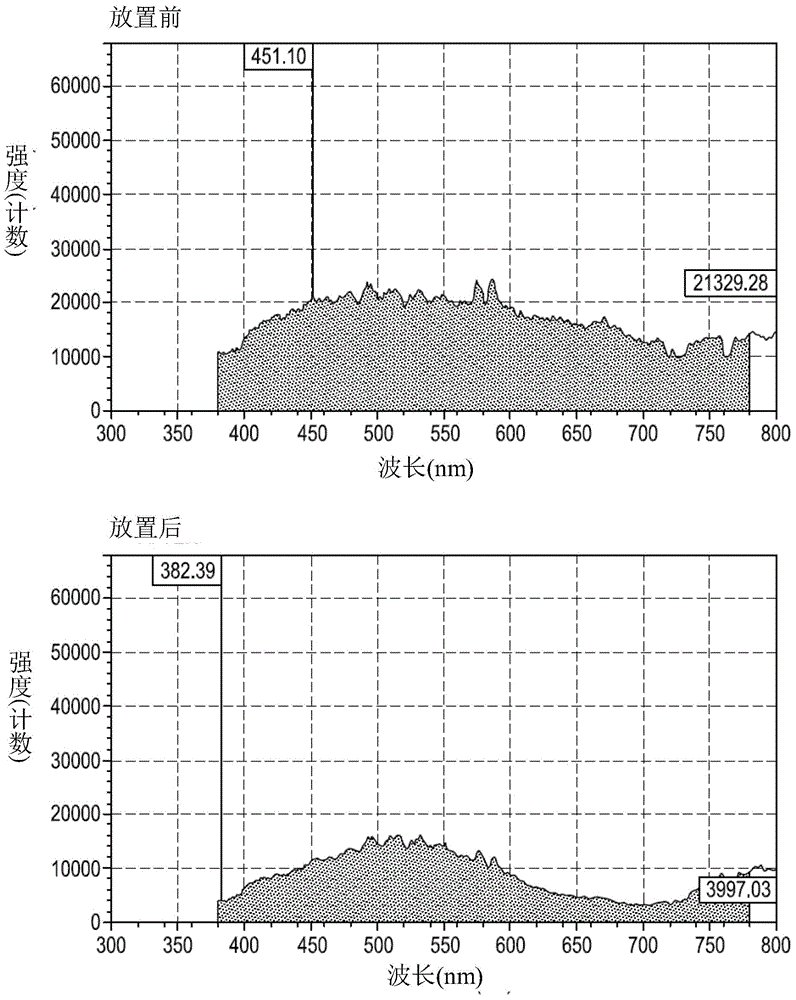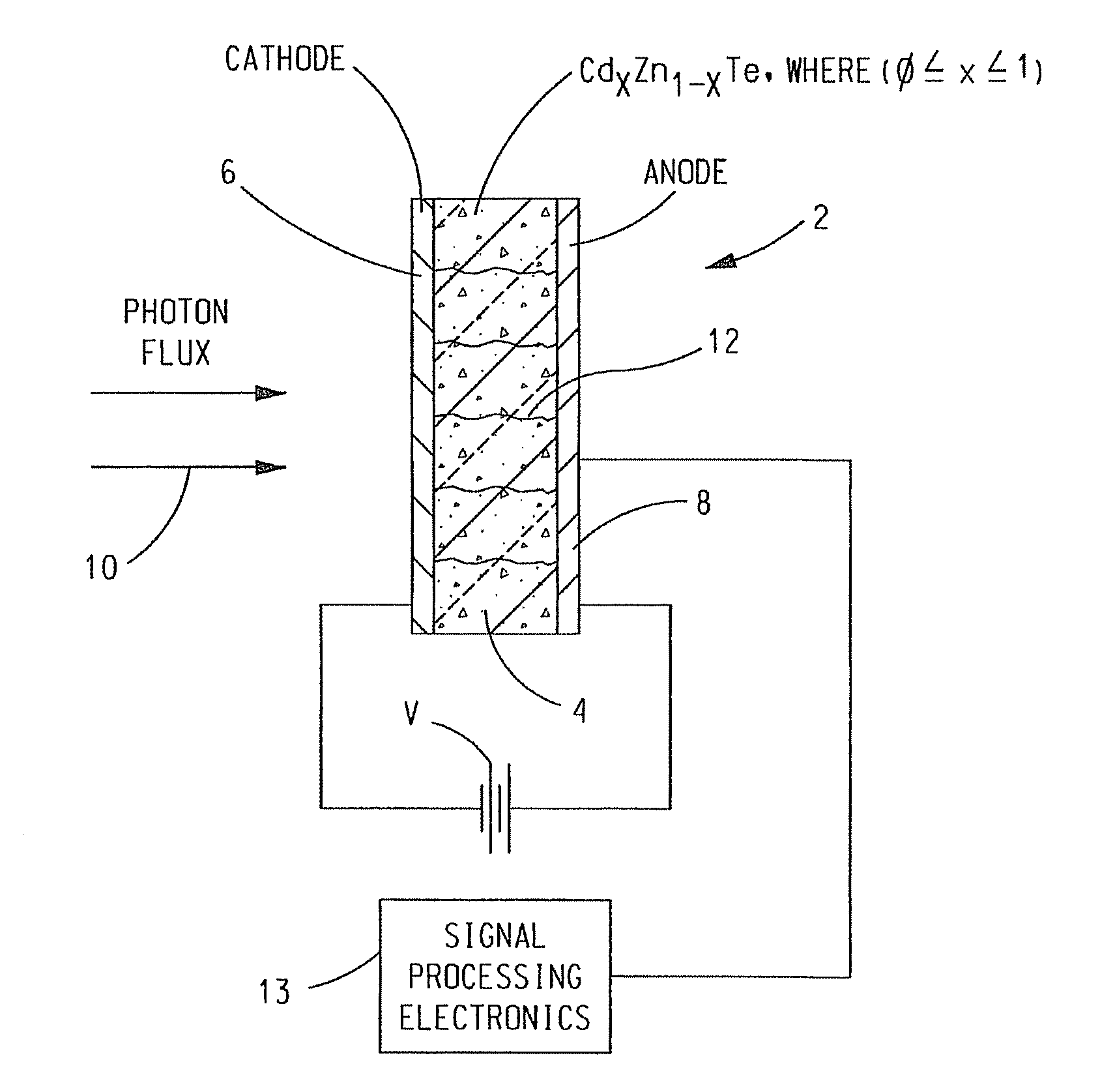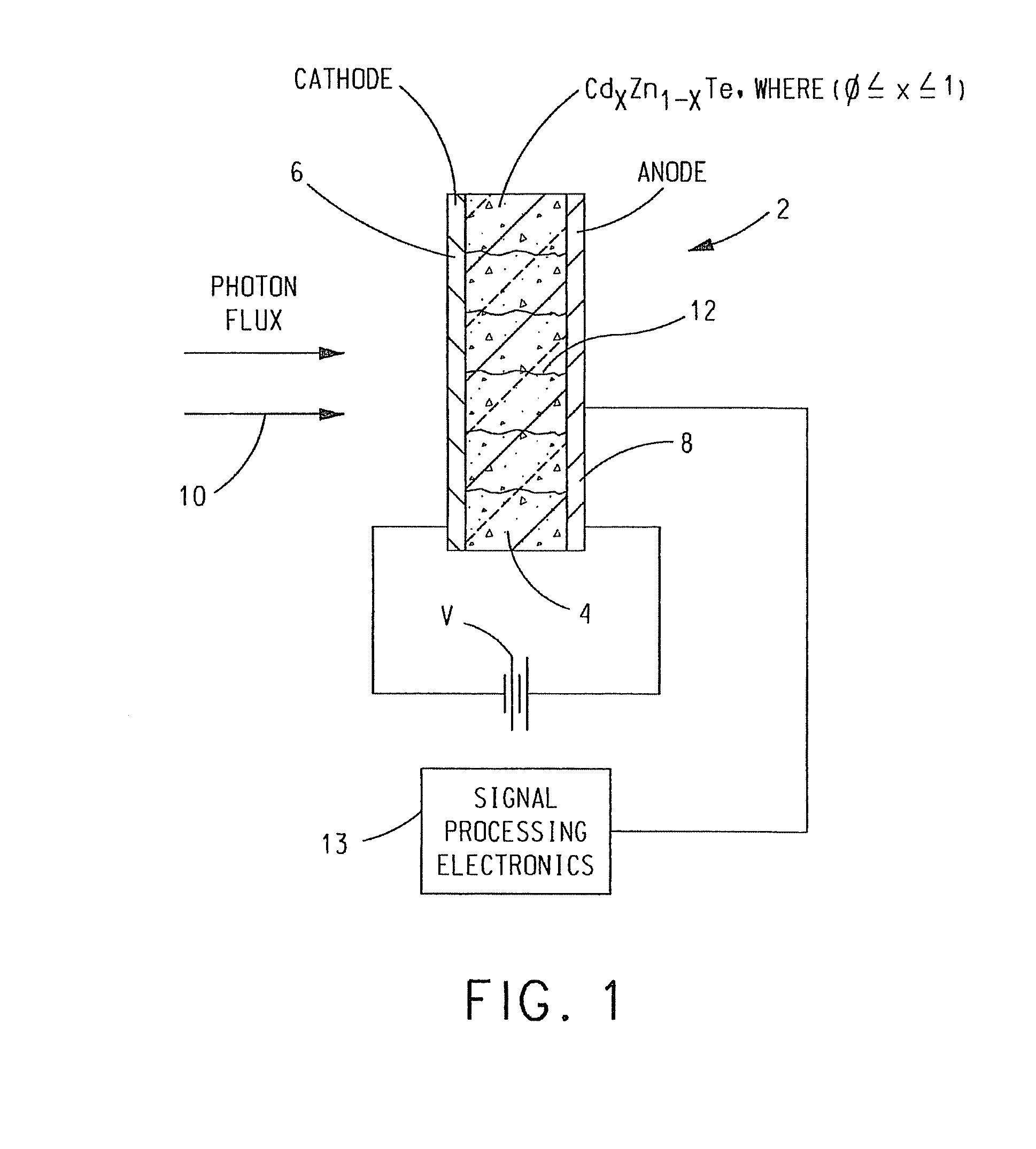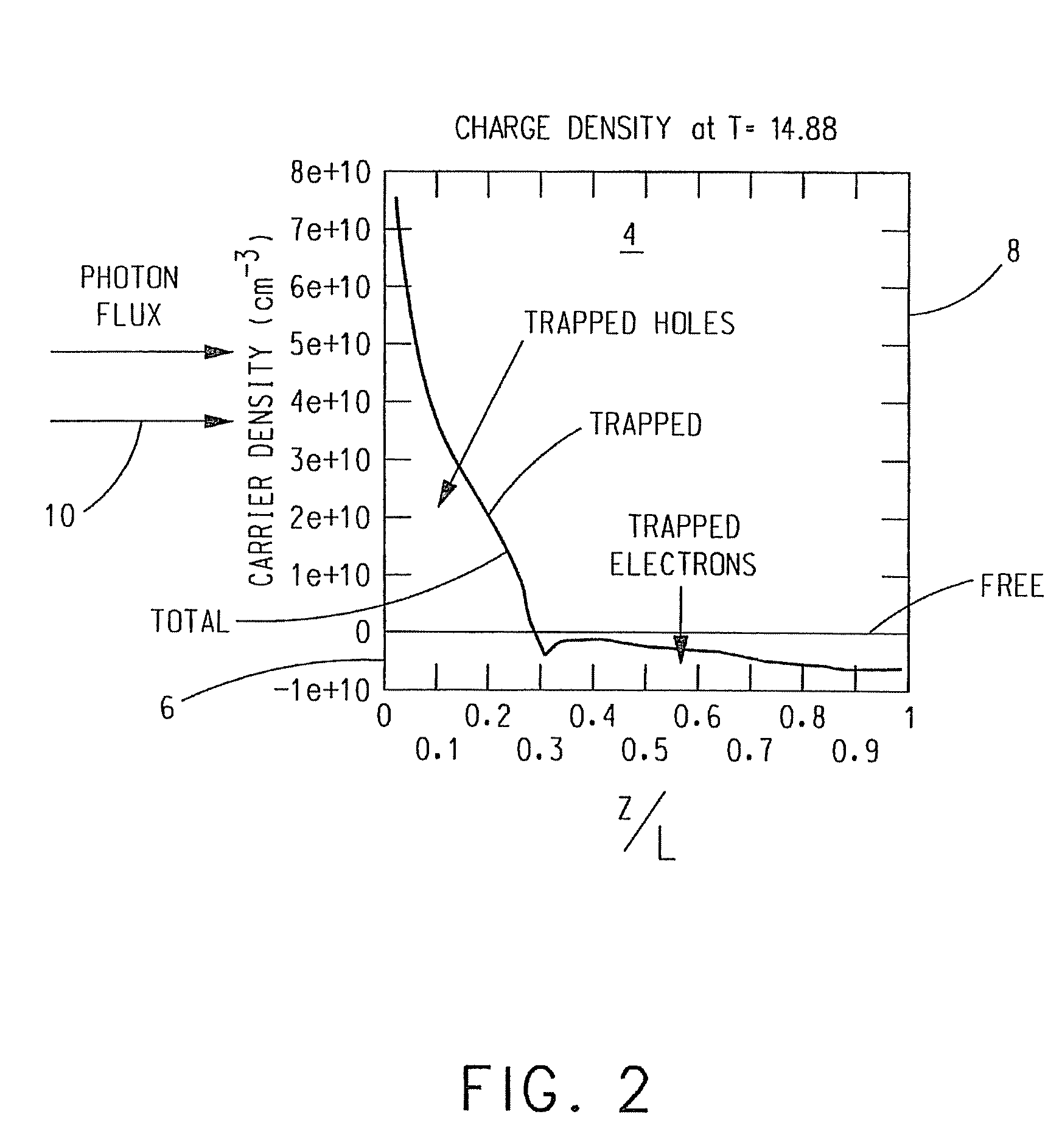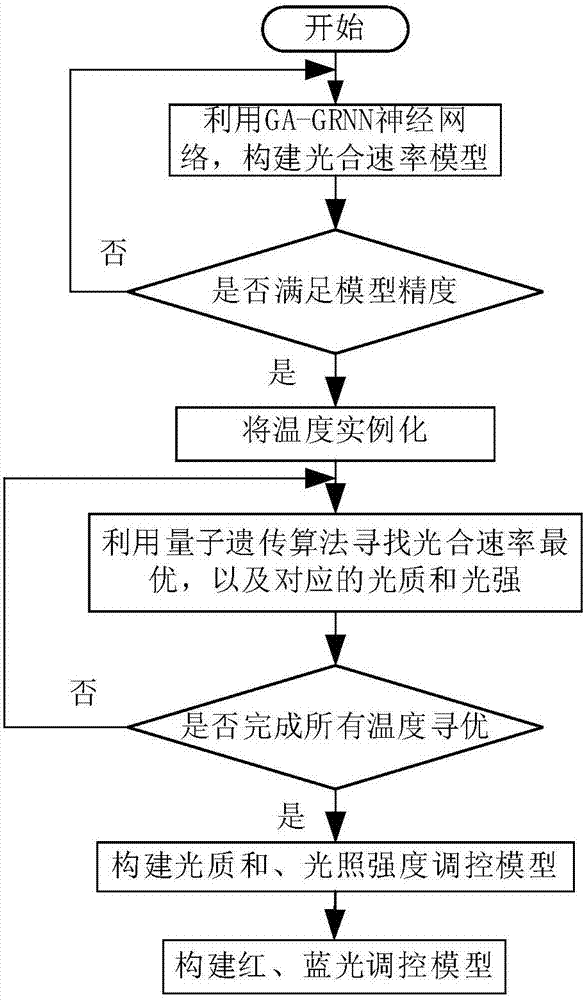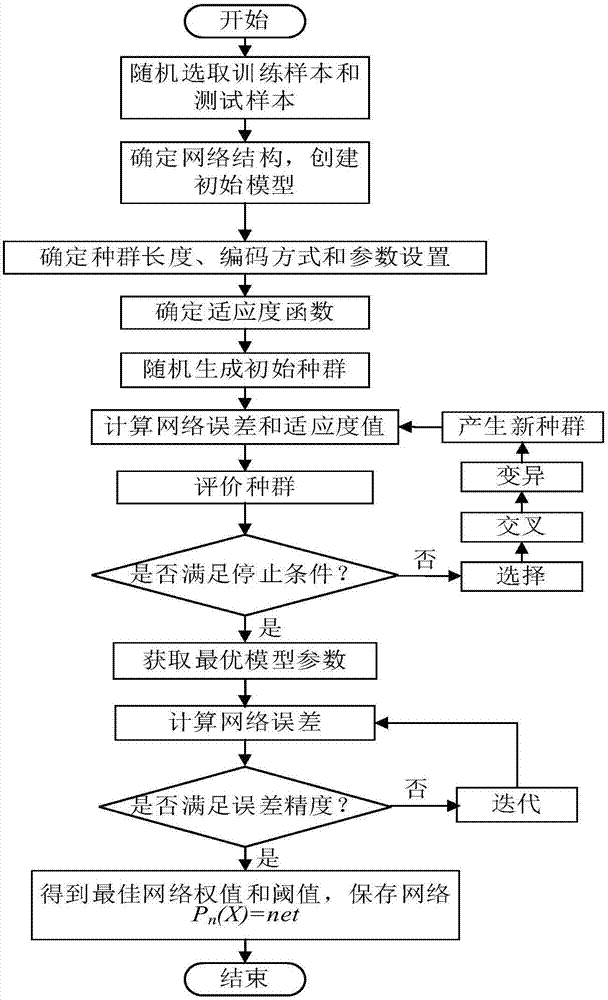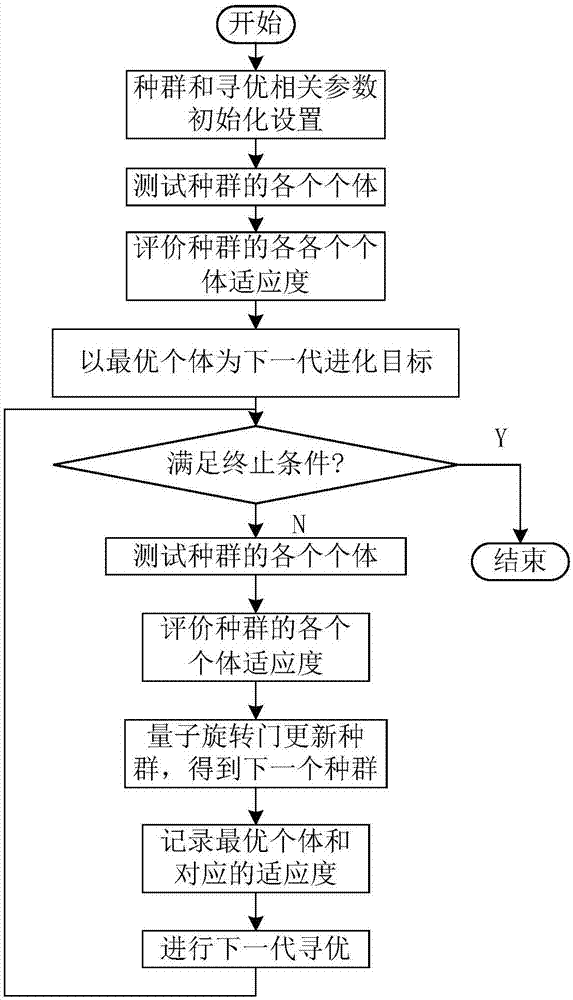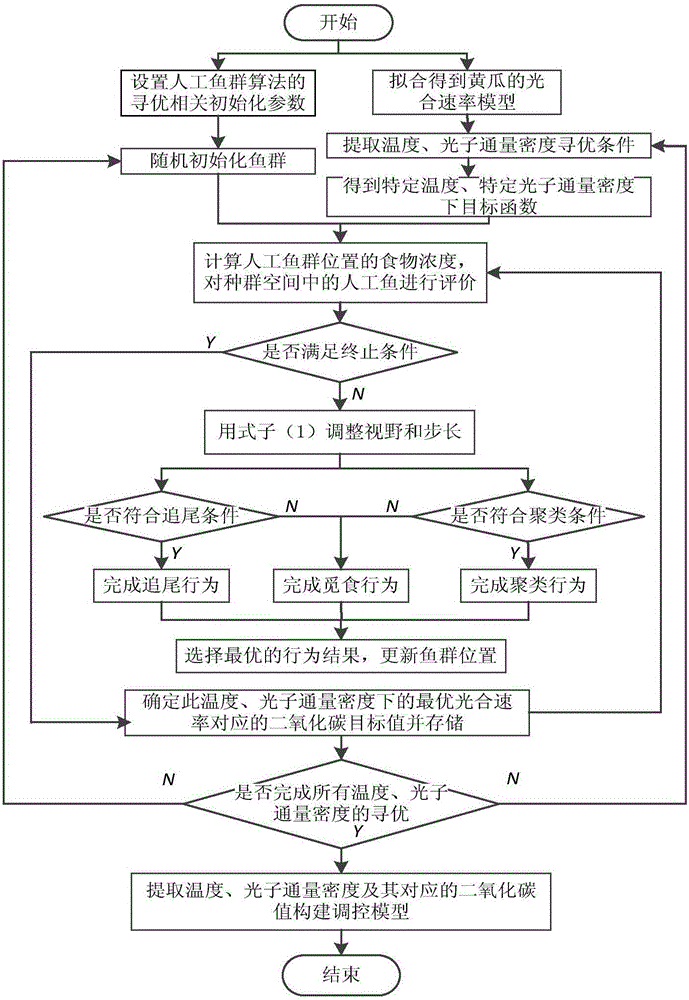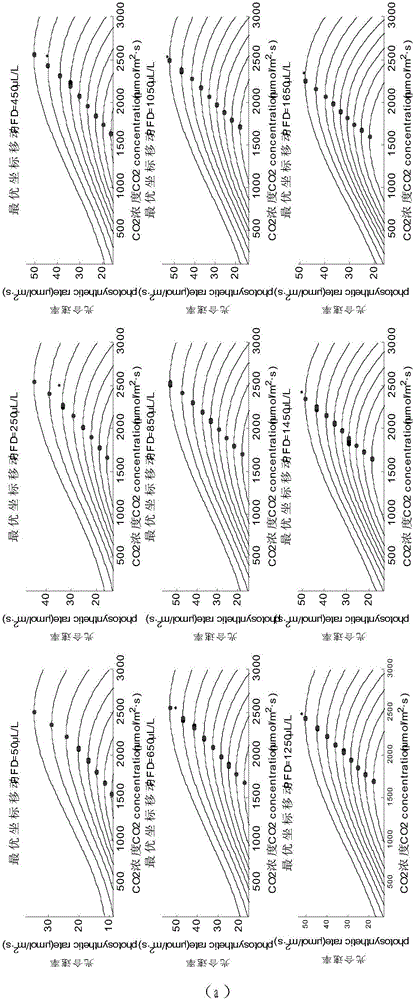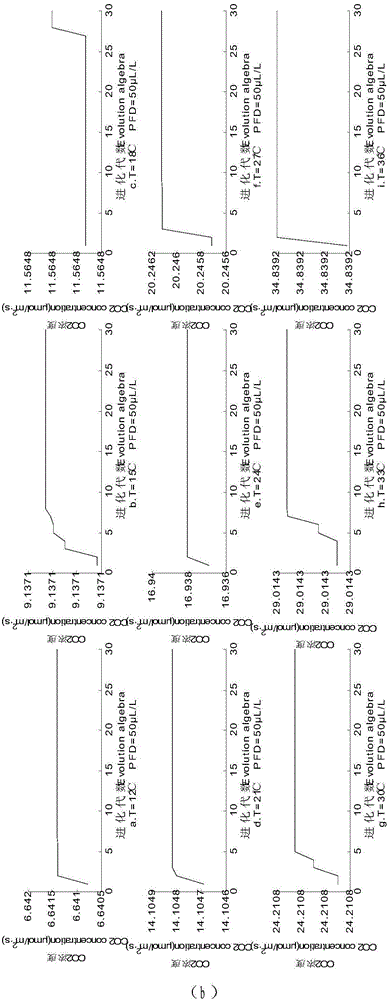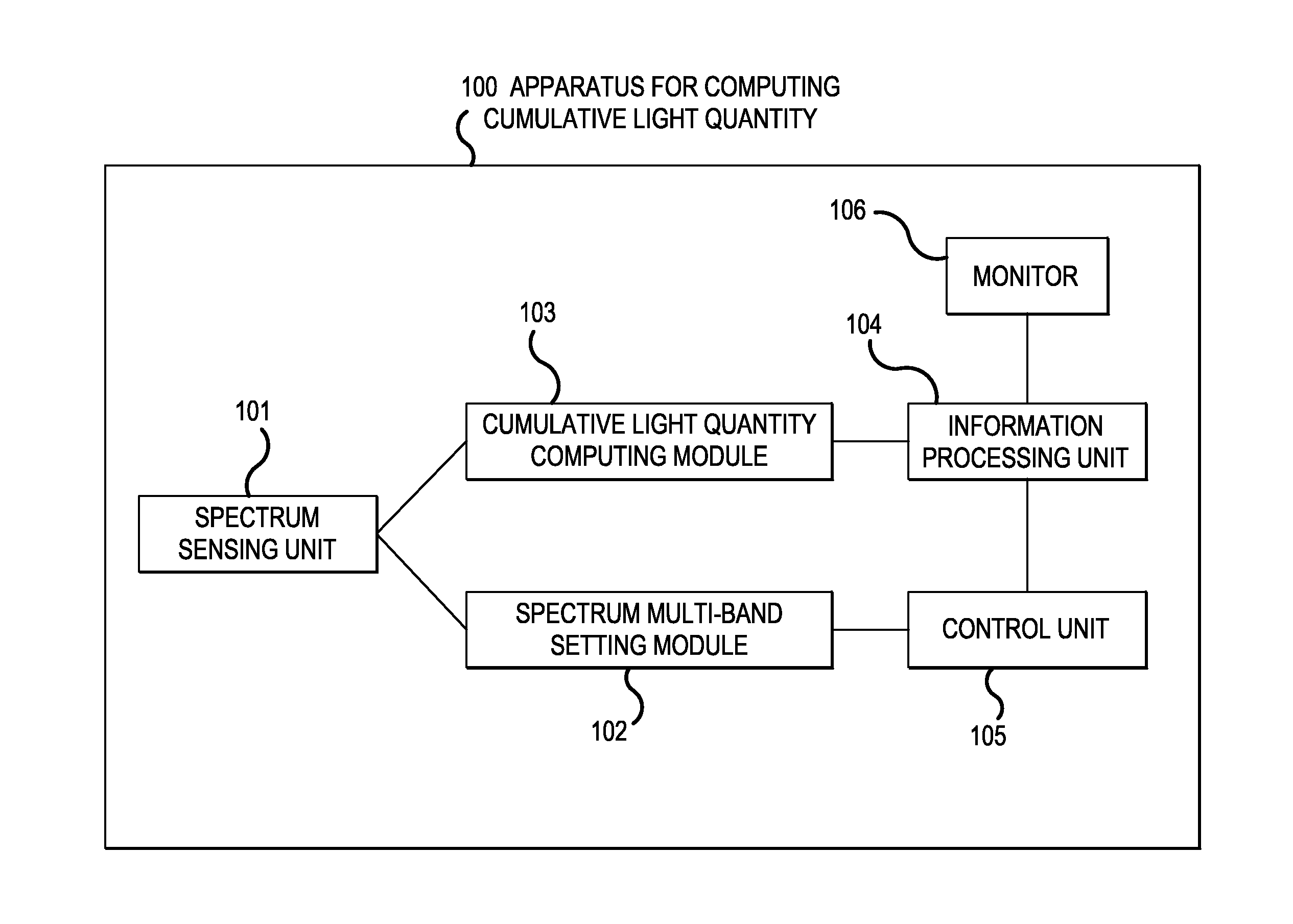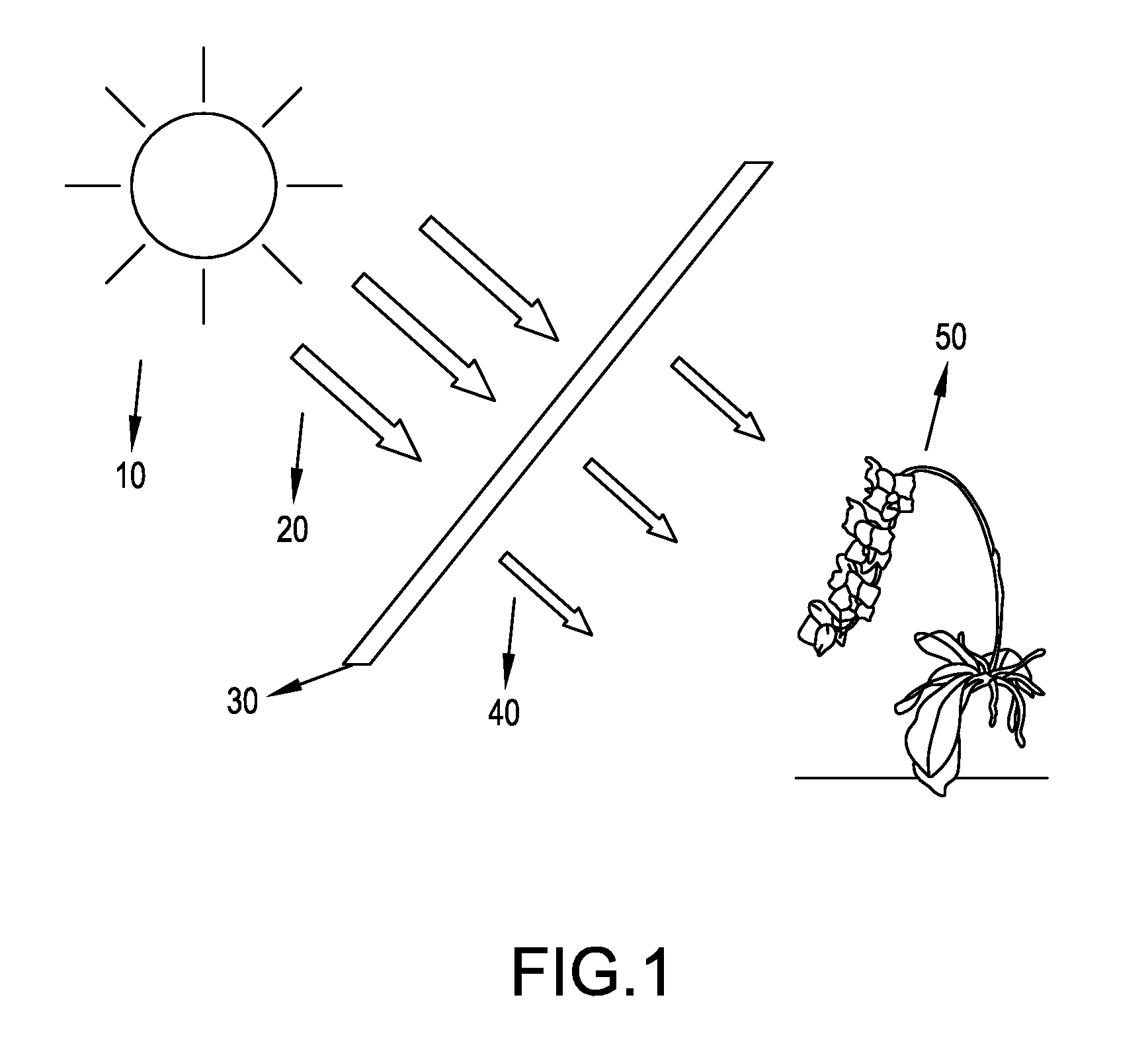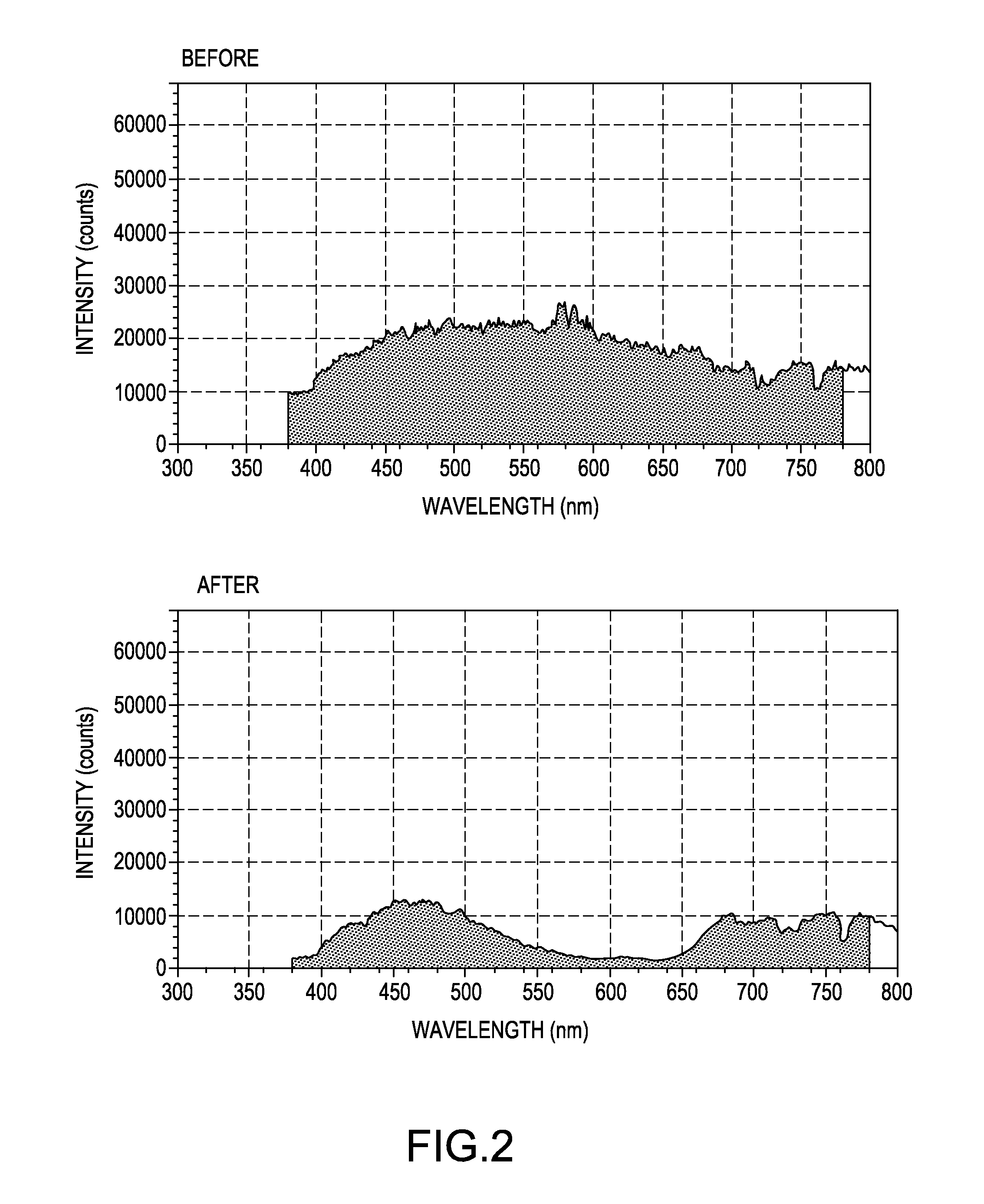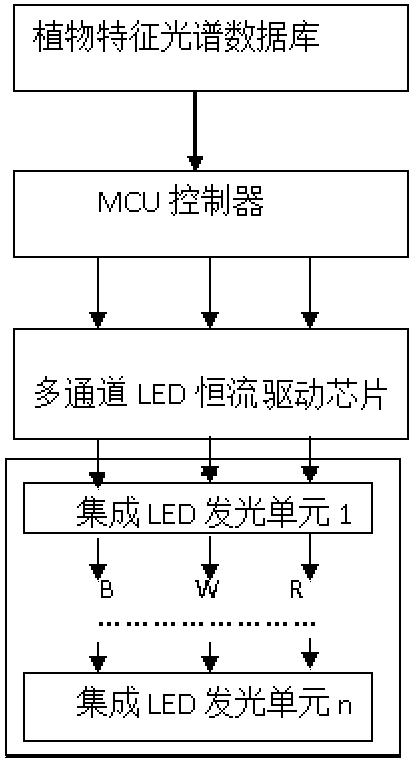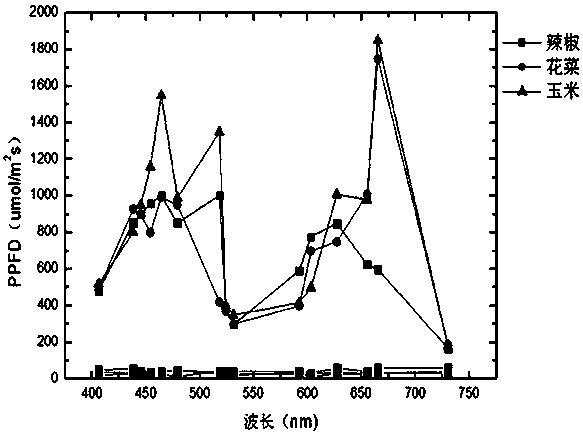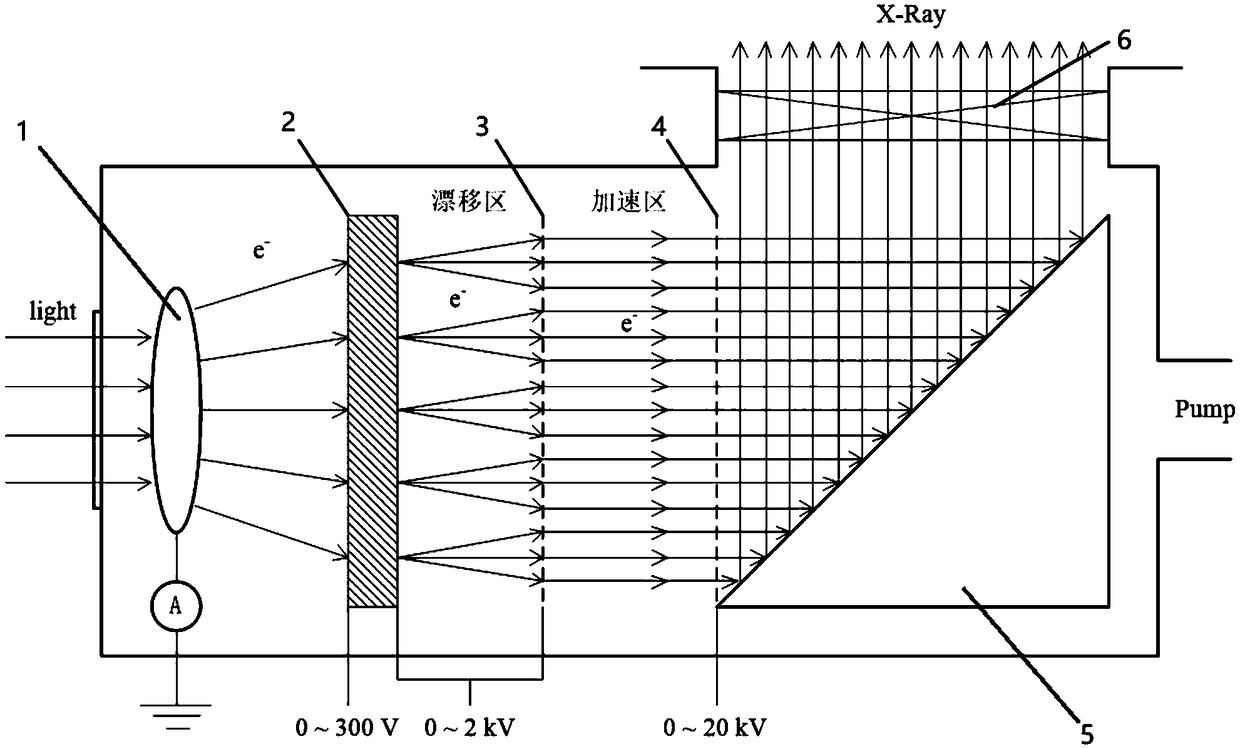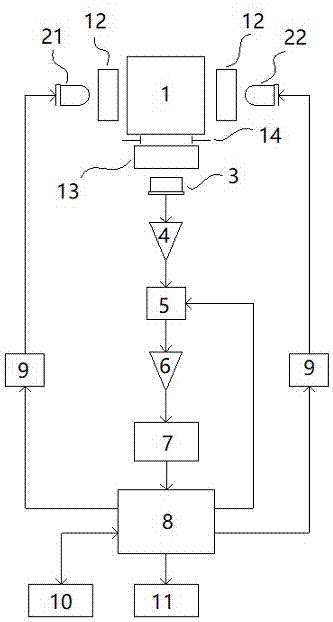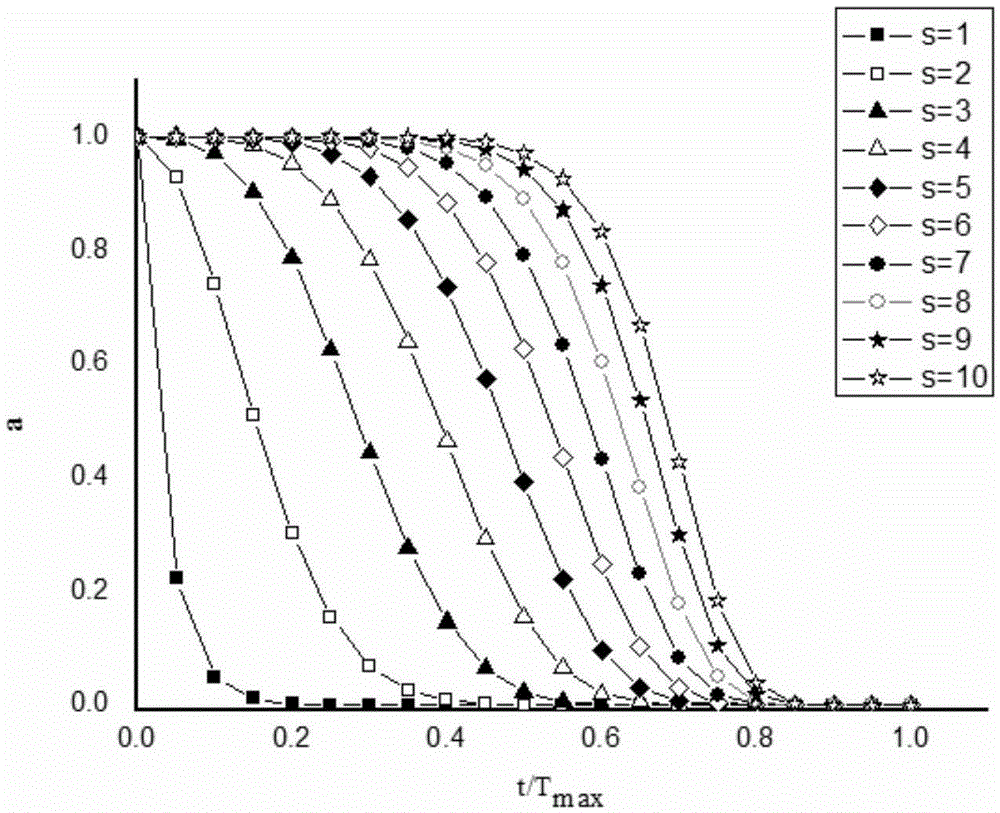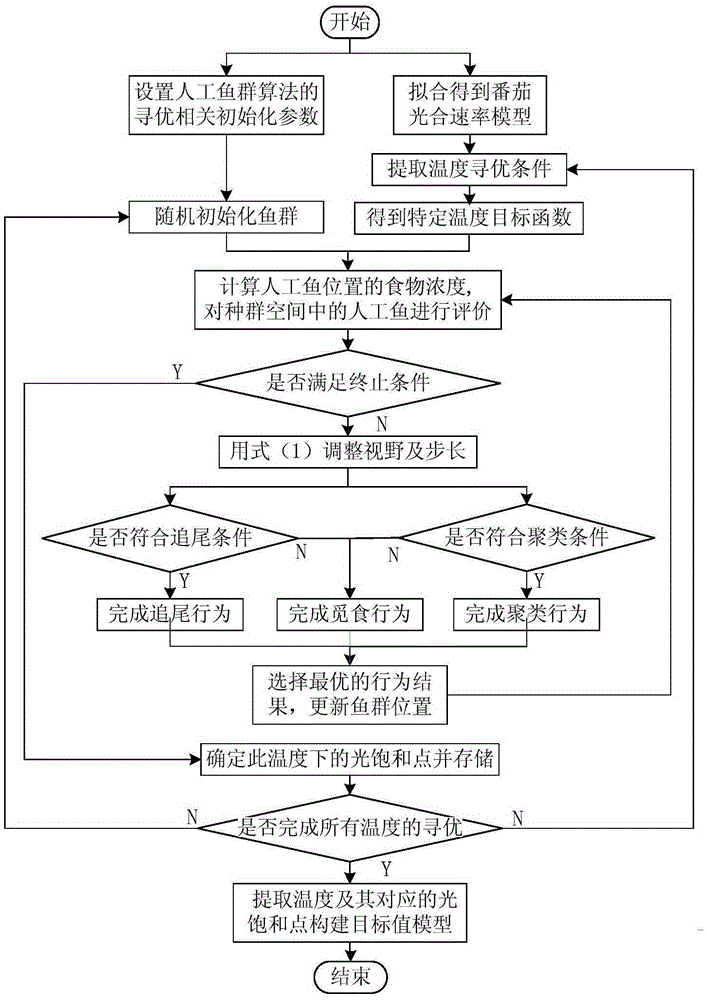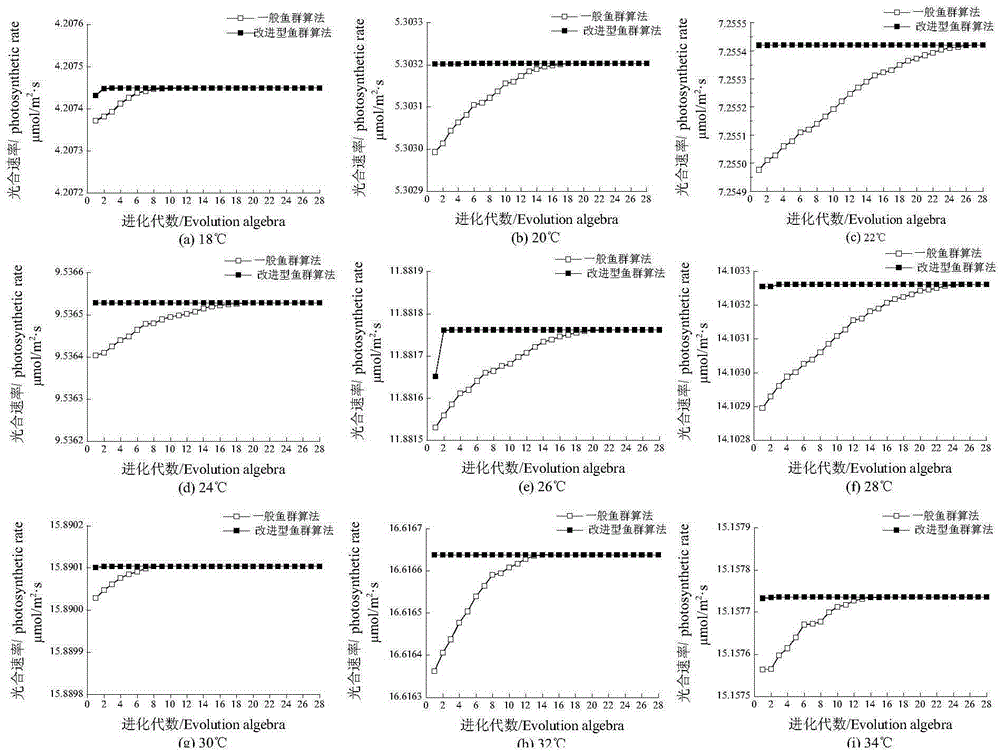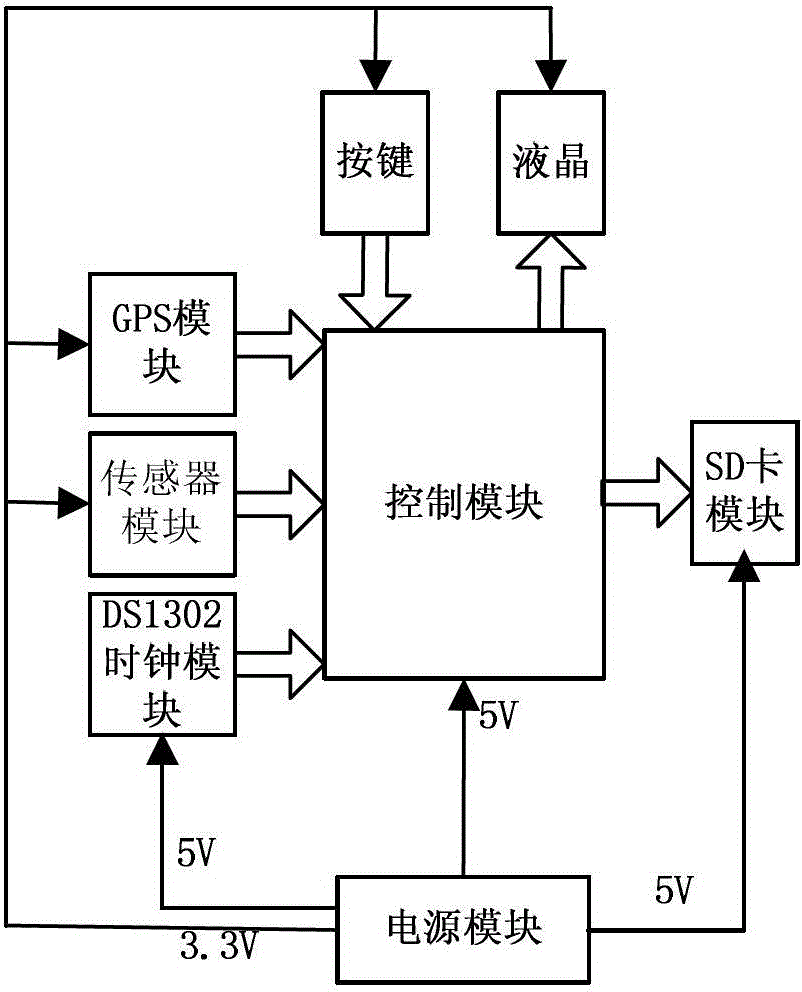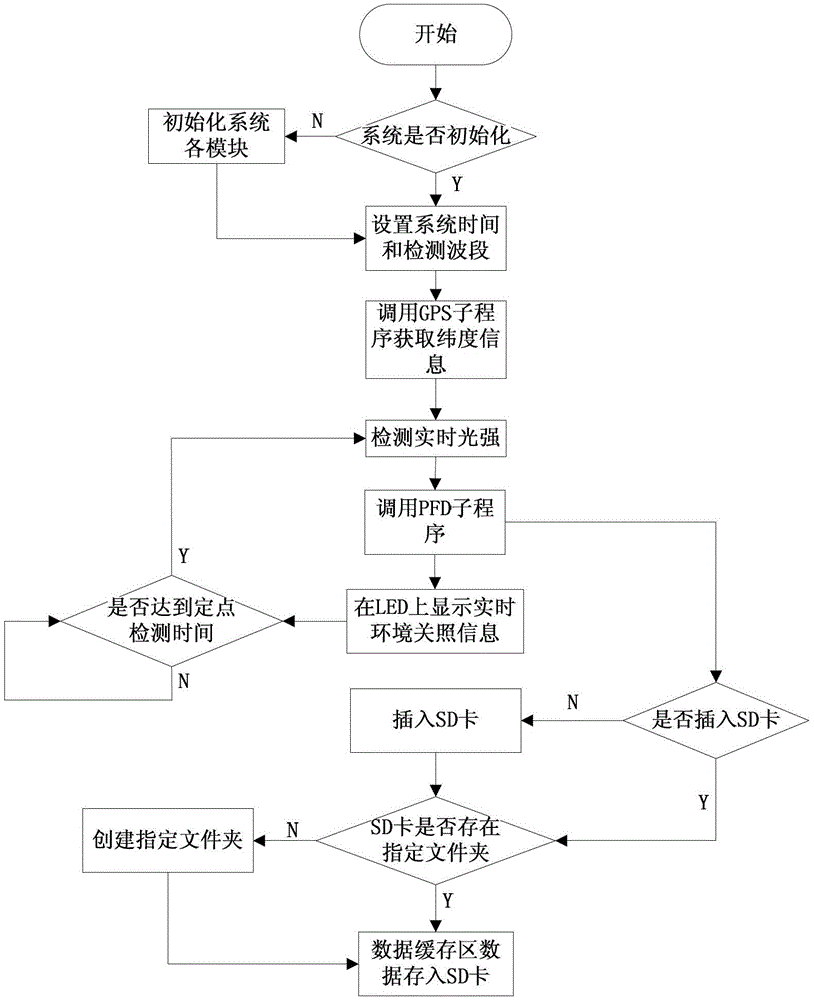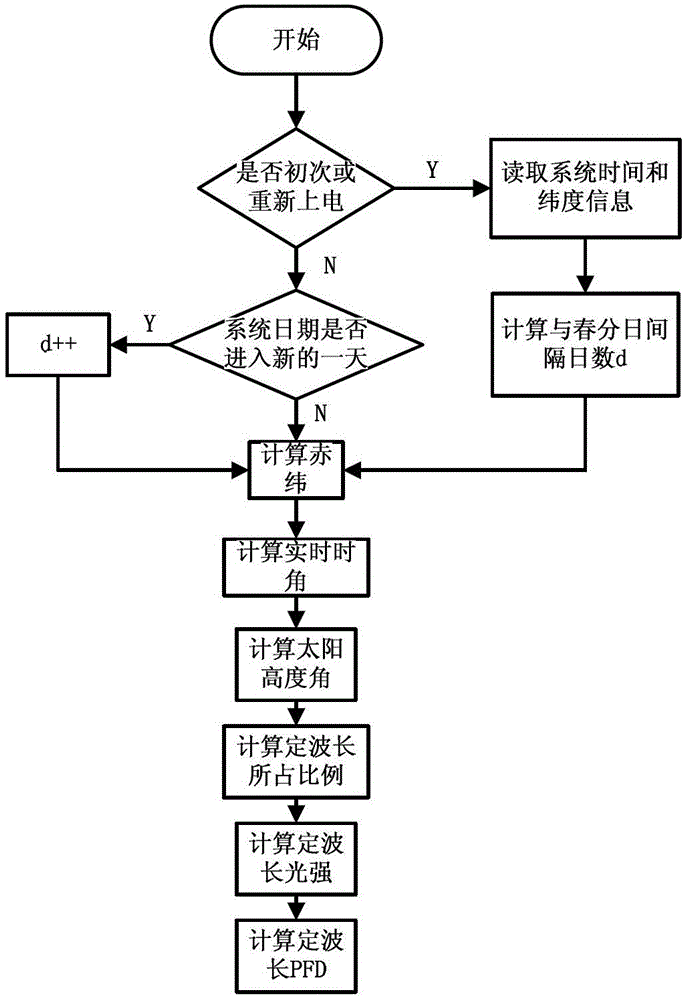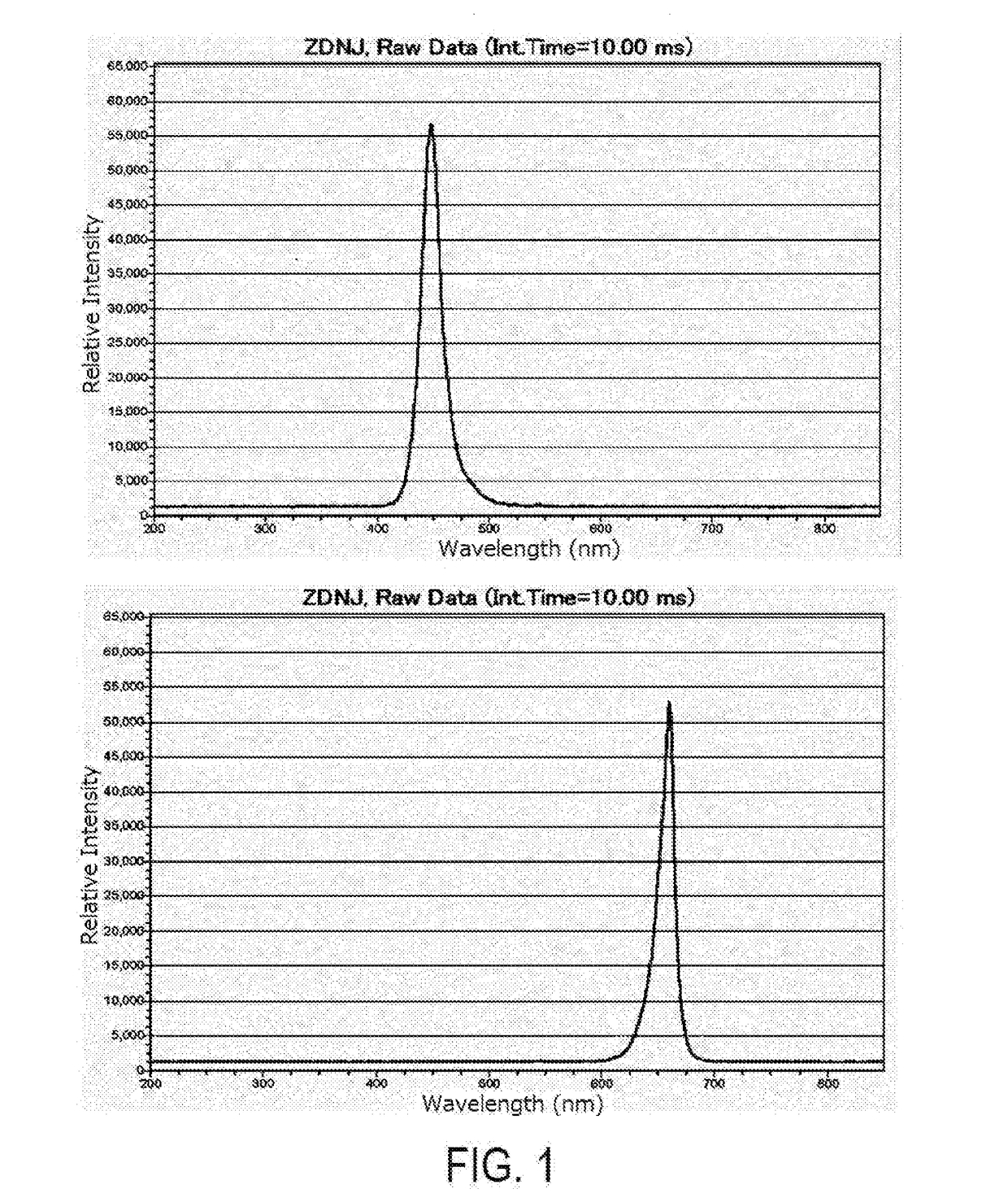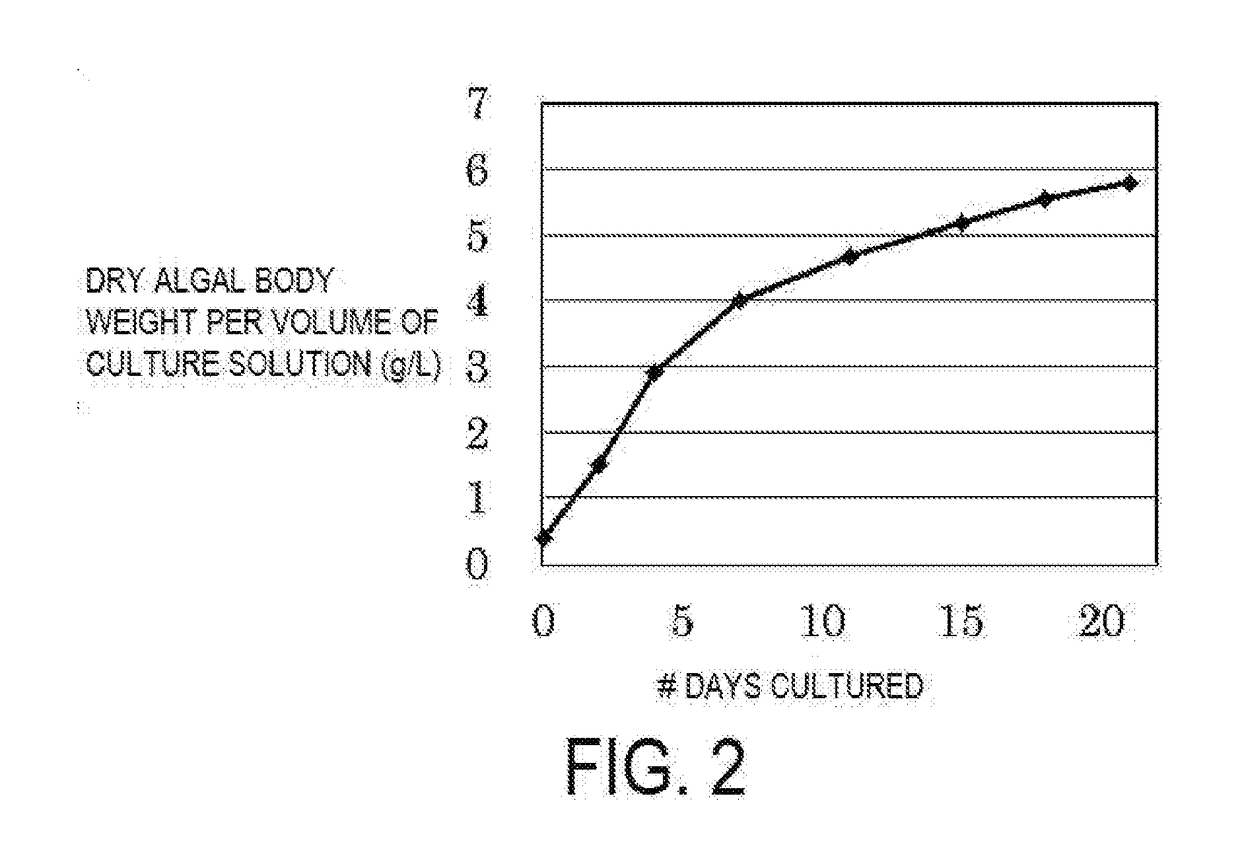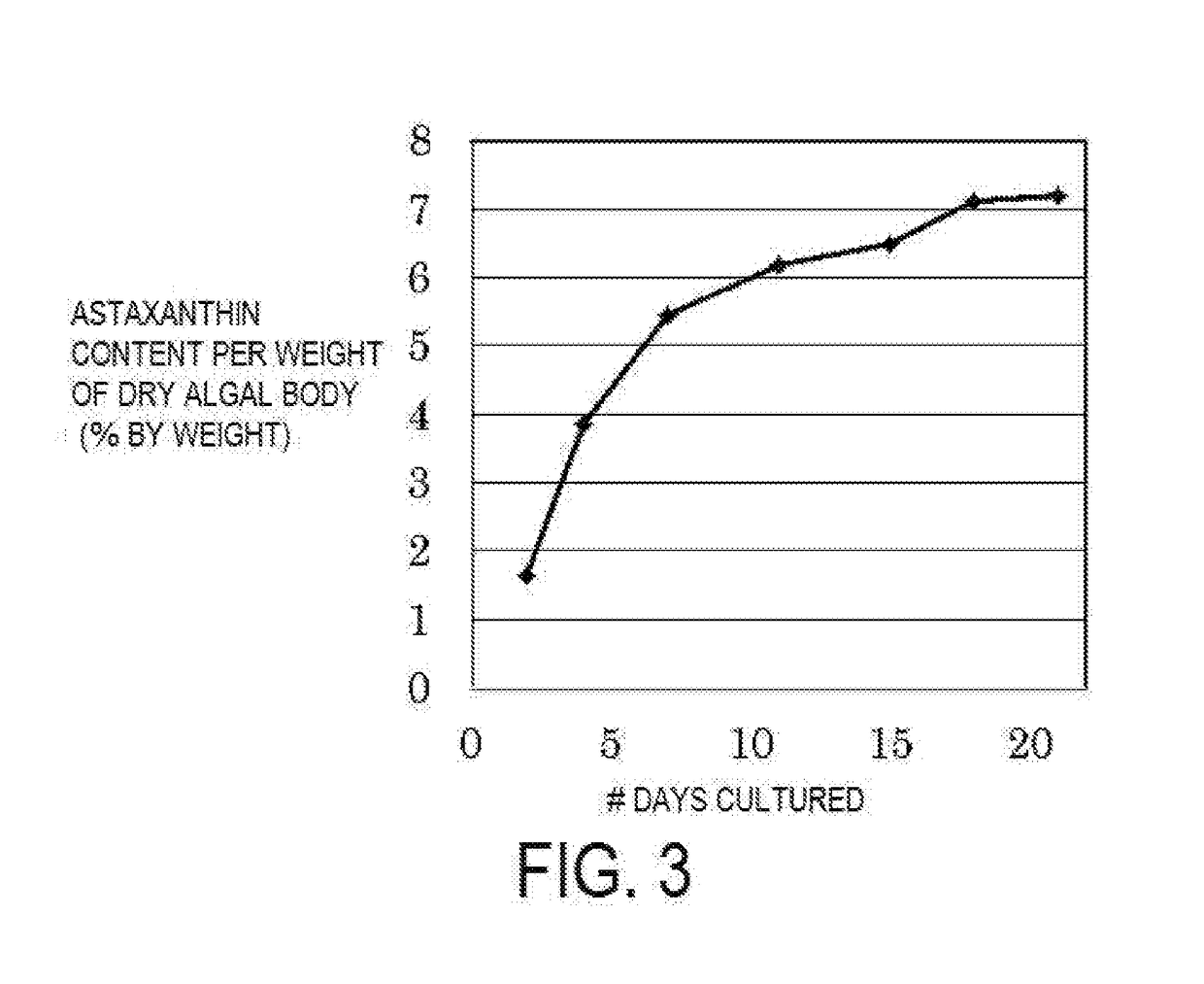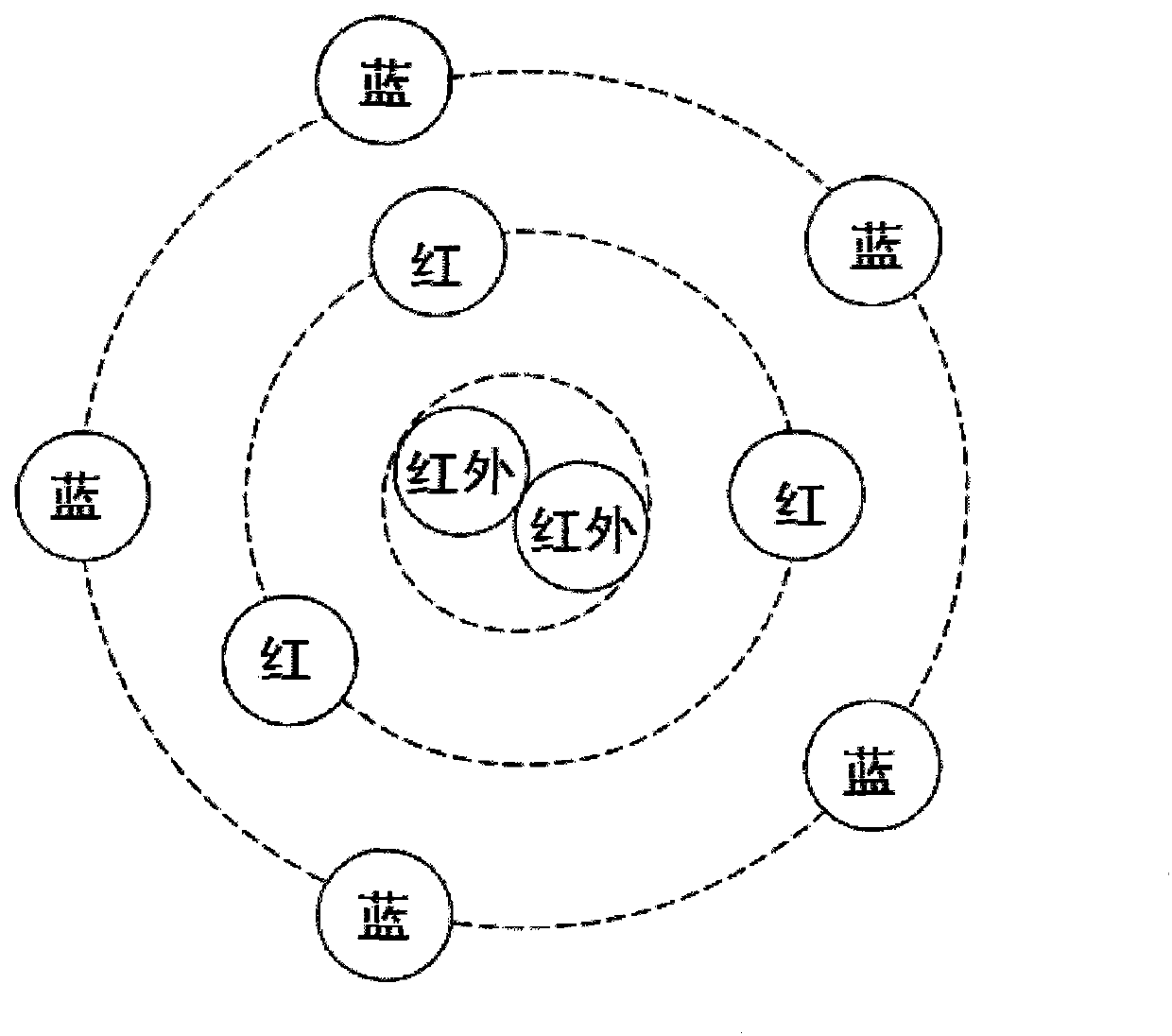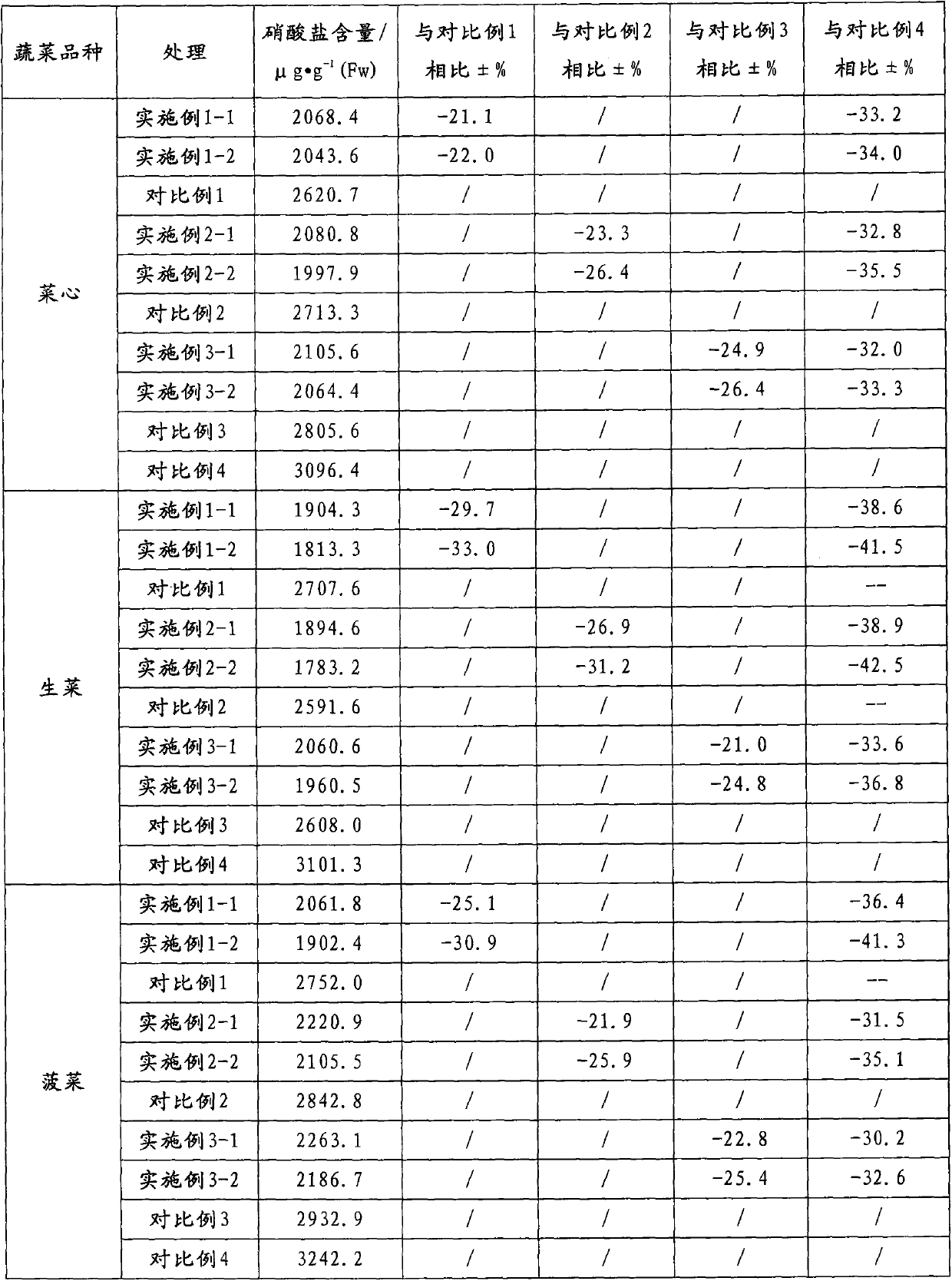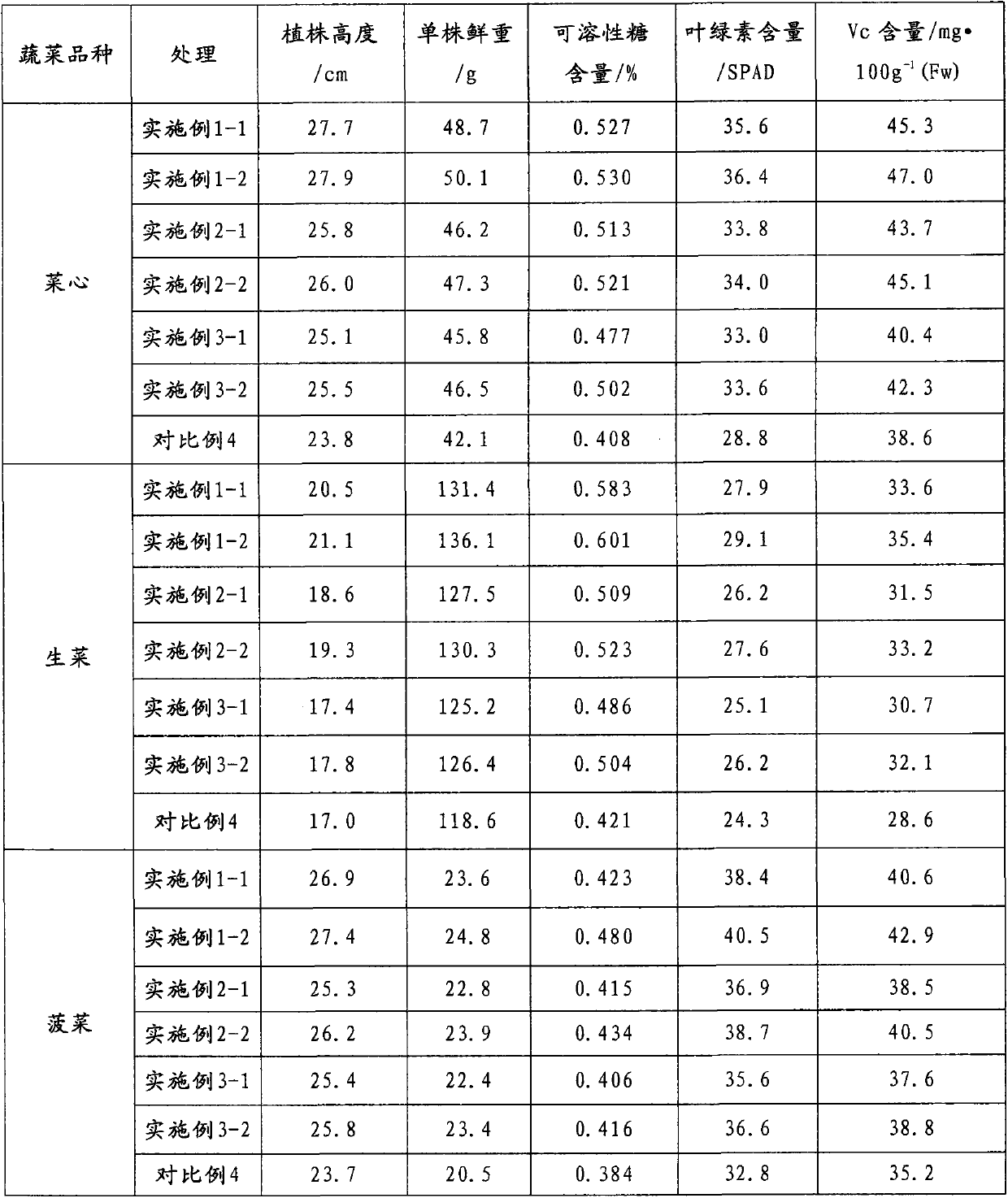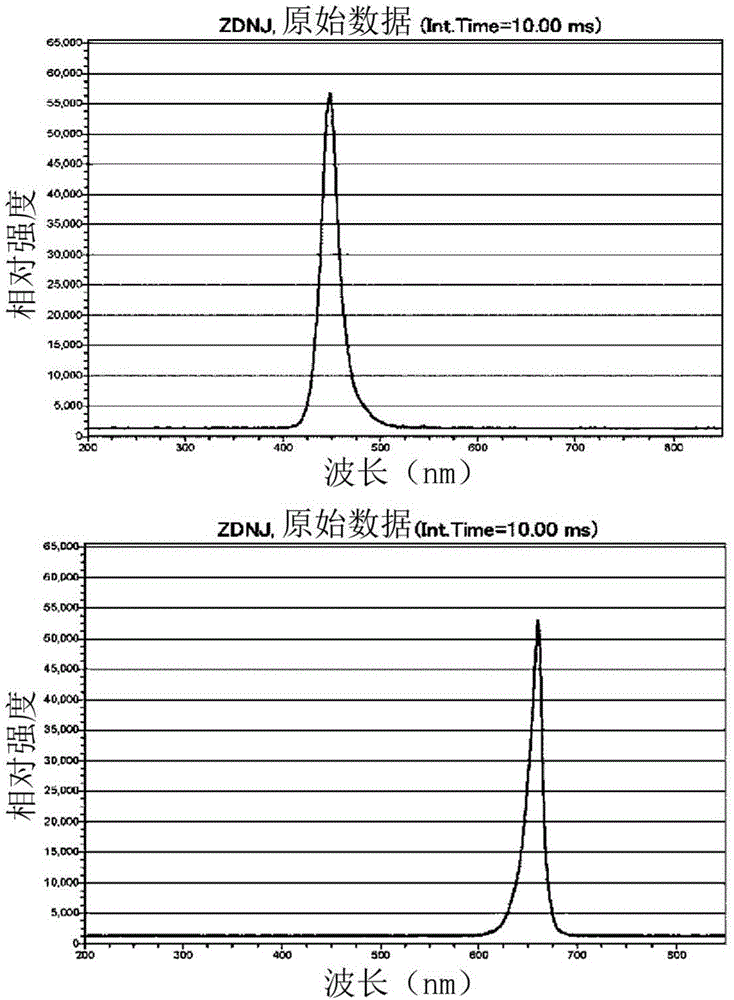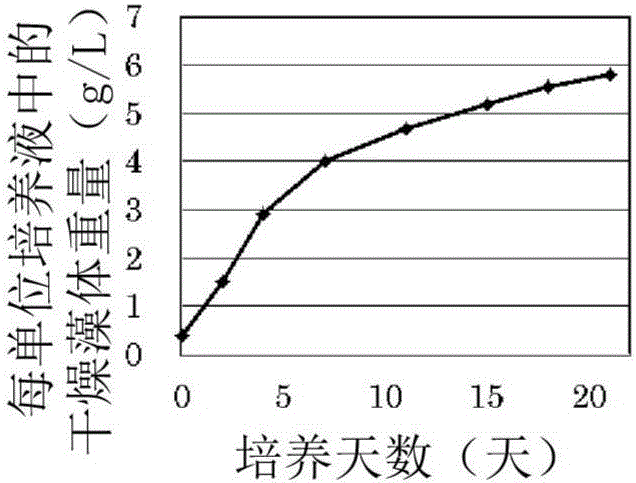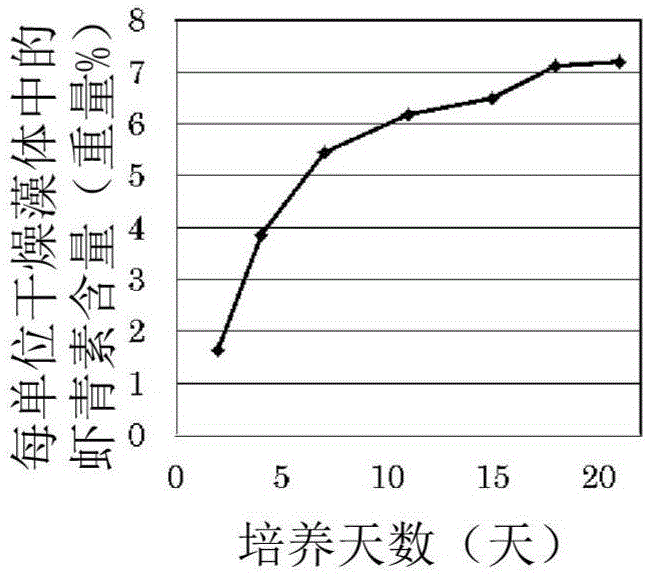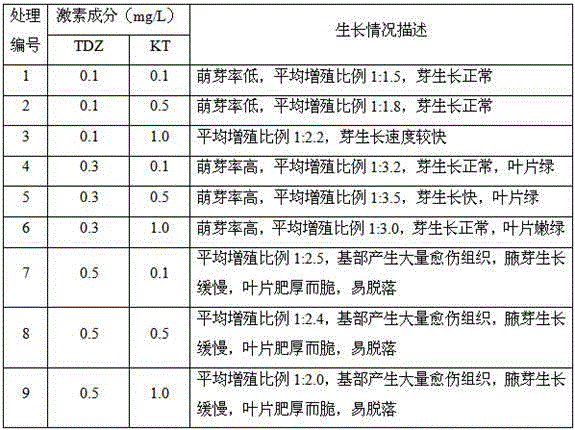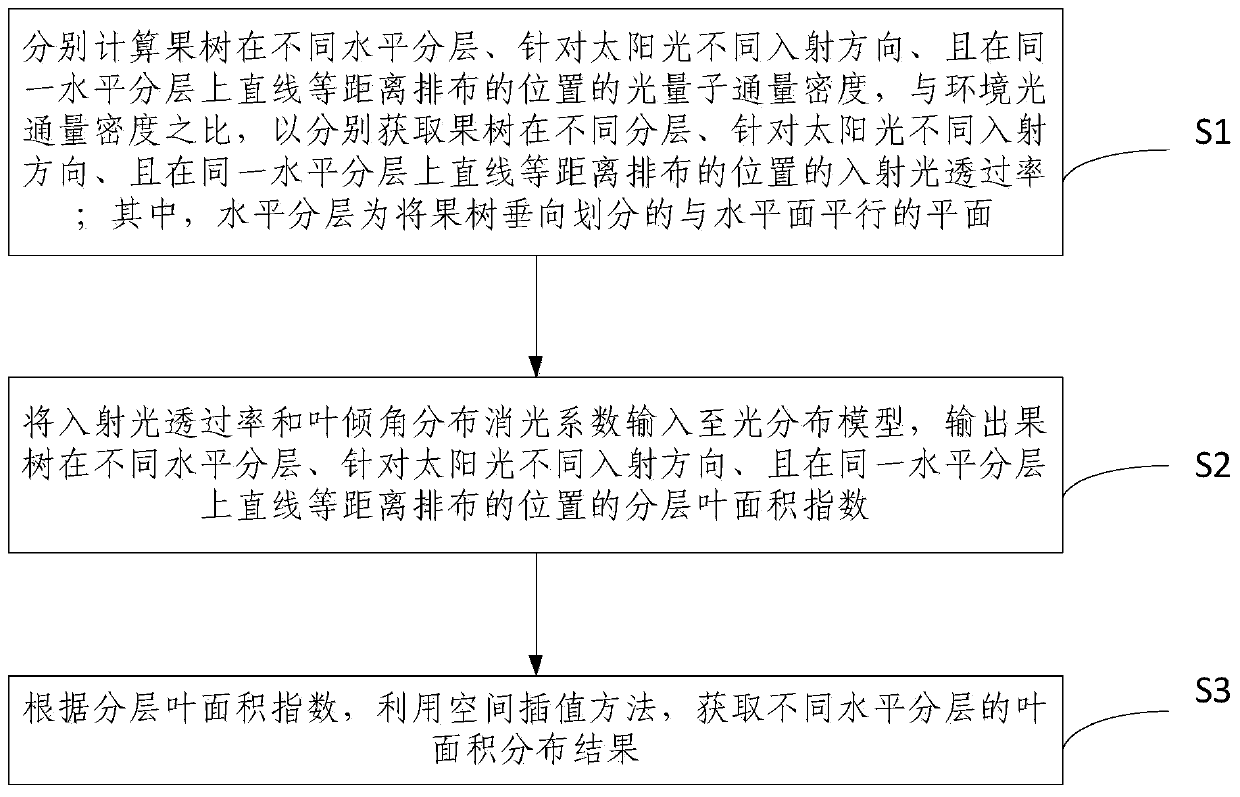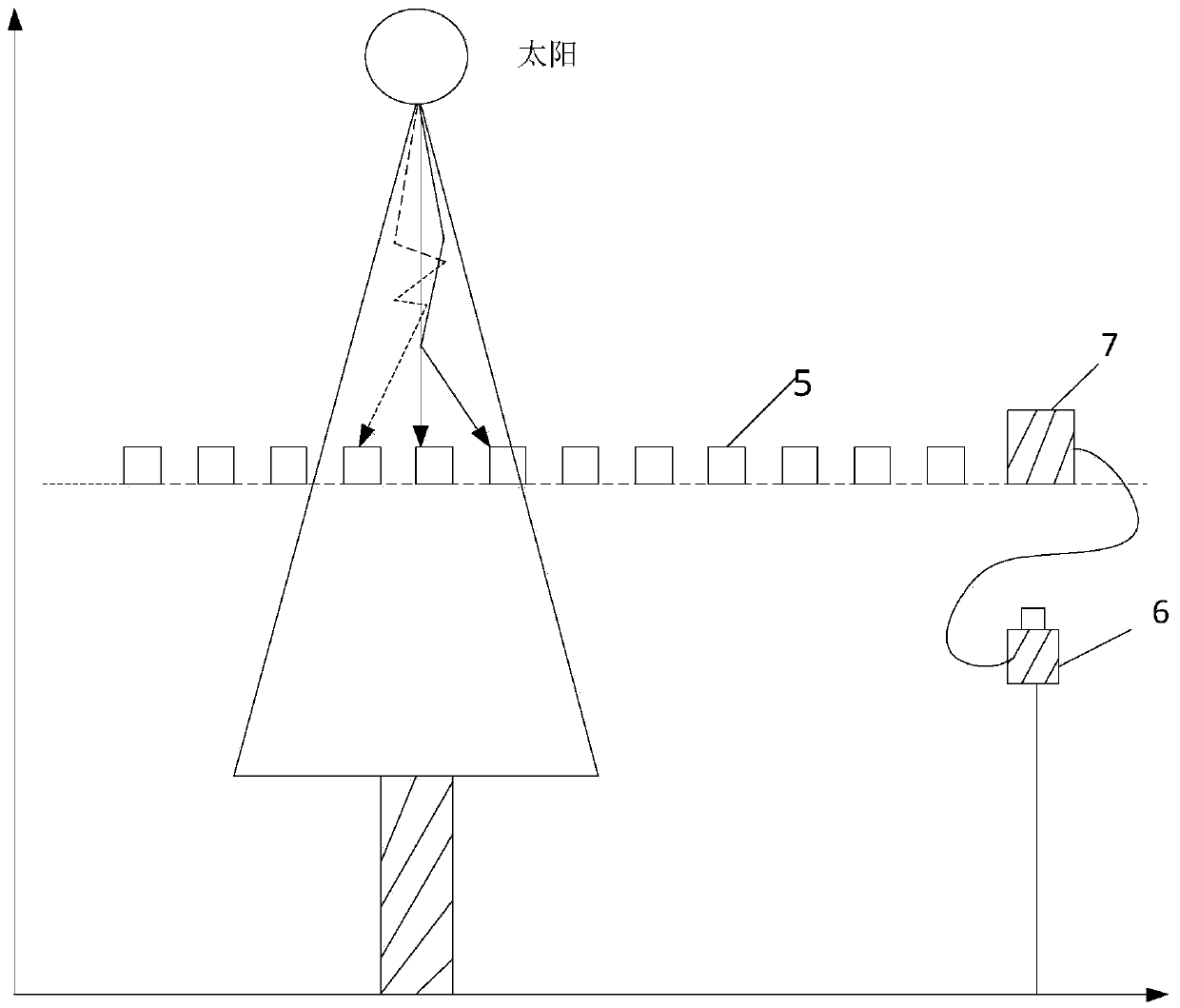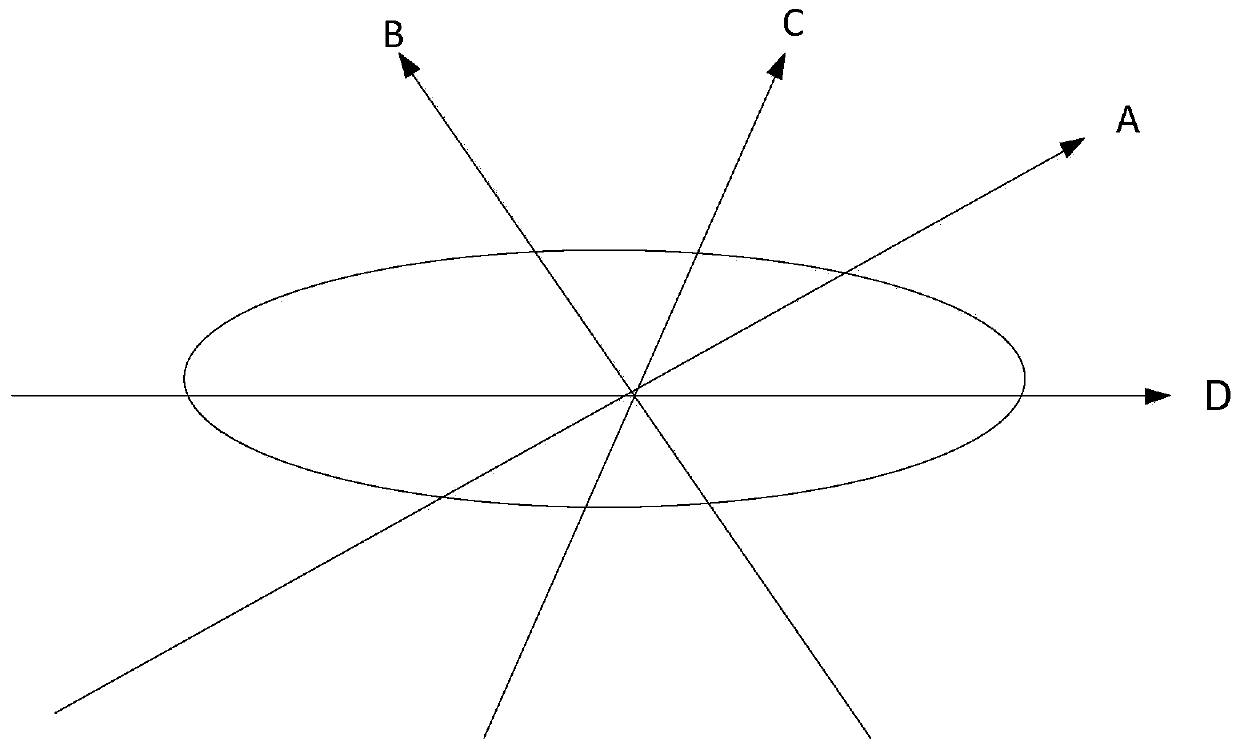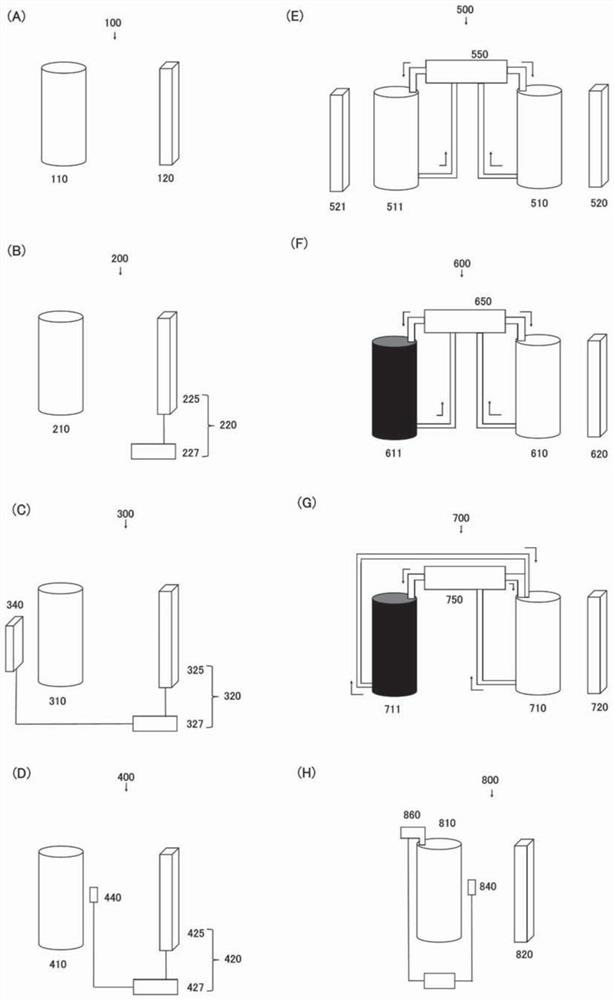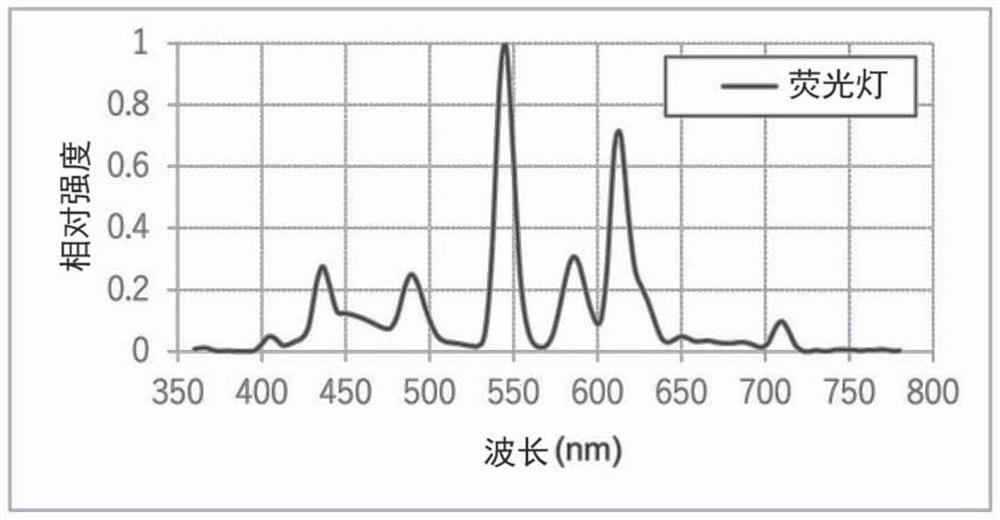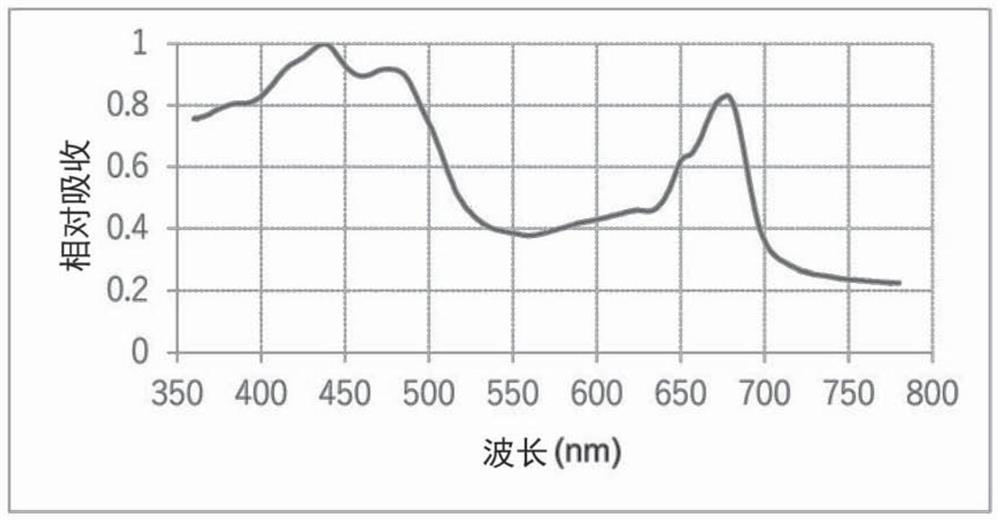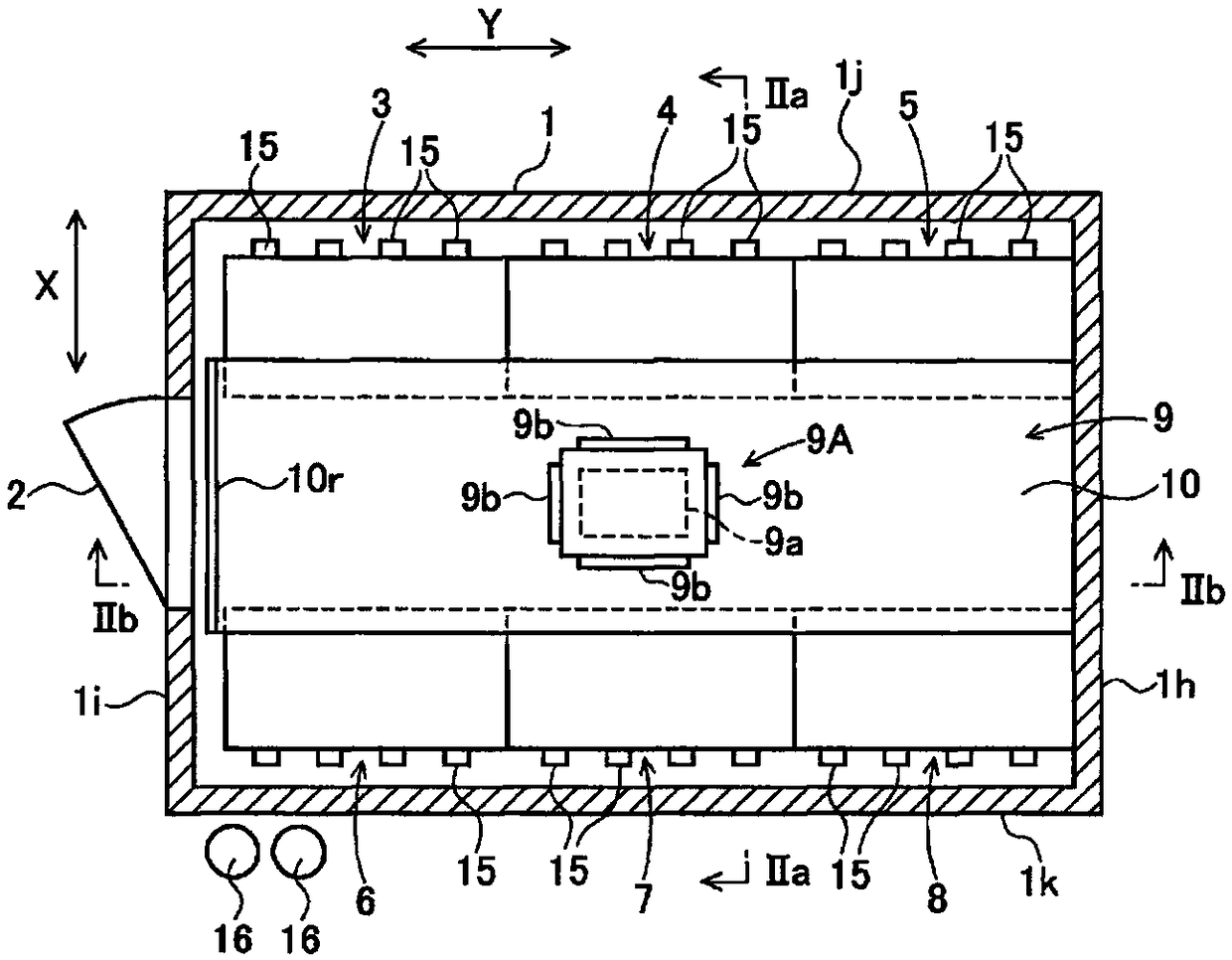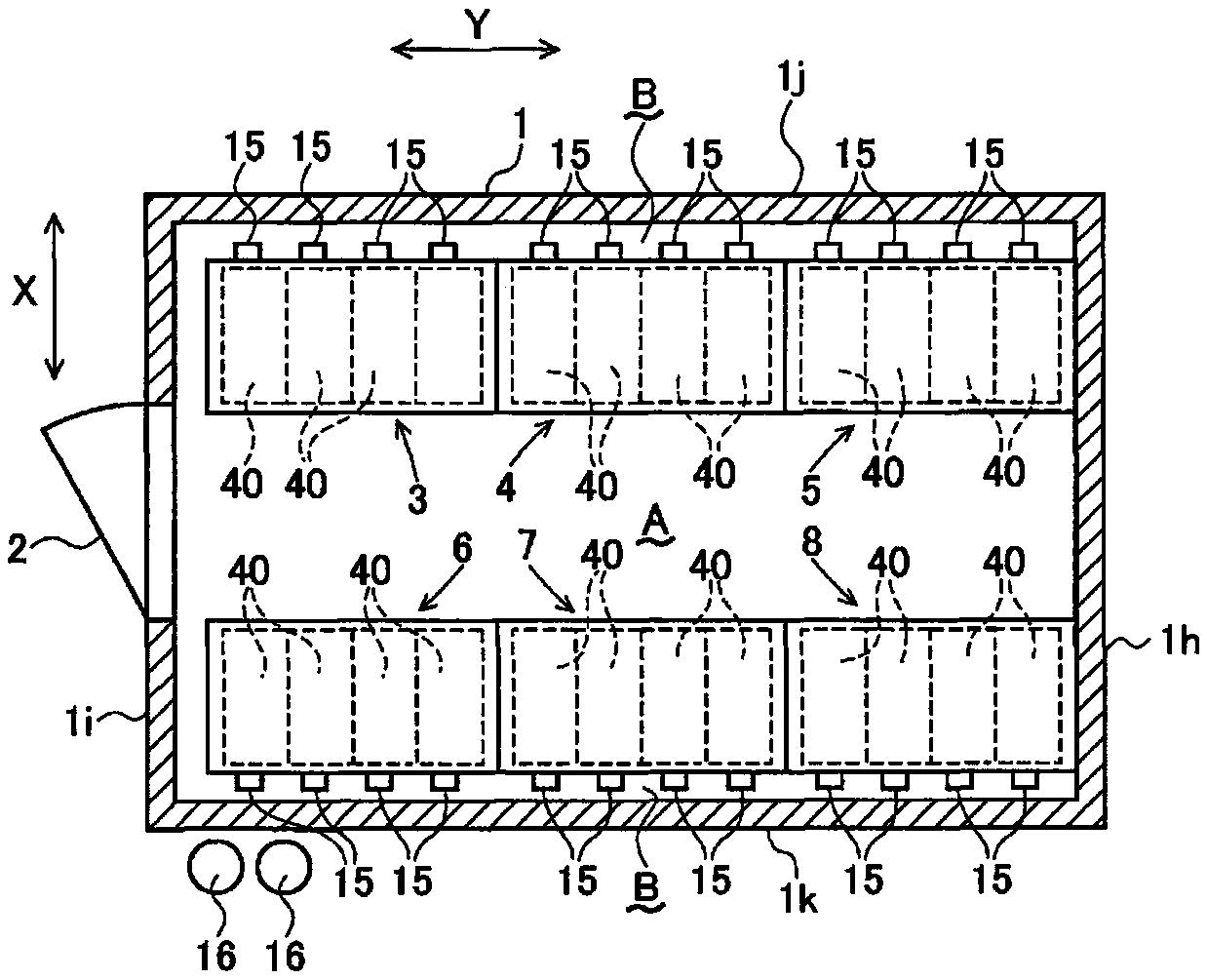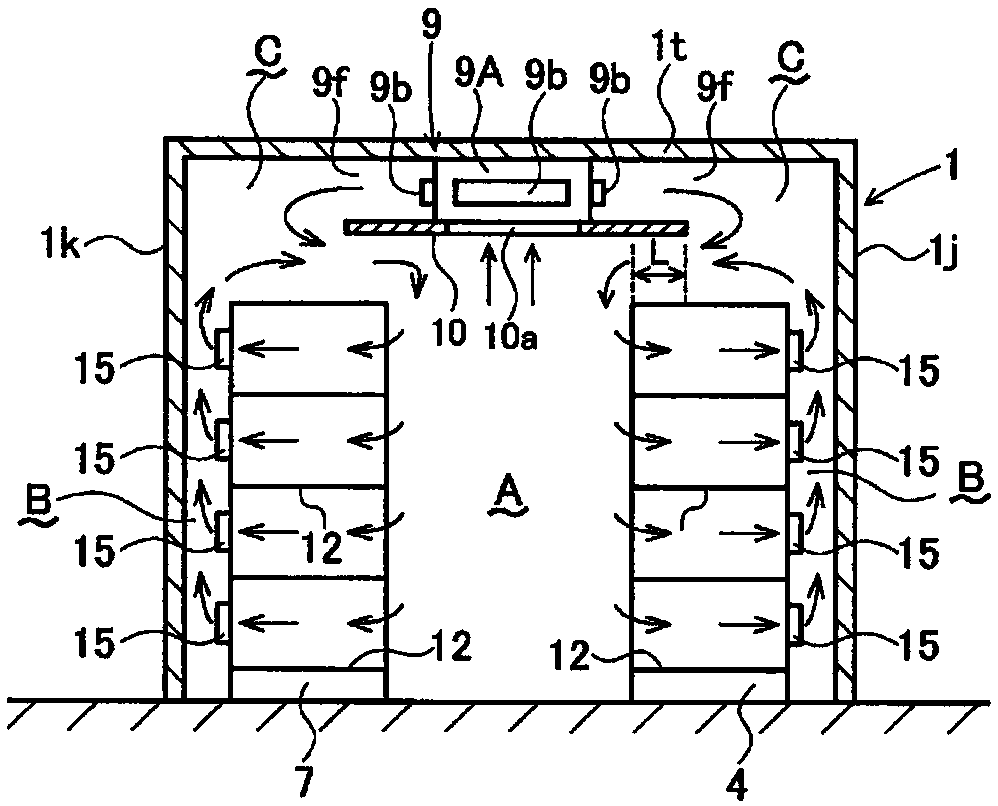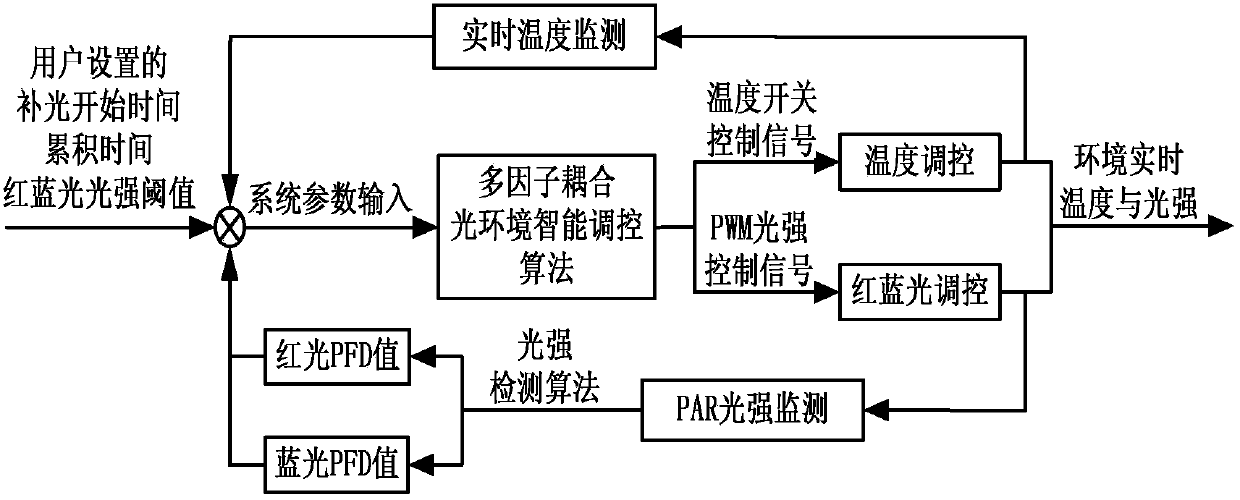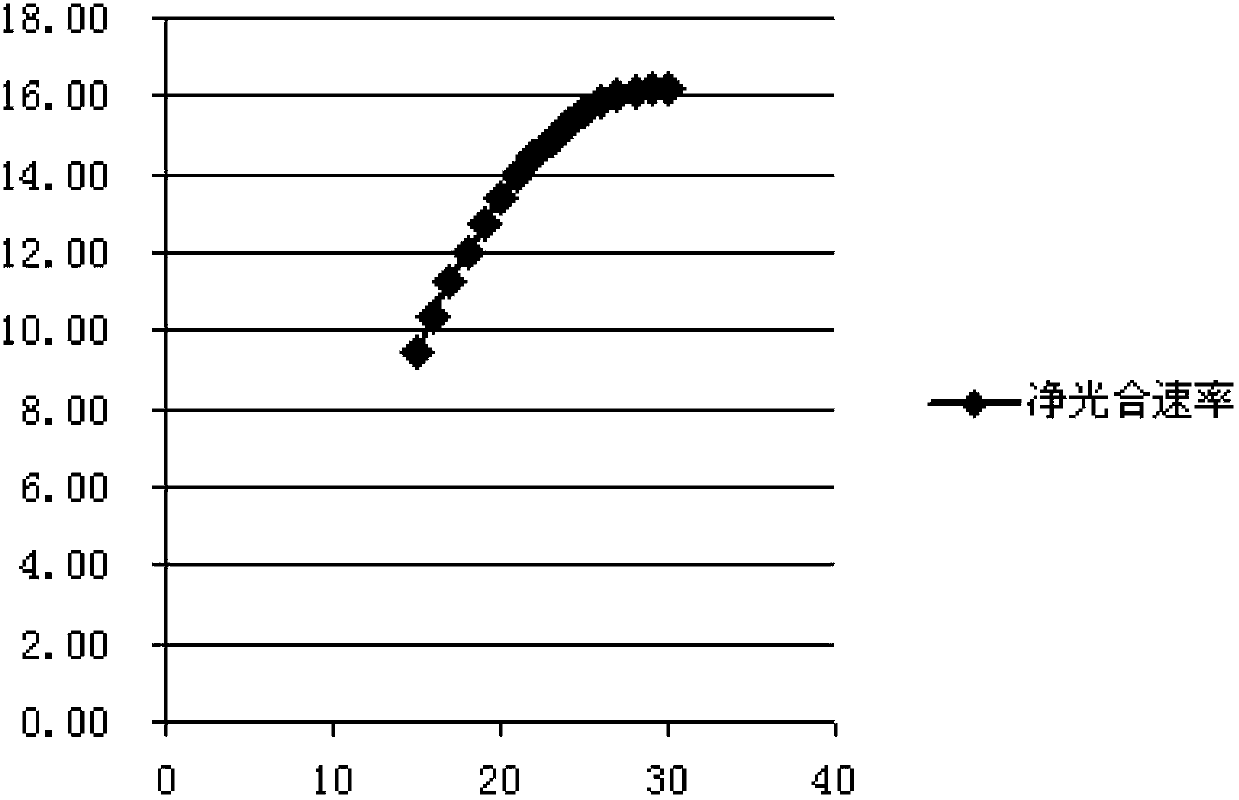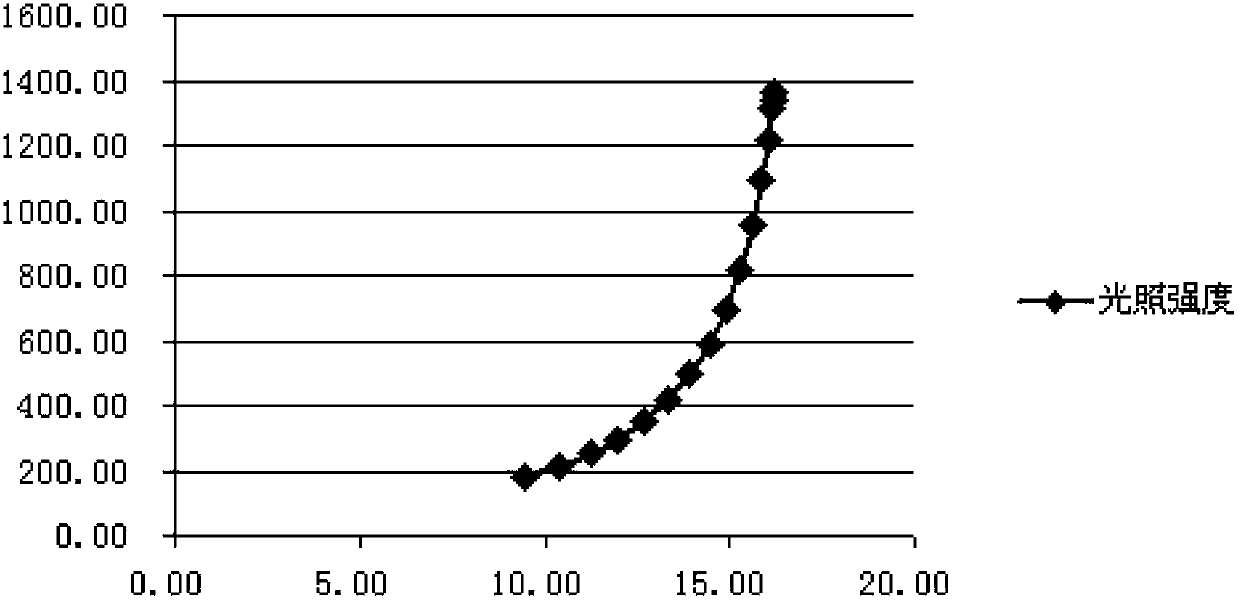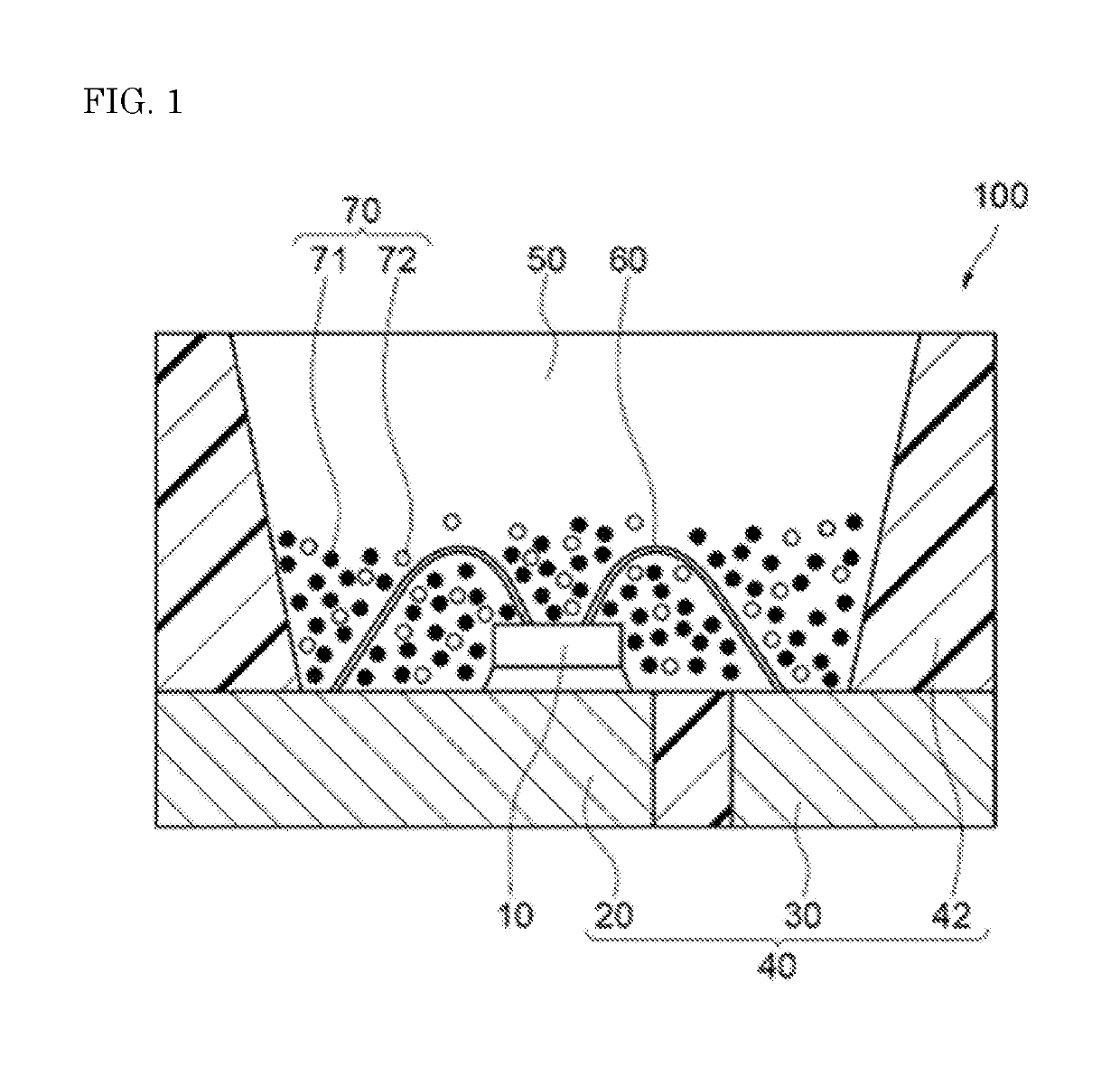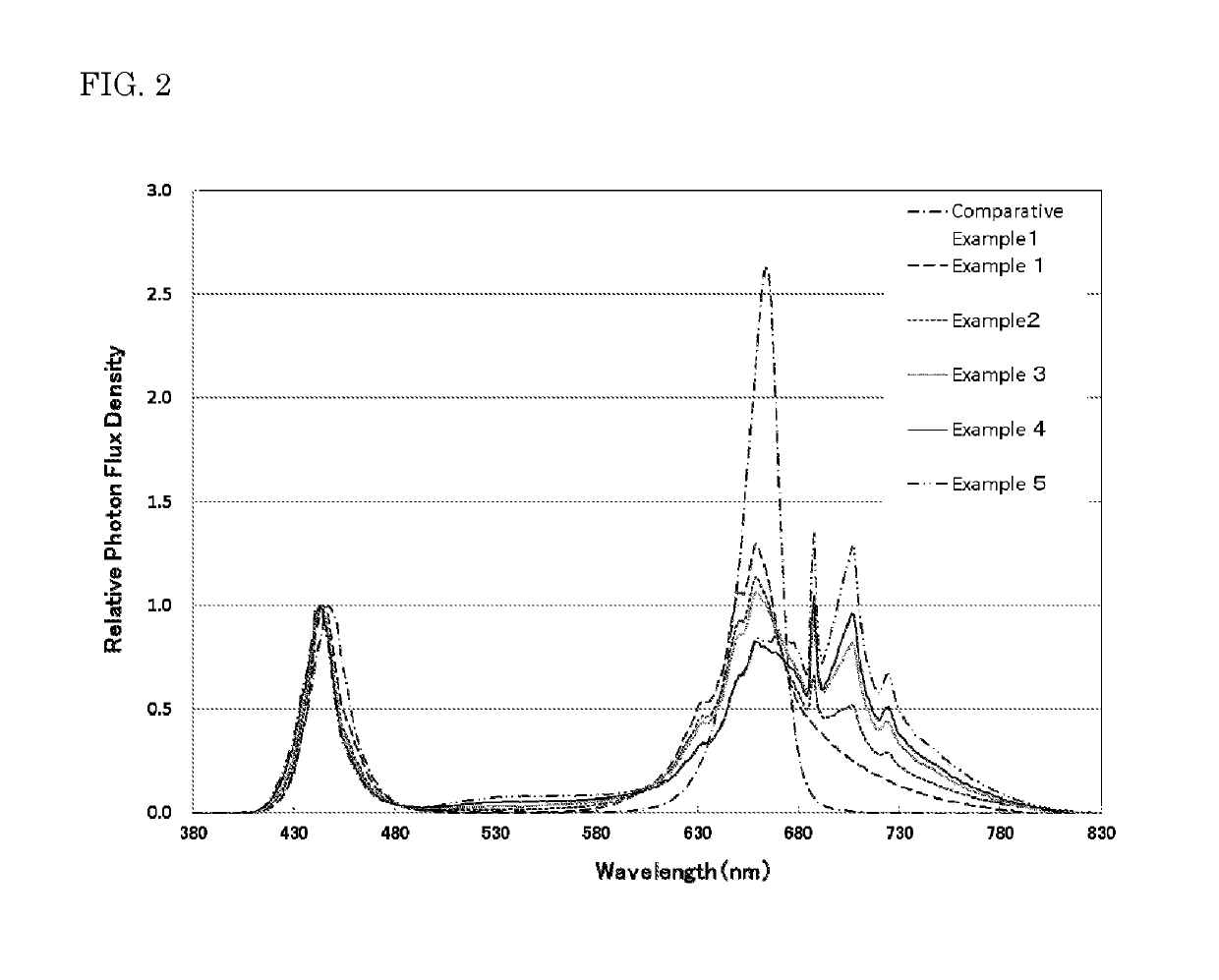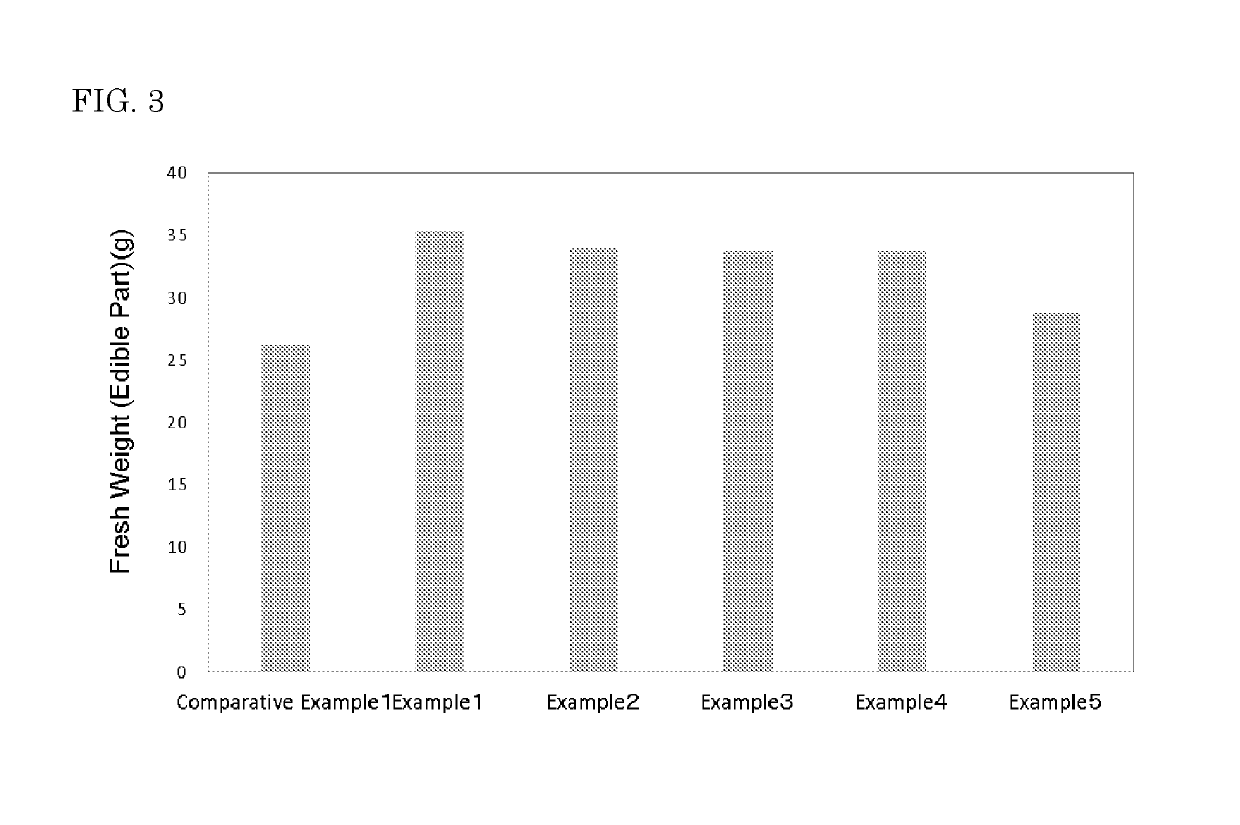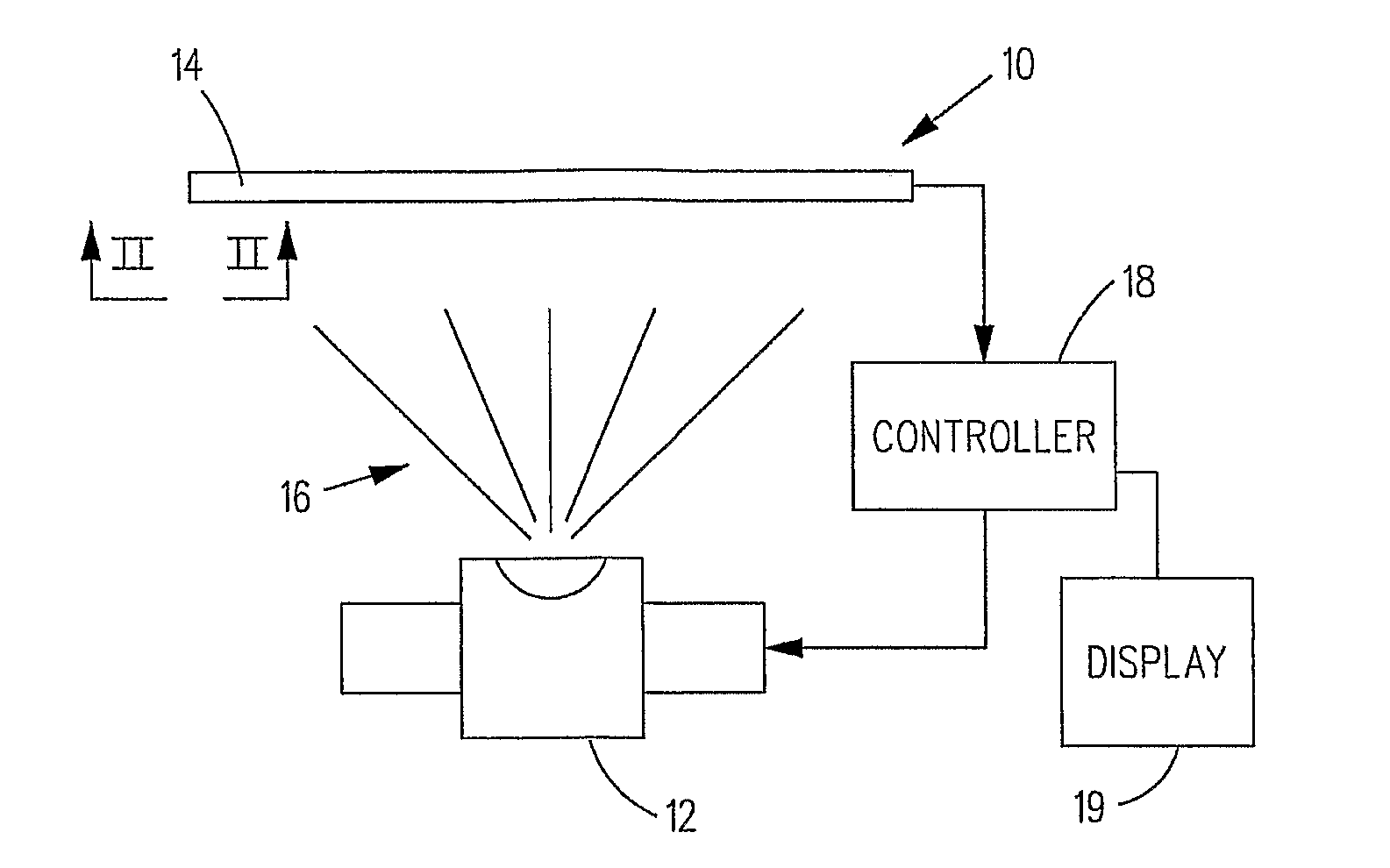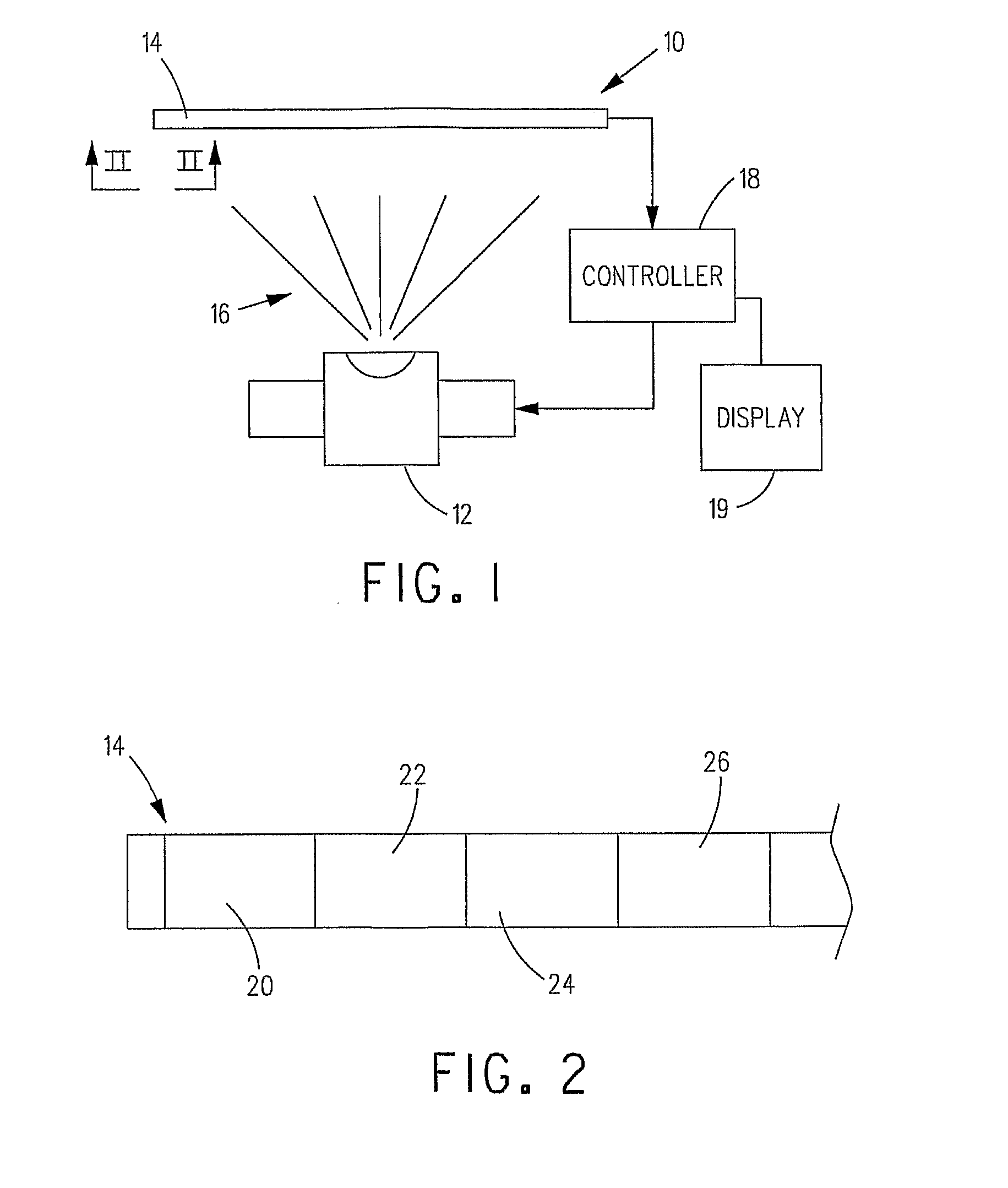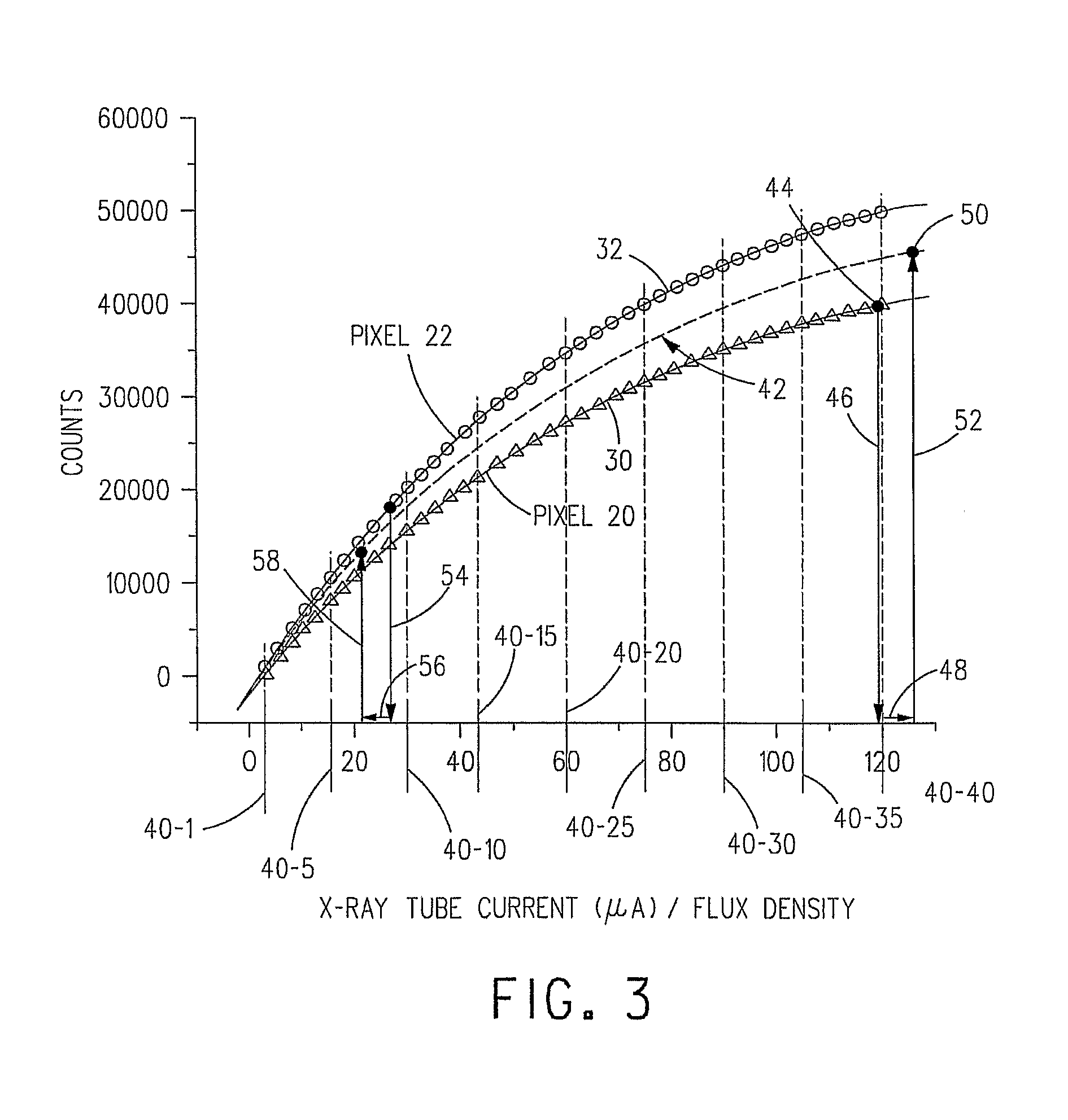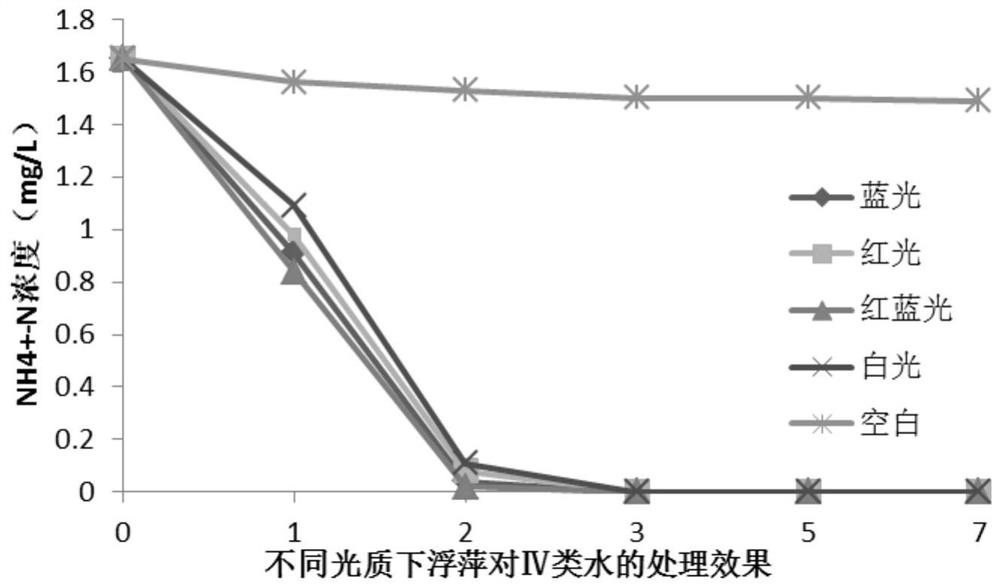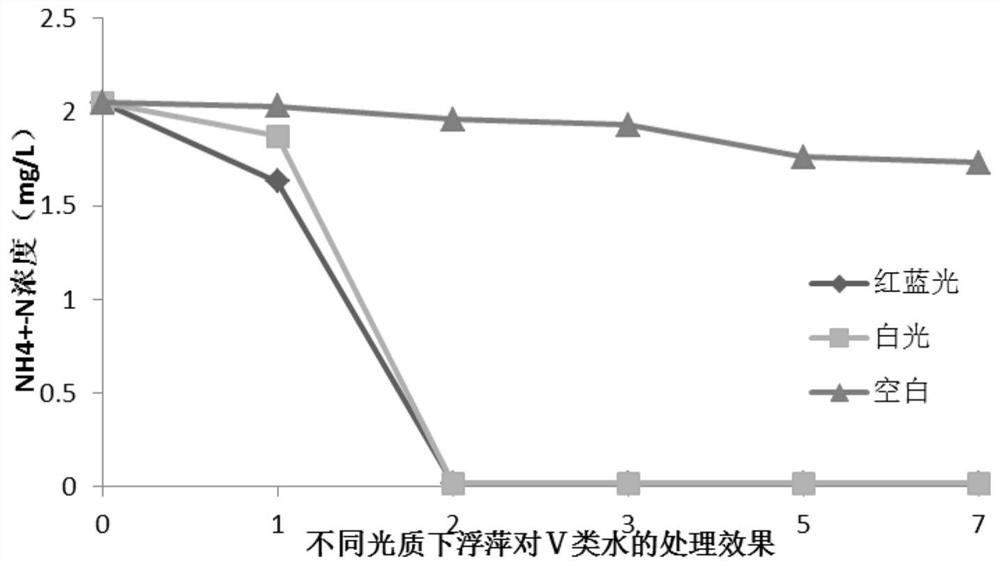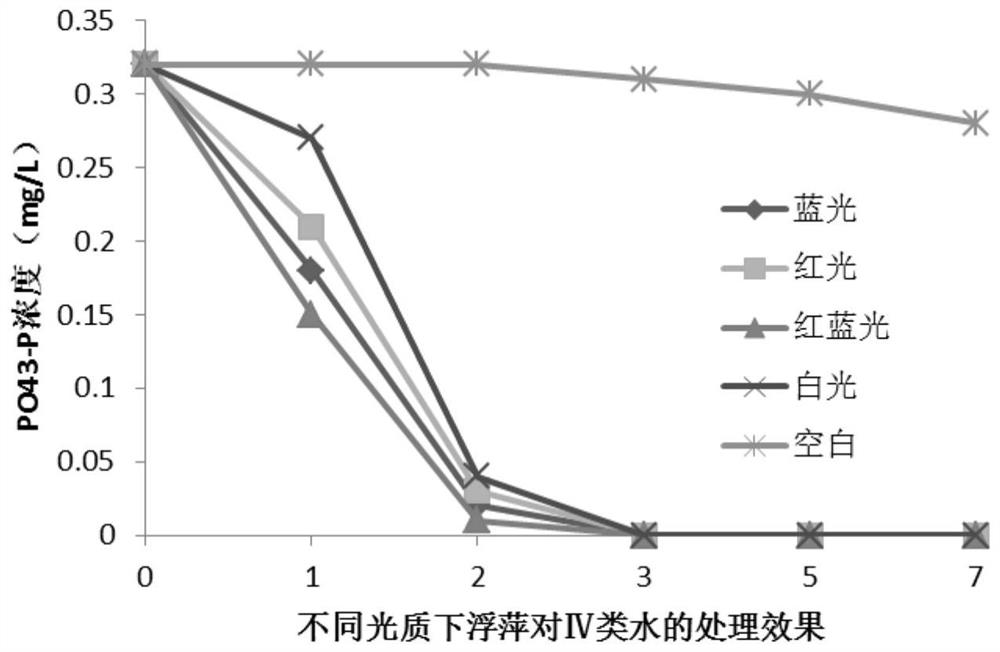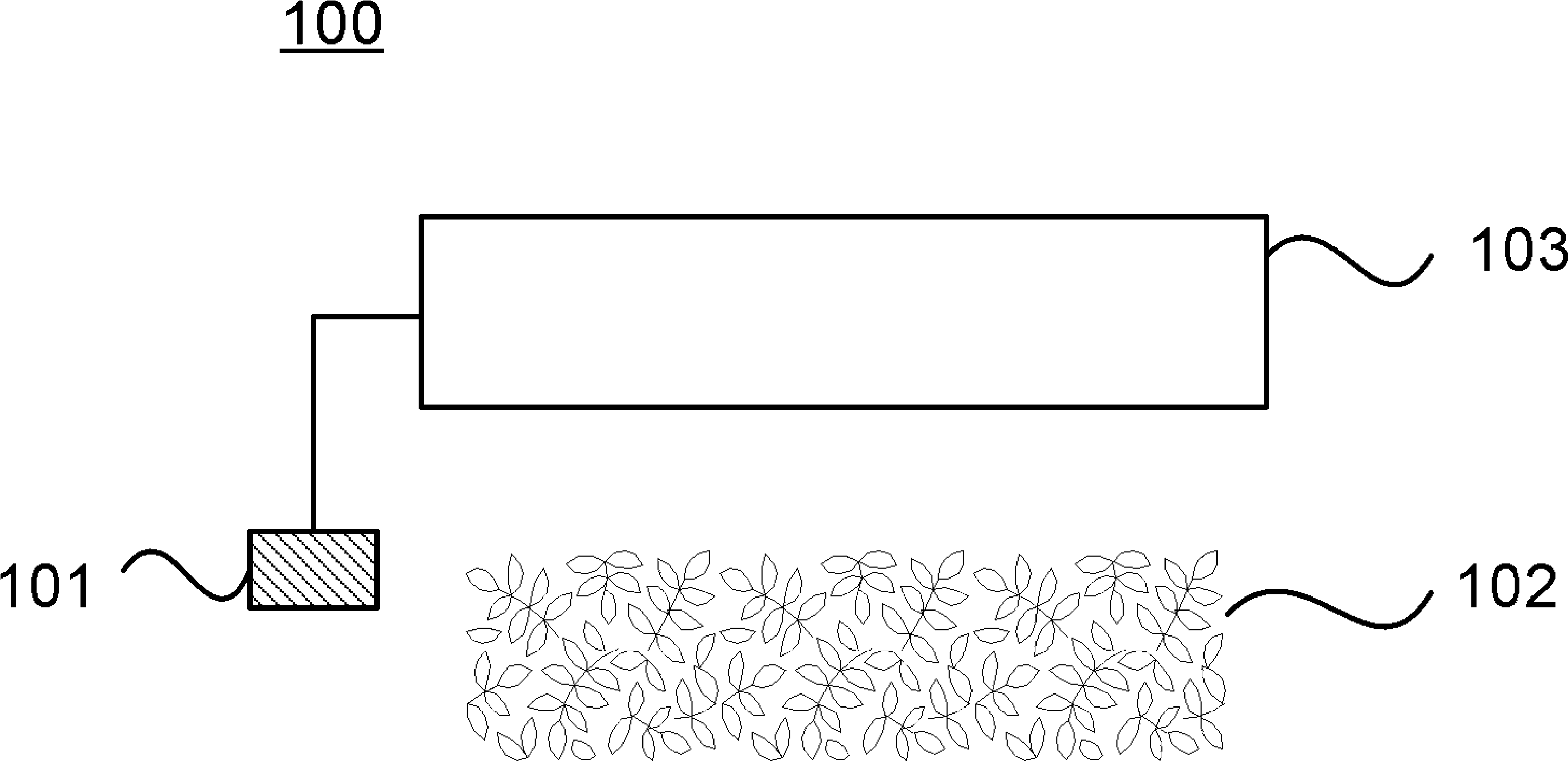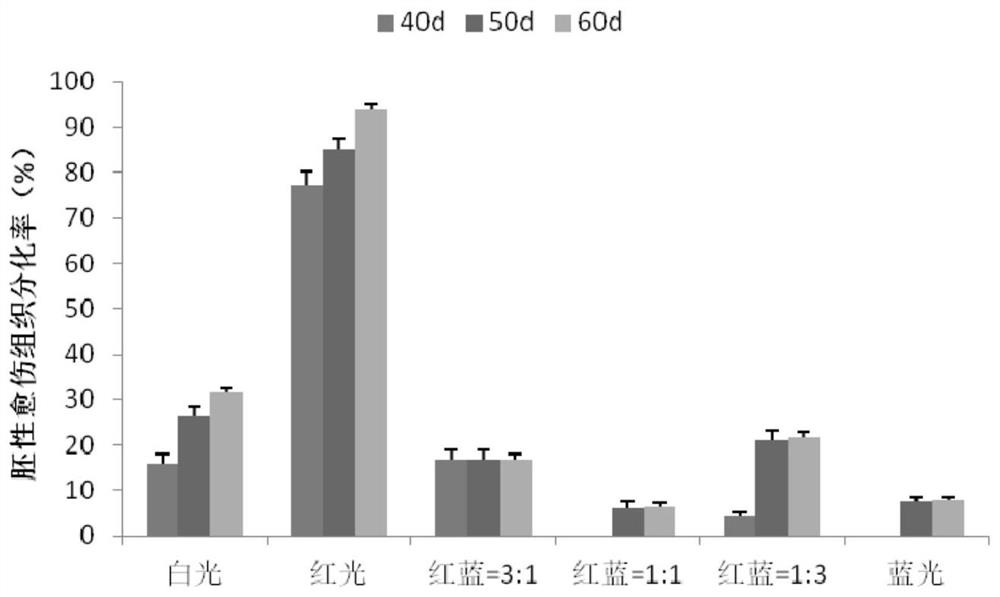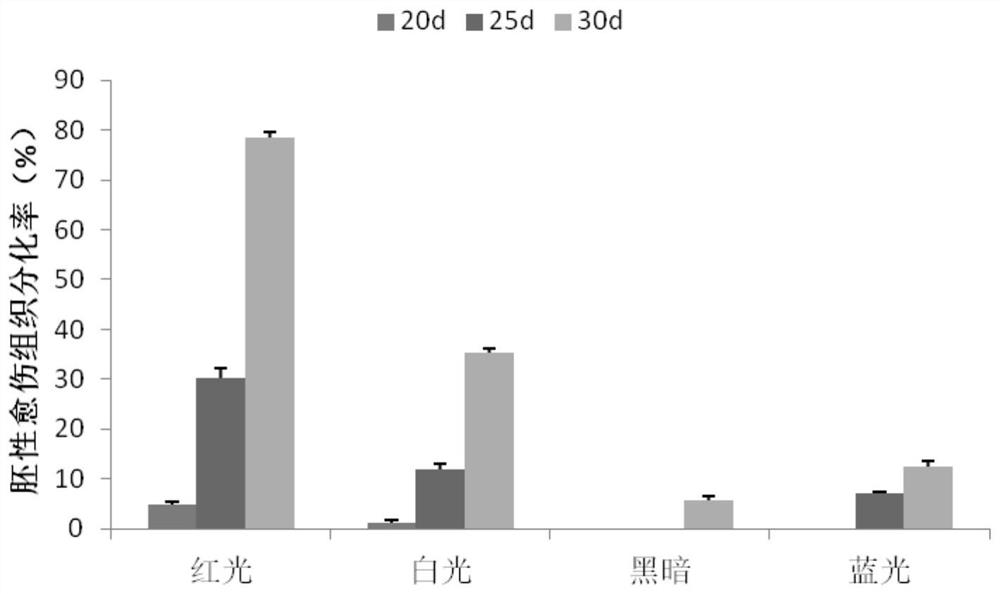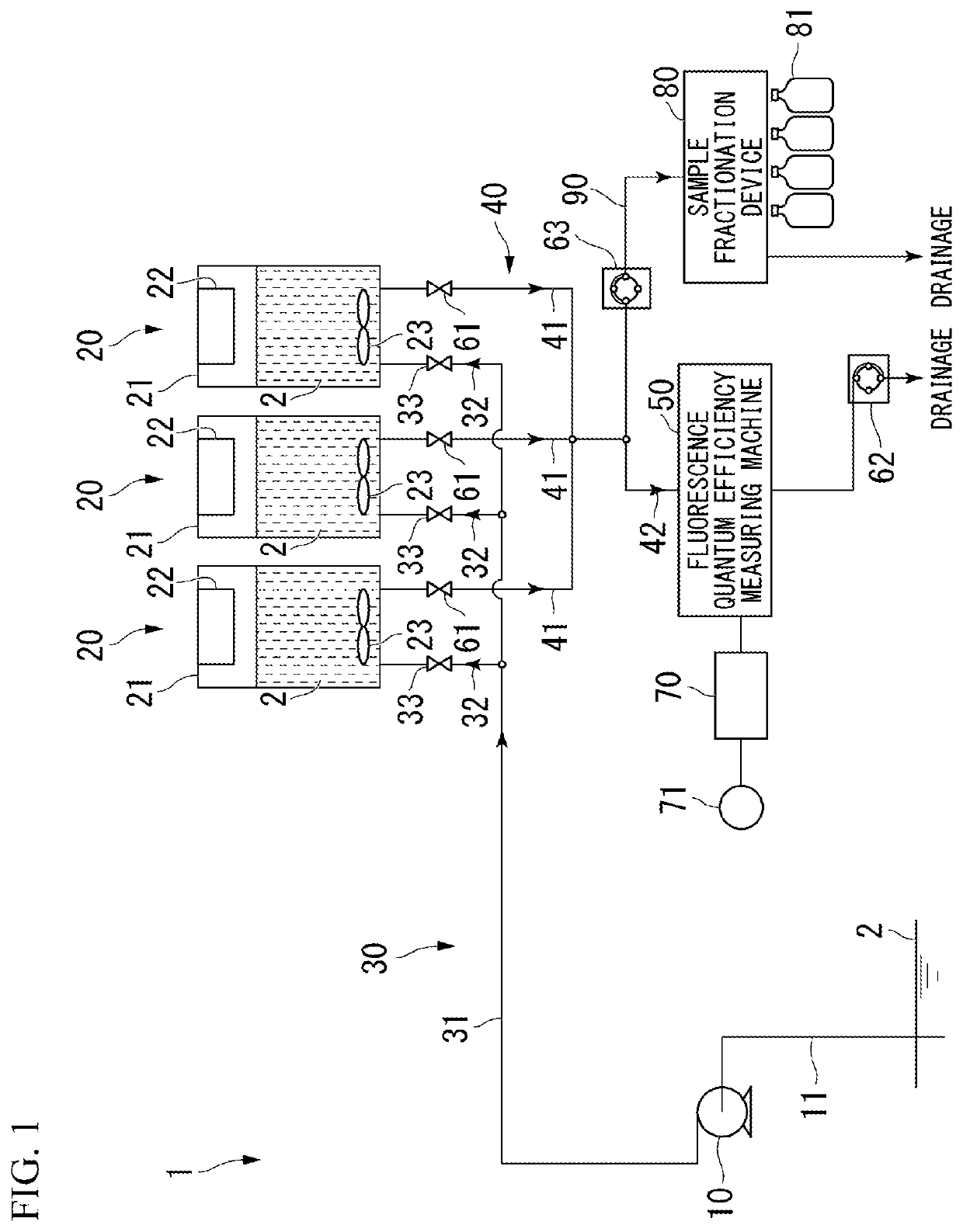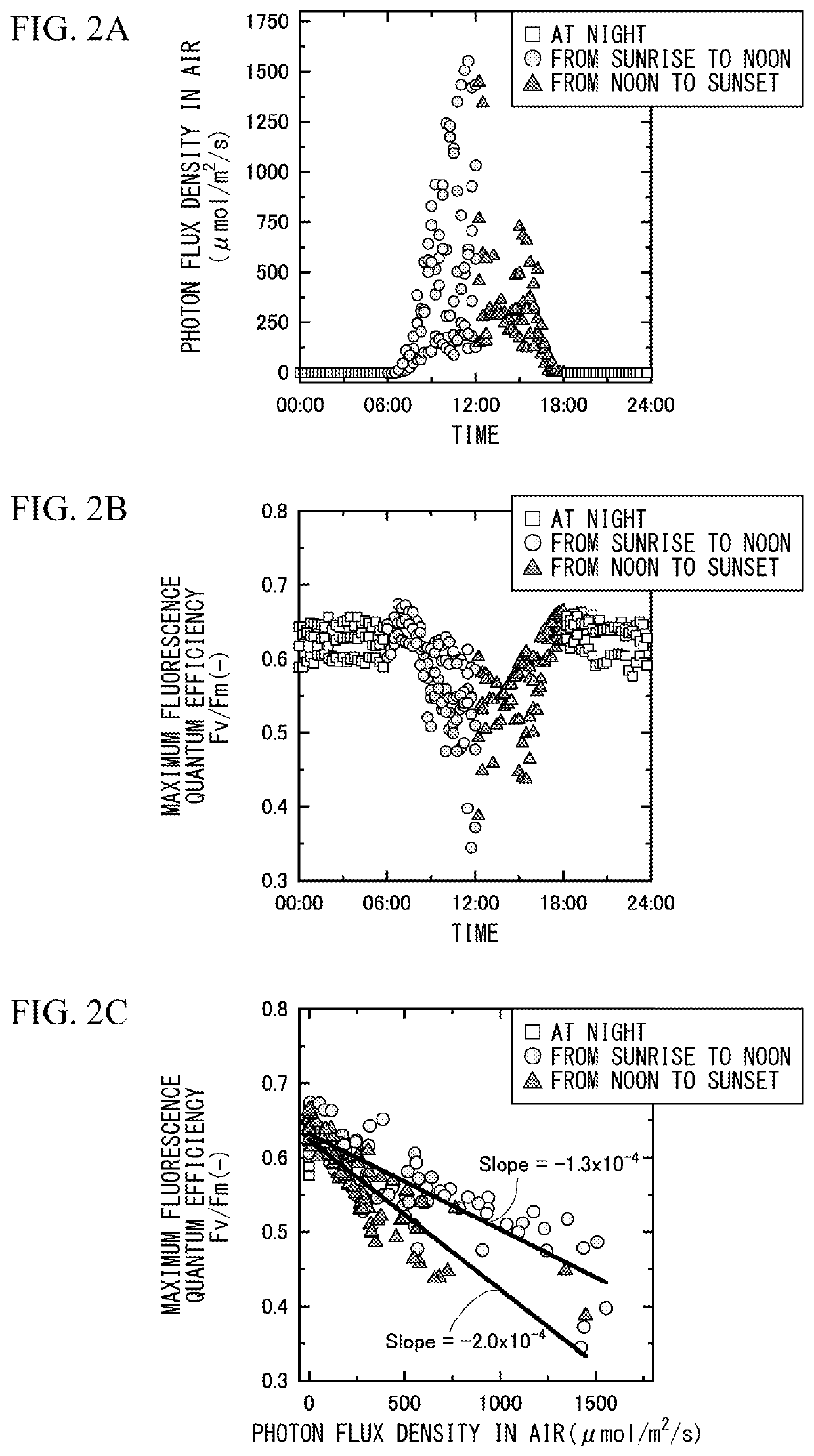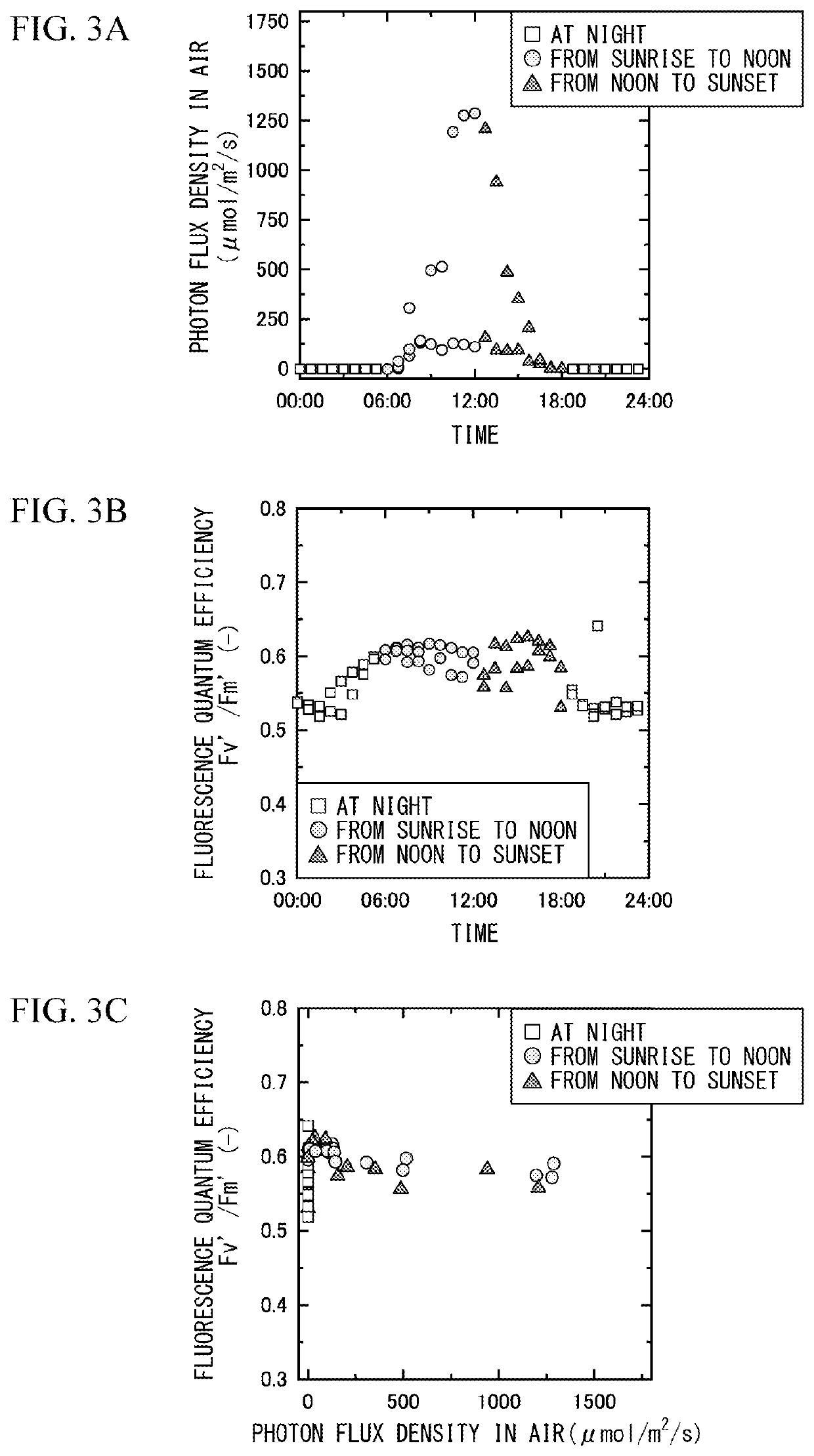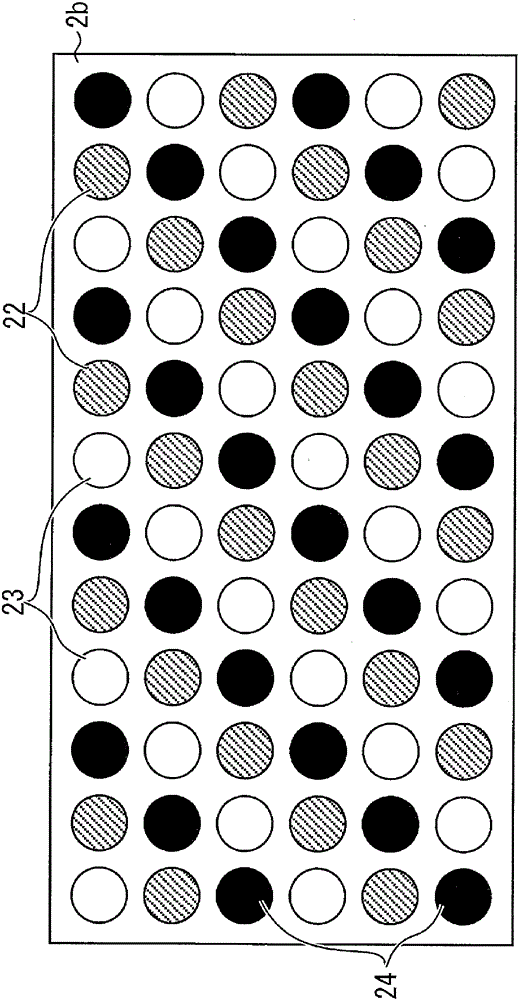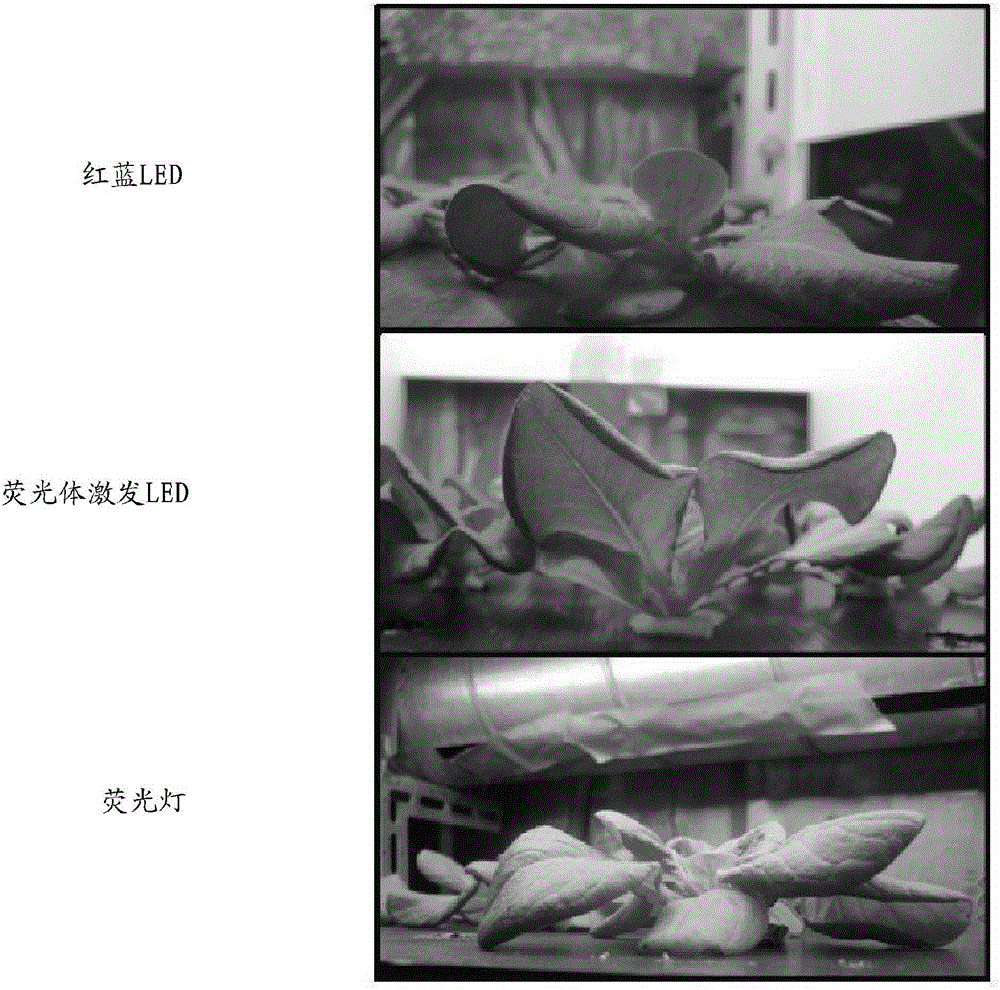Patents
Literature
Hiro is an intelligent assistant for R&D personnel, combined with Patent DNA, to facilitate innovative research.
42 results about "Photon flux density" patented technology
Efficacy Topic
Property
Owner
Technical Advancement
Application Domain
Technology Topic
Technology Field Word
Patent Country/Region
Patent Type
Patent Status
Application Year
Inventor
Photon Flux Density is a measurement of the number of photons passing through a particular area per second. It only counts photons going through the specified area, and is usually expressed in micromoles of light per square meter per second, or μmol/m2/s.
Method and system of intelligent light-environment controlling based on multi-factor coupling
ActiveCN103237380AReal-time captureRealize intelligent controlTemperatue controlSaving energy measuresControl signalPhoton flux density
The invention relates to a method of intelligent light-environment controlling based on multi-factor coupling. The method includes setting illumination cumulative time according to illumination demand characteristics of plants in the current environment, monitoring real-time red-blue light PFD (photon flux density) value and real-time temperature value in the environment during the illumination cumulative time, matching optimum environment light intensity with the temperature, calculating differences between monitoring values of the red-blue light and target values according to red-blue light saturation point of current plants on different temperature conditions, performing supplementary lighting as demanded, adjusting temperature to be in a threshold range of photosynthesis effective temperature when the monitoring value excesses. The invention further provides a system for implementing the method of intelligent light environment controlling. A multi-factor coupling based intelligent light-environment controlling algorithm is called, so that precise controlling on temperature and sub-band light intensity of the environment is completed; light adjustment can be effectively controlled through a PWM (pulse-width modulation) controlling signal based on minimum energy consumption; and the optimized controlling on the temperature and the sub-band light intensity of the plant growing environment is realized.
Owner:NORTHWEST A & F UNIV
CdZnTe Device Using Constrained Design For High-Flux X-Ray Spectroscopic Imaging Applications
A CdZnTe photon counting detector includes a core material of Cd1-xZnxTe, where (0≦x<1), an anode terminal on one side of the core material and a cathode terminal on a side of the core material opposite the anode terminal. At least one of the following is selected in the design of the detector as a function of the maximum sustainable photon flux the core material is able to absorb in operation while avoiding polarization of the core material: electron lifetime-mobility product of the core material; de-trapping time of the core material; a value of a DC bias voltage applied between the anode and the cathode; a temperature of the core material in operation; a mean photon flux density to be absorbed by the core material in operation; and a thickness of the core material between the anode and the cathode.
Owner:PRODUCE
Method for stimulating plant growth, apparatus and methods for computing cumulative light quantity
InactiveCN104703464AShortened growth periodClimate change adaptationGreenhouse cultivationMulti bandInformation processing
The present invention provides a method for stimulating plant growth, which comprises: (a) placing a light transmissive material for adjusting or retaining light spectrum wavelengths below 500 nm (section A), between 500~630 nm (section B), and above 630 nm (section C) between the light and a photosynthesis receptor of the plant; and (b) providing the illuminance or photon flux density of section B lower than that of section A or section C after the light passing through the light transmissive material. The present invention also provides an apparatus and methods for computing cumulative light quantity, comprising (a) a spectrum sensing unit; (b) a spectrum multi-band setting module; (c) a cumulative light quantity computing module; (d) an information processing unit; and (e) a control unit.
Owner:吴炎东
CdZnTe device using constrained design for high-flux x-ray spectroscopic imaging applications
A CdZnTe photon counting detector includes a core material of Cd1-xZnxTe, where (0≦x<1), an anode terminal on one side of the core material and a cathode terminal on a side of the core material opposite the anode terminal. At least one of the following is selected in the design of the detector as a function of the maximum sustainable photon flux the core material is able to absorb in operation while avoiding polarization of the core material: electron lifetime-mobility product of the core material; de-trapping time of the core material; a value of a DC bias voltage applied between the anode and the cathode; a temperature of the core material in operation; a mean photon flux density to be absorbed by the core material in operation; and a thickness of the core material between the anode and the cathode.
Owner:PRODUCE
Optimal light quality and photon flux density-based light requirement real-time dynamic obtaining method
ActiveCN107145941AOvercome the problem of difficult selection of expansion speedPrediction of photosynthetic rate is accurateDesign optimisation/simulationNeural learning methodsNetwork modelCorrelation analysis
The invention discloses an optimal light quality and photon flux density-based light requirement real-time dynamic obtaining method. The method comprises the steps of firstly performing modeling based on a photosynthetic rate of a GA-GRNN, and optimizing an expansion speed of a GRNN by utilizing a GA algorithm, wherein related analysis of a predicted value and an actually measured value of a photosynthetic rate prediction model of the GA-GRNN is remarkably superior to that of a GRNN model; and then based on the photosynthetic rate prediction model of the GA-GRNN, performing photosynthetic rate optimization by using a quantum genetic algorithm to obtain corresponding optimal light quality and photon flux density, and building a light environment control target value model by adopting multiple linear regression fitting, wherein determination coefficients of optimal light quality model and photon flux density model are 0.992 and 0.9893 respectively. The photosynthetic rate at each temperature is taken as the actually measured value, and the photosynthetic rate corresponding to the optimal light quality and the optimal photon flux density is taken as the predicted value; a related analysis method is adopted; the determination coefficient is 0.936, the fitting straight slope is 1.012, and the intercept is 0.054; and a result shows that the built coupled light quality and photon flux density control target value model is good in performance.
Owner:NORTHWEST A & F UNIV
Fish swarm algorithm-based cucumber seedling stage carbon dioxide optimization regulation and control model, establishment method and application thereof
InactiveCN105654242AStrong global optimization abilityFast optimizationArtificial lifeResourcesLinear regressionPhoton flux density
The invention relates to a fish swarm algorithm-based cucumber seedling stage carbon dioxide optimization regulation and control model. A model formula is put forwards with temperature T and photon flux density PFD adopted as independent variables and with carbon dioxide concentration corresponding to a maximum photosynthetic rate adopted as a dependent variable; the establishment and application of the model are also disclosed. Multi-dimensional data are acquired by using a photosynthetic rate multiple-factor nested experiment; a photosynthetic rate multivariable nonlinear regression model is constructed; a fish swarm algorithm-based carbon dioxide model optimization method is designed; carbon dioxide saturation points under different temperature and different photon flux density are obtained; and the cucumber carbon dioxide optimization regulation and control model with the carbon dioxide saturation points adopted as target values can be built. As indicated by model verification test results, the fish swarm algorithm-based cucumber seedling stage carbon dioxide optimization regulation and control model of the invention can dynamically obtain the carbon dioxide saturation points under different temperature and different photon flux density, the determination coefficient of the actually-measure values and calculated values of the carbon dioxide saturation points is 0.98, and the maximum relative error of the actually-measure values and calculated values of the carbon dioxide saturation points is lower than 3%, and the model has high precision and is of great significance for the improvement of the carbon dioxide environmental regulation and control efficiency of facilities.
Owner:NORTHWEST A & F UNIV
Method for stimulating plant growth, apparatus and methods for computing cumulative light quantity
The present invention provides a method for stimulating plant growth, which comprises: (a) placing a light transmissive material for adjusting or retaining light spectrum wavelengths below 500 nm (section A), between 500˜630 nm (section B), and above 630 nm (section C) between the light and a photosynthesis receptor of the plant; and (b) providing the illuminance or photon flux density of section B lower than that of section A or section C after the light passing through the light transmissive material. The present invention also provides an apparatus and methods for computing cumulative light quantity, comprising (a) a spectrum sensing unit; (b) a spectrum multi-band setting module; (c) a cumulative light quantity computing module; (d) an information processing unit; and (e) a control unit.
Owner:CHEN CHUNG YUNG +1
Integrated intelligent plant characteristic spectrum dodging LED light source and packaging method
InactiveCN107750070AEvenly distributedElectroluminescent light sourcesSolid-state devicesAction spectrumLight energy
The invention relates to an integrated intelligent plant characteristic spectrum dodging LED light source and a packaging method. The light source adopts an integration packaging technology and blue,white and red LED chips are packaged into one luminescence unit according to different radiation power ratios. Radiation intensity of each type of LED chips can be individually adjusted. Through an intelligent multichannel constant current driving chip and a MCU control circuit, based on a cultivated plant demand, a radiation spectrum is emitted according to a photosynthesis photon flux density (PPFD) corresponding to a characteristic spectrum of a specific cultivated plant so as to carry out illumination according to the characteristic spectrum of the specific plant. The pectrums generated byillumination systems formed by the plurality of LED light sources irradiate the consistent space so that a disadvantage that space distribution of plant characteristic spectrums generated by other modes of light sources is inconsistent is overcome, a luminous energy utilization rate is maximized and benefits can be maximized. In the invention, an ideal illumination device can be provided for scientific research and production of modern agriculture, such as an urban farm, a phytotron, greenhouse seedling and the like.
Owner:杭州驭光科技有限公司
Microchannel plate-based modulated X-ray generation device and method
The invention discloses a microchannel plate-based modulated X-ray generation device and method. The microchannel plate-based modulated X-ray generation device comprises a photocathode, a microchannelplate, two mesh electrodes, an anode target, a vacuum system and a high-voltage power supply, wherein a front plate and a back plate of the microchannel plate provide deflection voltage; the back plate of the microchannel plate and one mesh electrode form a field-free region; the mesh electrode and the other mesh electrode form an uniform electric field; the anode target is used for bombarding electrons accelerated by the uniform electric field and then generating X-rays; the photocathode, the microchannel plate, the mesh electrodes and the anode target are arranged in the vacuum system; thehigh-voltage power supply provides the microchannel plate, the mesh electrodes and the anode target with electricity; and modulation of the X-rays is achieved through adjusting the deflection voltage,the uniform electric field and voltage of the anode target. According to the microchannel plate-based modulated X-ray generation device and method, large-area array modulated X-rays with large dynamic ranges and uniform photon flux density can be generated.
Owner:SHANDONG INST OF AEROSPACE ELECTRONICS TECH
Vital algae quick detection device for ballast water and detection method of vital algae quick detection device
PendingCN107543812AThe detection process is fastNo extractionFluorescence/phosphorescenceCuvetteOptical axis
The invention discloses a vital algae quick detection device for ballast water and a detection method of the vital algae quick detection device, relates to the technical field of detectors, and aims to solve the technical problem on detection of the activity of algae in the ballast water. The device comprises a sample chamber, wherein a sample basin is arranged in the sample chamber; an excitationlight source is arranged on each of the left and right sides of the sample chamber; emergent light axes of the two excitation light sources are intersected at the sample basin; one of the excitationlight source is a pulse excitation light source, and the other excitation light source is a saturated excitation light source; the photon flux density of emergent light rays of the pulse excitation light source is 0.1 to 1 micromole photon per square second; the photon flux density of emergent light rays of the saturated excitation light source is 2,000 to 4,000 micromole photon per square second;a photoelectric receiver for receiving the emergent light rays of the sample chamber is arranged in front of a light emergent window of the sample chamber. The device and the method which are provided by the invention can quickly detect the activity of the algae in the ballast water.
Owner:OULU SCI INSTR SHANGHAI
Improved fish swarm algorithm-based tomato seedling stage photosynthesis optimization regulation and control model, establishment method and application
InactiveCN105427061AStrong global optimization abilityFast optimizationResourcesCoefficient of determinationMultidimensional data
The invention relates to an improved fish swarm algorithm-based tomato seedling photosynthesis optimization regulation and control model. According to the model, with temperature T adopted as an independent variable and photon flux density (PFD) corresponding to a light saturation point adopted as a dependent variable, a model formula is put forward. The invention also discloses an establishment method and application of the model. According to the establishment method of the model, multidimensional data are obtained through utilizing a photosynthetic rate double-factor nested test; a temperature and photon flux density coupled photosynthetic rate multivariate nonlinear regression model is constructed; an improved fish swarm algorithm-based photosynthetic rate model optimization method is designed, so that a light saturation point under different temperature conditions is obtained; and the tomato photosynthetic optimization regulation and control model with the light saturation point adopted as a target value is established. As indicated by the result of a model verification test, the light saturation point under different temperature conditions can be dynamically acquired; the determination coefficient of the actual measurement value and calculated value of the light saturation point is 0.967, and the maximum relative error of the actual measurement value and calculated value of the light saturation point is smaller than 2%, and the regulation and control model has high accuracy and has great significance for improving the regulation and control efficiency of light environment of facilities.
Owner:NORTHWEST A & F UNIV
Detection method and equipment based on solar single-band photon flux density model
ActiveCN103148934AAccurate acquisitionStrong targetingPhotometry using electric radiation detectorsContinuous measurementPhoton flux density
Provided are a detection method and equipment based on a solar single-band photon flux density model. According to detection time and a geographic position, a real-time solar altitude is calculated. Total light intensity of visible light and light intensity of a specific band at different moments in different dates in a natural year are continuously measured. Then the rule that the proportion of the visible light in the specific band changes along with the solar altitude is fitted, the solar single-band photon flux density model is built based on variables including time, latitude, a band and the total light intensity of the visible light, and a specific single-band photon flux density is calculated based on the model, current time, latitude and the total intensity of the visible light. The invention further provides corresponding detection equipment which can detect the specific band photon flux density in real time and achieves data storage analysis. According to absorbing characteristics of different crops for spectra, the detection method and the equipment can confirm ranges of a detected band, is strong in pertinence, precise in detection information, and good in expansibility.
Owner:NORTHWEST A & F UNIV
Method for producing astaxanthin
InactiveUS20170107554A1Efficient productionUnicellular algaeMicroorganism based processesAstaxanthinLength wave
A method for increasing efficiency of a method for producing astaxanthin by culturing a microalga. A method for producing astaxanthin in which astaxanthin is produced in an algal body by culturing a microalga, wherein photoirradiation is performed using both a blue LED of peak wavelength from 420 to 500 nm and a red LED of peak wavelength from 620 to 690 nm, at least during an astaxanthin-producing culturing phase of a culturing period. The ratio of the blue LED of peak wavelength from 420 to 500 nm and the red LED of peak wavelength from 620 to 690 nm is preferably from 1:19 to 19:1 by photon flux density, and the photon flux densities are each preferably not less than 20 μmol / m2 / s.
Owner:NIPPON SUISAN KAISHA LTD +1
Method for using LED light source to lower nitrate content in leaf vegetables
ActiveCN103718846AReduce nitrate levelsReduce energy consumptionSaving energy measuresHorticulture methodsQuality safetyLength wave
The invention provides a method for using an LED light source to lower nitrate content in leaf vegetables. The method includes making an LED irradiating unit by utilizing blue-light, red-light and infrared-light LEDs different in wavelength and photon flux density value according to a lamp number proportion of 5:3:2 (blue light, red light and infrared light); 7-10 days before harvesting of the leaf vegetables like flowering cabbage, lettuce and spinach, using the LED irradiating unit to irradiate places being 50-100cm above plants within a time period from 22:00 to 2:00 for four hours each day for supplementary lighting. By the method, the nitrate content in harvested organs can be lowered in an extremely obvious manner, damage to human body due to the fact that the nitrate content in the leaf vegetables exceeds a safe standard can be prevented, and a novel technique is provided for guaranteeing quality safety of harmless vegetables.
Owner:GUANGXI UNIV
Method for producing astaxanthin
InactiveCN106133147AEfficient productionUnicellular algaeMicroorganism based processesLight irradiationAstaxanthin
A method which heightens the efficiency of production of astaxanthin by the cultivation of a microalga. The method for producing astaxanthin comprises incubating a microalga to cause the microalga to produce astaxanthin in the alga cells, and is characterized in that light irradiation during at least the astaxanthin production cultivation period in the cultivation period is conducted using blue LEDs having a peak wavelength of 420-500 nm and red LEDs having a peak wavelength of 620-690 nm in combination. The ratio of the blue LEDs having a peak wavelength of 420-500 nm to the red LEDs having a peak wavelength of 620-690 nm is preferably 1:19 to 19:1 in terms of photon flux density. The photon flux density of each of the LEDs is preferably 20 [mu]mol / m2 / s or greater.
Owner:NIPPON SUISAN KAISHA LTD +1
Secondary proliferation culture method of color osmanthusfragrans test-tube plantlets
InactiveCN104365477AMake up for deficienciesReproduce fastHorticulture methodsPlant tissue cultureAxillary budShoot
The present invention relates to a secondary proliferation culture method of color osmanthusfragrans test-tube plantlets. The method comprises: adopting the newly-germinating shoots of the color osmanthusfragrans as the explants, carrying out disinfection sterilization on the explants, cutting into the small segments with the length of 1-1.5 cm under a sterile condition, inoculating into an axillary bud induction culture medium, culturing for 4-5 weeks to produce axillary buds, cutting the axillary buds into the terminal bud or stem segment with the length of 1-1.5 cm, and inoculating into the same culture medium to carry out secondary proliferation culture for 4-5 weeks to obtain the clustered shoots, wherein the culture process is performed under the conditions of the lighting time of 14 h each day, the photosynthetically active photon flux density of 40-50 [mu]mol / m<2>.s and the temperature of 24-26 DEG C, the axillary bud induction culture medium comprises a base culture medium, 0.1-0.5 mg / L of TDZ, 0.1-1.0 mg / L of KT, 5.5 g / L of agar, and 30 g / L of white granulated sugar, and the pH value is adjusted to 5.8. The secondary proliferation culture method of the present invention has characteristics of rapid breeding and no limitation of the season change on the production. In addition, the defects of the cutting seedlings are effectively overcome.
Owner:上海绿力农业科技有限公司
Layered optical measuring method of fruit tree vertical structure and device
InactiveCN110426491AScientific data supportTransmissivity measurementsTesting plants/treesFruit treeExtinction
The invention provides a layered optical measuring method of a fruit tree vertical structure and a device. Firstly, the ratio of photon flux densities of the fruit trees to environmental photon flux densities can be calculated by photon sensors arranged at different horizontal layers and aiming to different incident directions of sunlight and arranged at equal intervals in a line on different positions on the same horizontal layers, and therefore the incident light transmission rates on any photon positions can be acquired respectively; and then the incident light transmission rates and leaf angle distribution extinction coefficient are input in a light distribution model, and the leaf area indexes of the fruit trees on any photon positions are output; and finally by using a spatial interpolation method, based on the leaf area indexes, the leaf area distribution results on different horizontal layers are acquired, and therefore the leaf area distribution result of the fruit tree vertical structure can be acquired. The invention is advantageous in that based on the leaf area distribution result of the fruit tree vertical structure, the optimized assessment of the optical distribution and the optical utilization rate of the fruit tree structure is carried out, and therefore the scientific data support can be provided for fruit tree trimming or the fruit tree shape optimization.
Owner:BEIJING RES CENT FOR INFORMATION TECH & AGRI
Method of cultivating algae and photobioreactor
PendingCN111621422AEffective trainingBioreactor/fermenter combinationsBiological substance pretreatmentsChlorophyceaePhotobioreactor
A method of cultivating algal cells of an algae belonging to a class selected from Chlorophyceae, Euglenophyceae, Bacillariophyceae and Haptophyceae includes: irradiating the algal cells with an artificial light having a ratio of (i) photon flux density in a wavelength range of 520-630 nm to (ii) photosynthetic photon flux density, that is 65% or more; and measuring a condition of the algal cellsand / or a condition of an algal cell culture provided by cultivating the algal cells. Irradiation and non-irradiation of the algal cells with the artificial light are switched, or the photon flux density in the wavelength range of 520-630 nm is changed, according to the measured condition of the algal cells and / or the measured condition of the algal cell culture.
Owner:NICHIA CORP
Cultivation system and cultivation method for solanaceae seedlings
ActiveCN109152337AStable productionImprove qualityClimate change adaptationGreenhouse cultivationCorynebacterium spPhoton flux density
Provided are a cultivation system and a cultivation method whereby Solanaceae seedlings with good qualities can be stably produced while minimizing growth disturbance caused by Corynebacterium sp. Thecultivation system for seedlings of a Solanaceae plant is provided with a light emitting device, wherein: the light emitting device at least comprises a semiconductor light emitting device irradiating light in a wavelength range of 450-660 nm; and the UV strength in the wavelength range of 295 nm or more and less than 320 nm of the light emitting device is 2.5 [mu]W / cm2 or greater on the cultivation surface of the seedlings. Preferably, the photosynthesis-effective photon flux density of the light emitting device is 50 [mu]mol / m2 / sec or greater when measured on the cultivation surface of theseedlings.
Owner:MITSUBISHI CHEM AQUA SOLUTIONS CO LTD
Method and system of intelligent light-environment controlling based on multi-factor coupling
ActiveCN103237380BReal-time captureRealize intelligent controlTemperatue controlSaving energy measuresControl signalEngineering
The invention relates to a method of intelligent light-environment controlling based on multi-factor coupling. The method includes setting illumination cumulative time according to illumination demand characteristics of plants in the current environment, monitoring real-time red-blue light PFD (photon flux density) value and real-time temperature value in the environment during the illumination cumulative time, matching optimum environment light intensity with the temperature, calculating differences between monitoring values of the red-blue light and target values according to red-blue light saturation point of current plants on different temperature conditions, performing supplementary lighting as demanded, adjusting temperature to be in a threshold range of photosynthesis effective temperature when the monitoring value excesses. The invention further provides a system for implementing the method of intelligent light environment controlling. A multi-factor coupling based intelligent light-environment controlling algorithm is called, so that precise controlling on temperature and sub-band light intensity of the environment is completed; light adjustment can be effectively controlled through a PWM (pulse-width modulation) controlling signal based on minimum energy consumption; and the optimized controlling on the temperature and the sub-band light intensity of the plant growing environment is realized.
Owner:NORTHWEST A & F UNIV
Detection method and equipment based on solar single-band photon flux density model
ActiveCN103148934BAccurate acquisitionStrong targetingPhotometry using electric radiation detectorsGeolocationPhoton flux density
Owner:NORTHWEST A & F UNIV
Light emitting device and plant cultivation method
Provided is a light emitting device that includes a light emitting element having a light emission peak wavelength ranging from 380 nm to 490 nm, and a fluorescent material excited by light from the light emitting element and emitting light having at a light emission peak wavelength ranging from 580 nm or more to less than 680 nm. The light emitting device emits light having a ratio R / B of a photon flux density R to a photon flux density B ranging from 2.0 to 4.0 and a ratio R / FR of the photon flux density R to a photon flux density FR ranging from 0.7 to 13.0, the photon flux density R being in a wavelength range of 620 nm or more and less than 700 nm, the photon flux density B being in a wavelength range of 380 nm or more and 490 nm or less, and the photon flux density FR being in a wavelength range of 700 nm or more and 780 nm or less.
Owner:NICHIA CORP
Count uniformity correction in flux space for pixilated semiconducting radiation detectors
ActiveUS20090014660A1Television system detailsSolid-state devicesPhoton counting detectorSemiconductor radiation detectors
In operation of a photon counting detecting system (10), a number of pulse counts output by least one pixel (20) of a photon counting detector in response to experiencing a photon flux density during a sample interval is acquired and a photon flux density (46) or value related thereto corresponding to the pulse counts output by the pixel (20) is determined. A correction (48) for the thus determined photon flux density (46) or value related thereto is determined. A corrected number of pulse counts (52) is determined for the pixel (20) as a function of the thus determined corrected photon flux density value or value related thereto. An image can be displayed that is a function of the corrected number of pulse counts for pixels of the system.
Owner:PRODUCE
A method of using high-quality light source to promote duckweed to quickly purify micro-polluted surface water
ActiveCN108083447BQuick purificationReduce consumptionWater contaminantsBiological water/sewage treatmentMedicinal herbsLight energy
The invention belongs to the field of aquatic energy plant environment restoration, and particularly relates to a method for promoting lesser duckweed to rapidly purify slightly-polluted surface waterby utilizing a high-quality light source. On the basis of white light, an unnecessary spectrum is eliminated, only red-blue mixed light of a given wavelength and photon flux density with a ratio of red light to blue light of 4:1 is used for culturing the lesser duckweed, so that the consumption of the light energy is effectively reduced, the power resource is saved, and the effect is apparently better than the white light, single light and other combined red-blue mixed light. The water purifying method is nontoxic, harmless, environment-friendly, and capable of rapidly purifying pollutants such as nitrogen and phosphorus in the water. When the water is purified, the cultured lesser duckweed can grow rapidly and accumulate starch, and after the slightly-polluted water is processed, the lesser duckweed can be further processed into a medicinal material, food, feed and the like, so that the comprehensive utilization rate is high.
Owner:CHENGDU INST OF BIOLOGY CHINESE ACAD OF S
Device and method for improving disease resistance of plants
The invention relates to a device for improving disease resistance of plants. The device comprises a light intensity sensor and a light source; the light intensity sensor is used for detecting photon flux density of photosynthetically active radiation for the surface of a plant; the light source is used for emitting red light; if the photon flux density of photosynthetically active radiation is less than a preset threshold, the red light of predetermined intensity is used to irradiate the plant. The device is characterized in that the predetermined threshold is 30Mumol / m<-2> / s<-1>, and the predetermined intensity of the red light is 0 to 200Mumol / m<-2> / s<-1>. The invention further relates to a method for improving the disease resistance of plants. The red light generated by the artificial light source to irradiate the plants, and loss caused by disease damage can be effectively reduced; the method is environment friendly, resistance of the plants can be enhanced just with light of relatively low intensity, and biomass and yield of the plants are increased further.
Owner:KONINKLJIJKE PHILIPS NV
Cultivation method of cotton embryogenic callus and embryoid body
ActiveCN108575751BIncrease the burdenImprove efficiencyHorticulture methodsPlant tissue cultureBiotechnologySucrose
Owner:INST OF COTTON RES CHINESE ACAD OF AGRI SCI
A kind of light culture method for promoting the enlargement and greening of cabbage and cabbage heart
ActiveCN111418380BPromote growthShorten the production cycleLeaf crop cultivationHorticulture methodsChlorophyllPhoton flux density
The invention discloses a light cultivation method for promoting the enlargement and greening of cabbage with green stems and cabbage with four nines, and relates to the planting and cultivation of cabbage with green stems and cabbage with 49. During the growth period of C. chinensis and C. chinensis seedlings, the artificial light source was used to irradiate the seedlings of C. chinensis and C. chinensis, which was beneficial to the growth of leaves of C. chinensis and C. chinensis seedlings, the leaves turned green, and the chlorophyll was accumulated. The light supply mode of the artificial light source is the light supply mode of conventional white light + low-dose UV-B illumination. The wavelength of low-dose UV‑B light is 280 to 320 nm, and the photon flux density is 3 μmol m ‑2 ·s ‑1 . It is suitable for the growth of all-artificial cabbage and Chinese cabbage seedlings. Optimize the lighting method to promote the growth of the seedlings of Chinese cabbage and Chinese cabbage, shorten the production cycle and reduce energy consumption. The method is simple, the operation is convenient, and it has broad application space and market prospect in agricultural modern production.
Owner:XIAMEN UNIV
Device for detecting contamination with photosynthesis inhibitor and method for detecting contamination with photosynthesis inhibitor
PendingUS20220163450A1Simple methodSeawater treatmentWithdrawing sample devicesQuantum efficiencyPhoto irradiation
The present invention provides a device (1) for detecting contamination with a photosynthesis inhibitor, the device including a collection device (10) configured to collect a test liquid, a light-blocking pretreatment tank (21) configured to store the test liquid (2) collected by the collection device in a state of containing phytoplankton, a stirring device configured to maintain a floating state of the phytoplankton in the test liquid stored in the pretreatment tank, an irradiation light source configured to irradiate the phytoplankton in the test liquid stored in the pretreatment tank with weak light having an underwater photon flux density that does not cause photoinhibition, a drainage conduit (40) configured to allow the test liquid discharged from the pretreatment tank to flow thereinto, and a fluorescence quantum efficiency measuring machine (50) provided for the drainage conduit and configured to measure a fluorescence quantum efficiency of the phytoplankton in the test liquid discharged from the pretreatment tank, and a method for detecting contamination with a photosynthesis inhibitor, the method including a liquid supply step, a storing and weak-light irradiation step, and a fluorescence quantum efficiency measurement step.
Owner:NAT INST FOR ENVIRONMENTAL STUDIES +1
Real-time dynamic acquisition method of light demand based on optimal light quality and photon flux density
ActiveCN107145941BOvercome the problem of difficult selection of expansion speedPrediction of photosynthetic rate is accurateDesign optimisation/simulationNeural learning methodsQuantum genetic algorithmGenetics algorithms
The invention discloses an optimal light quality and photon flux density-based light requirement real-time dynamic obtaining method. The method comprises the steps of firstly performing modeling based on a photosynthetic rate of a GA-GRNN, and optimizing an expansion speed of a GRNN by utilizing a GA algorithm, wherein related analysis of a predicted value and an actually measured value of a photosynthetic rate prediction model of the GA-GRNN is remarkably superior to that of a GRNN model; and then based on the photosynthetic rate prediction model of the GA-GRNN, performing photosynthetic rate optimization by using a quantum genetic algorithm to obtain corresponding optimal light quality and photon flux density, and building a light environment control target value model by adopting multiple linear regression fitting, wherein determination coefficients of optimal light quality model and photon flux density model are 0.992 and 0.9893 respectively. The photosynthetic rate at each temperature is taken as the actually measured value, and the photosynthetic rate corresponding to the optimal light quality and the optimal photon flux density is taken as the predicted value; a related analysis method is adopted; the determination coefficient is 0.936, the fitting straight slope is 1.012, and the intercept is 0.054; and a result shows that the built coupled light quality and photon flux density control target value model is good in performance.
Owner:NORTHWEST A & F UNIV
Lighting device, plant cultivation system, and plant cultivation method
InactiveCN103574348BEfficient irradiationIncreased photosynthesisSaving energy measuresElectric lightingEffect lightPlant cultivation
Owner:SHARP LIFE SCI CORP
Features
- R&D
- Intellectual Property
- Life Sciences
- Materials
- Tech Scout
Why Patsnap Eureka
- Unparalleled Data Quality
- Higher Quality Content
- 60% Fewer Hallucinations
Social media
Patsnap Eureka Blog
Learn More Browse by: Latest US Patents, China's latest patents, Technical Efficacy Thesaurus, Application Domain, Technology Topic, Popular Technical Reports.
© 2025 PatSnap. All rights reserved.Legal|Privacy policy|Modern Slavery Act Transparency Statement|Sitemap|About US| Contact US: help@patsnap.com
